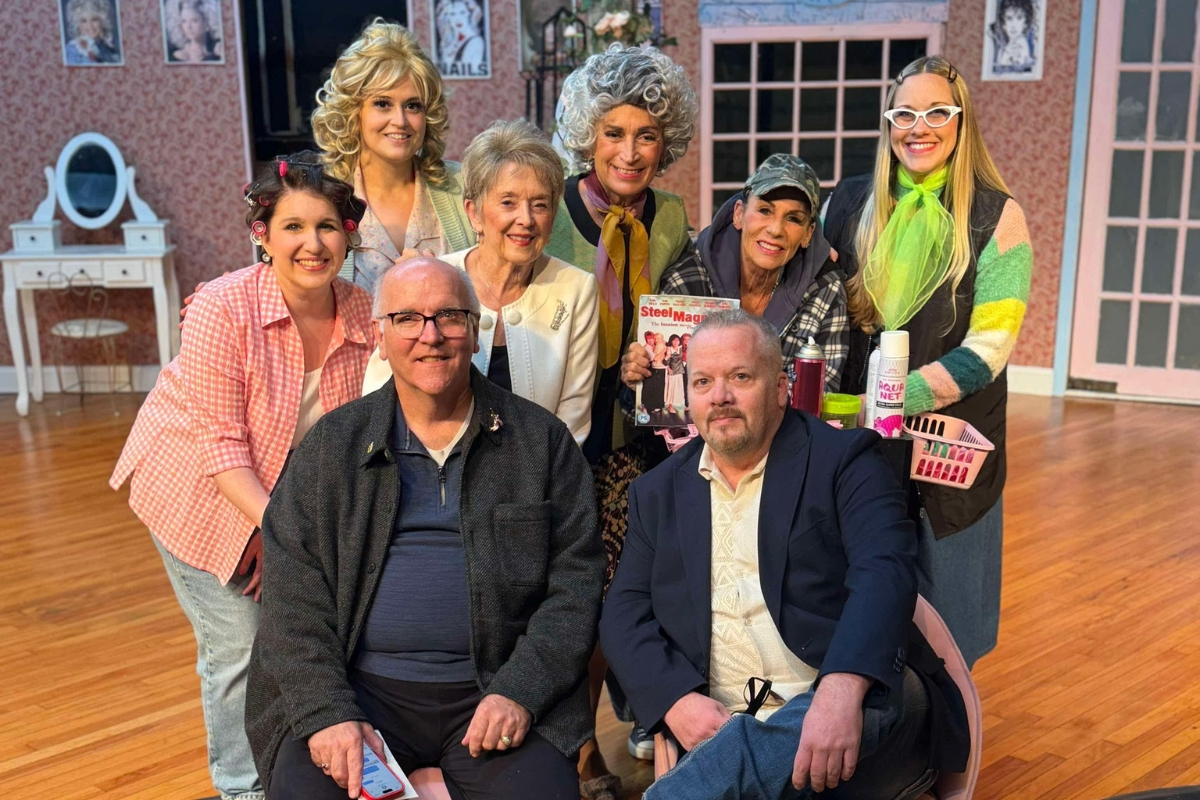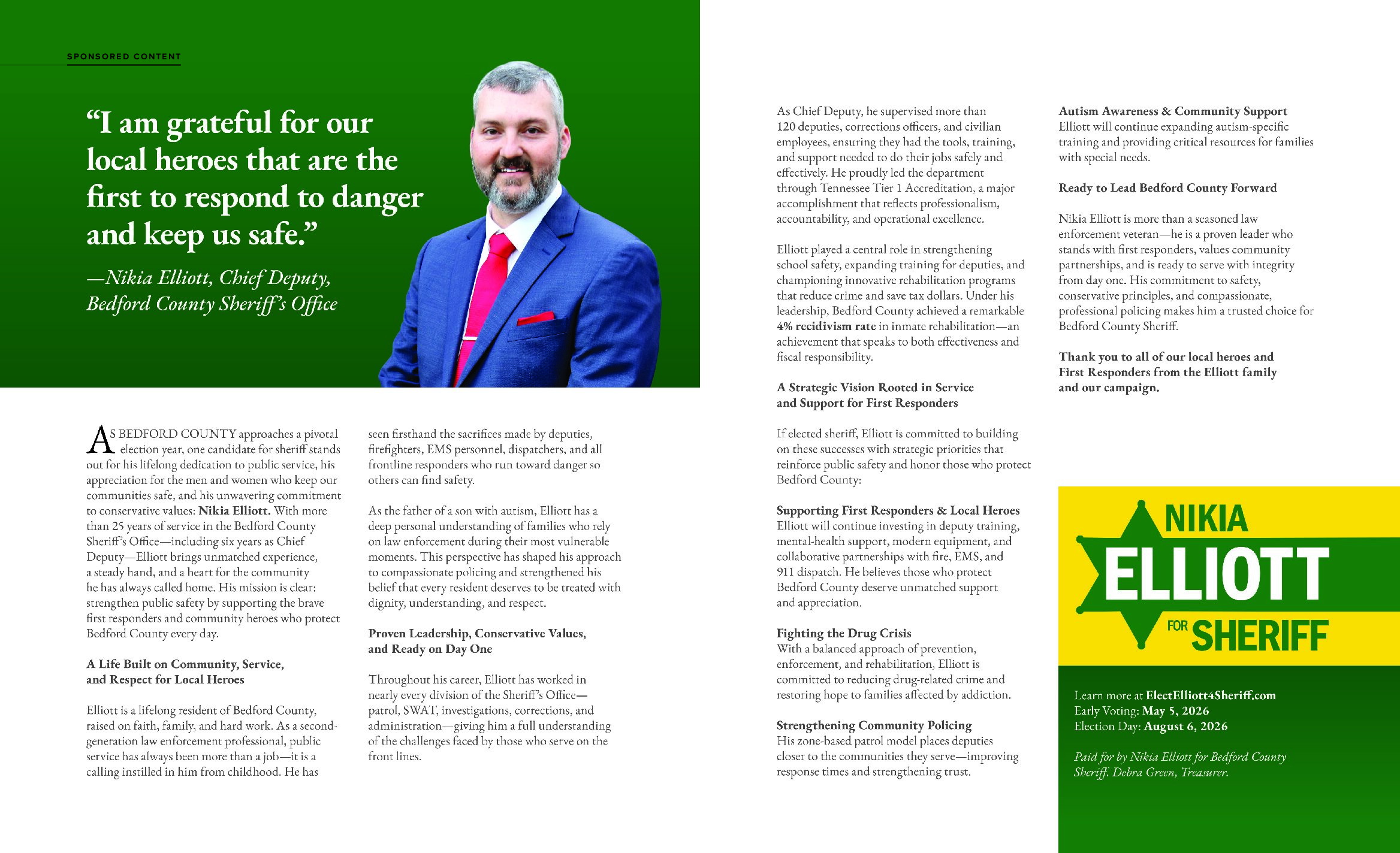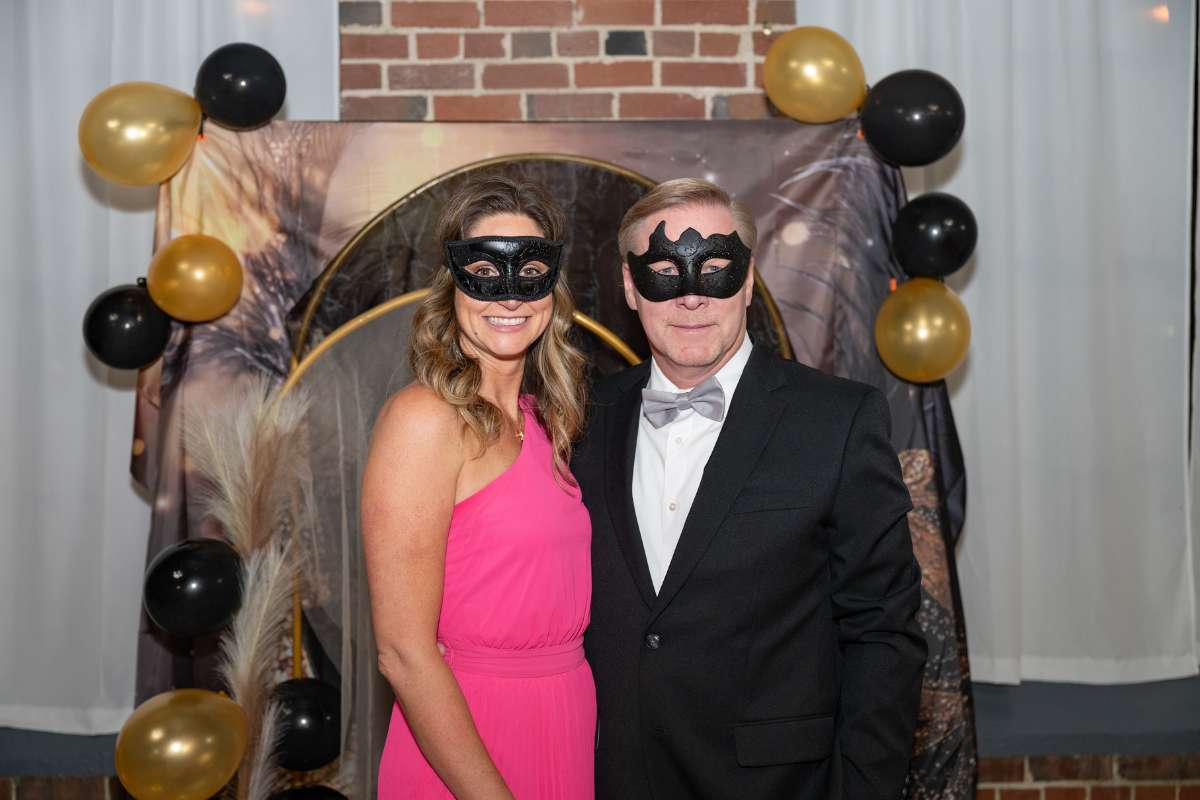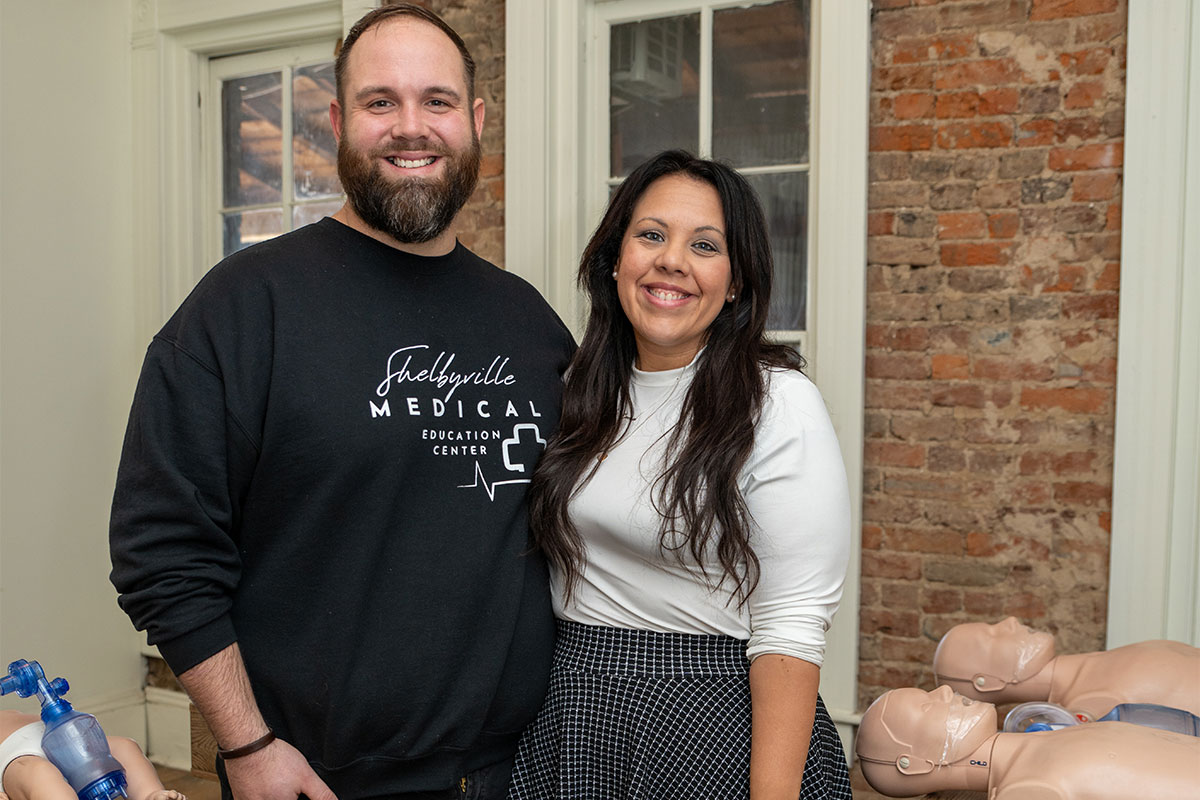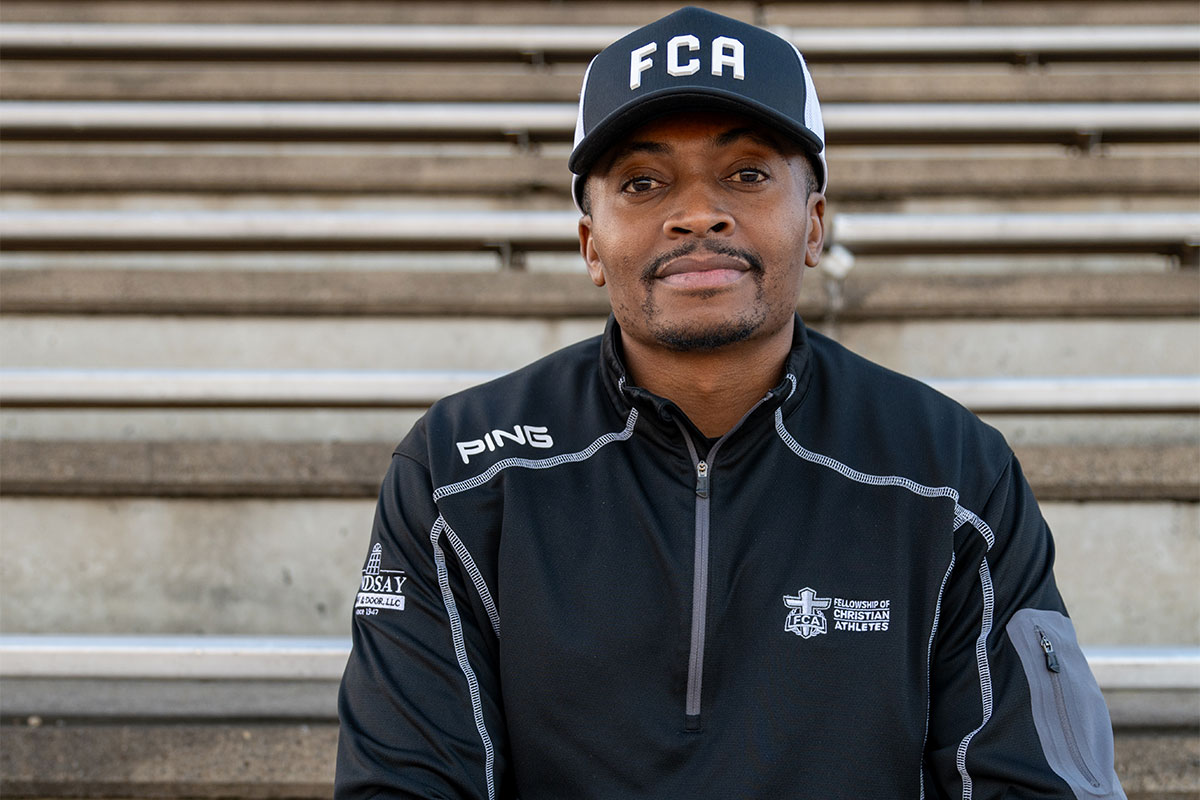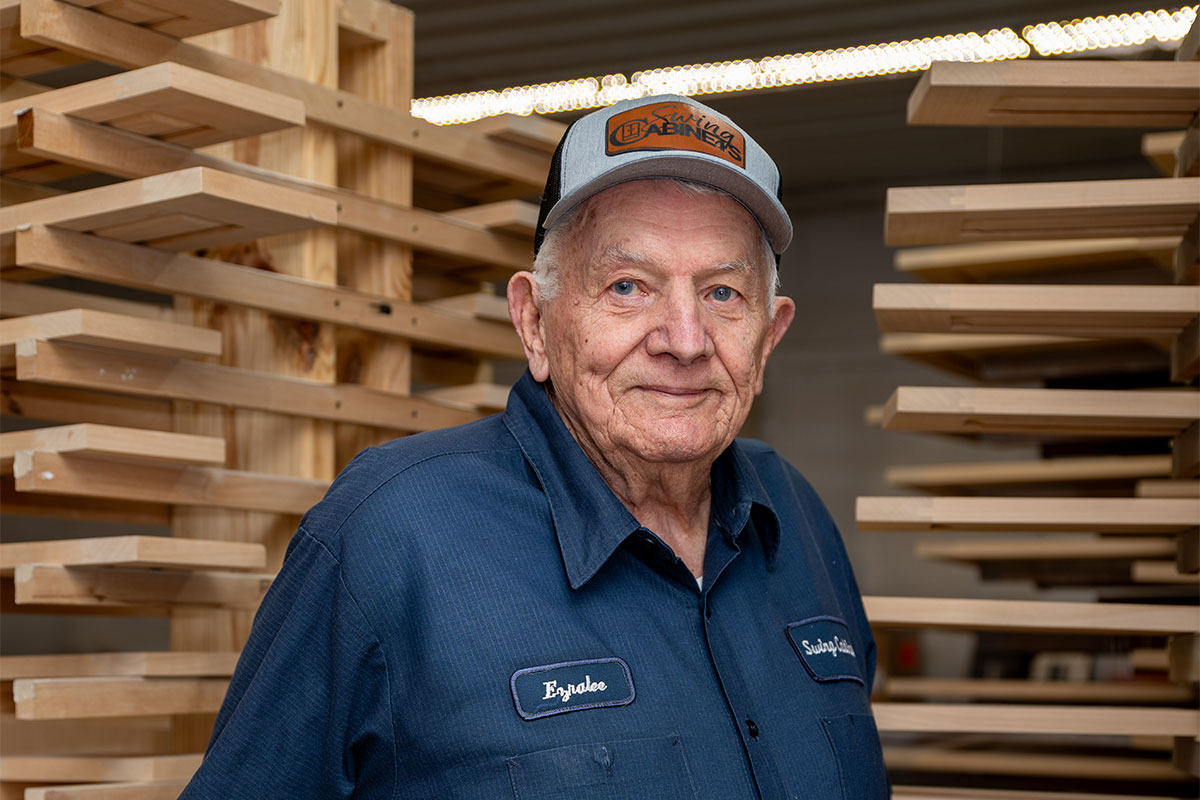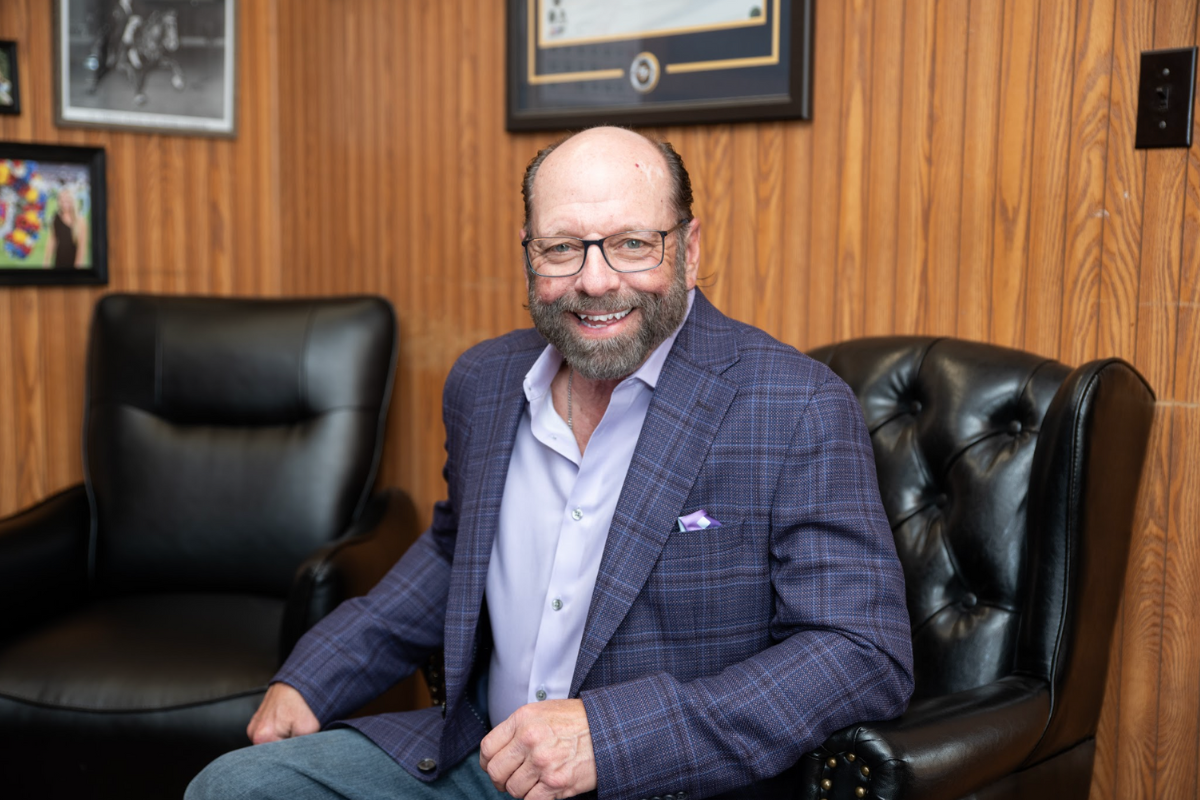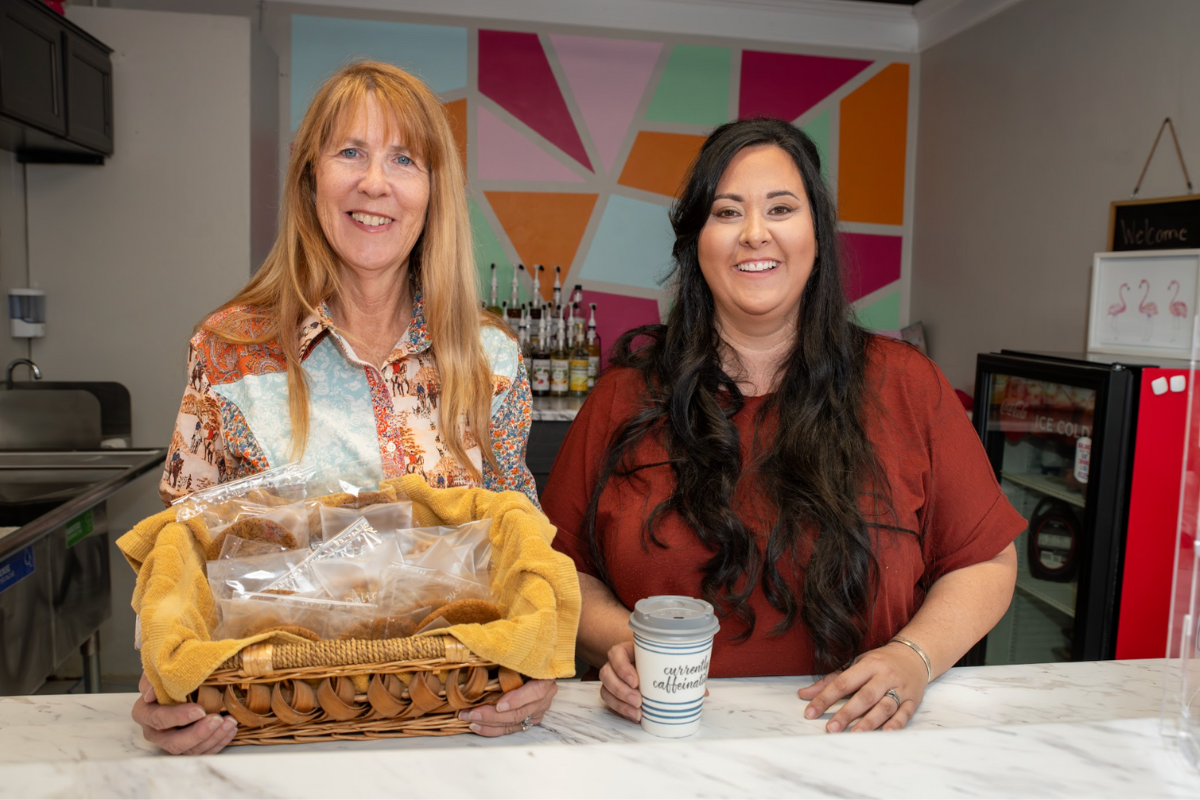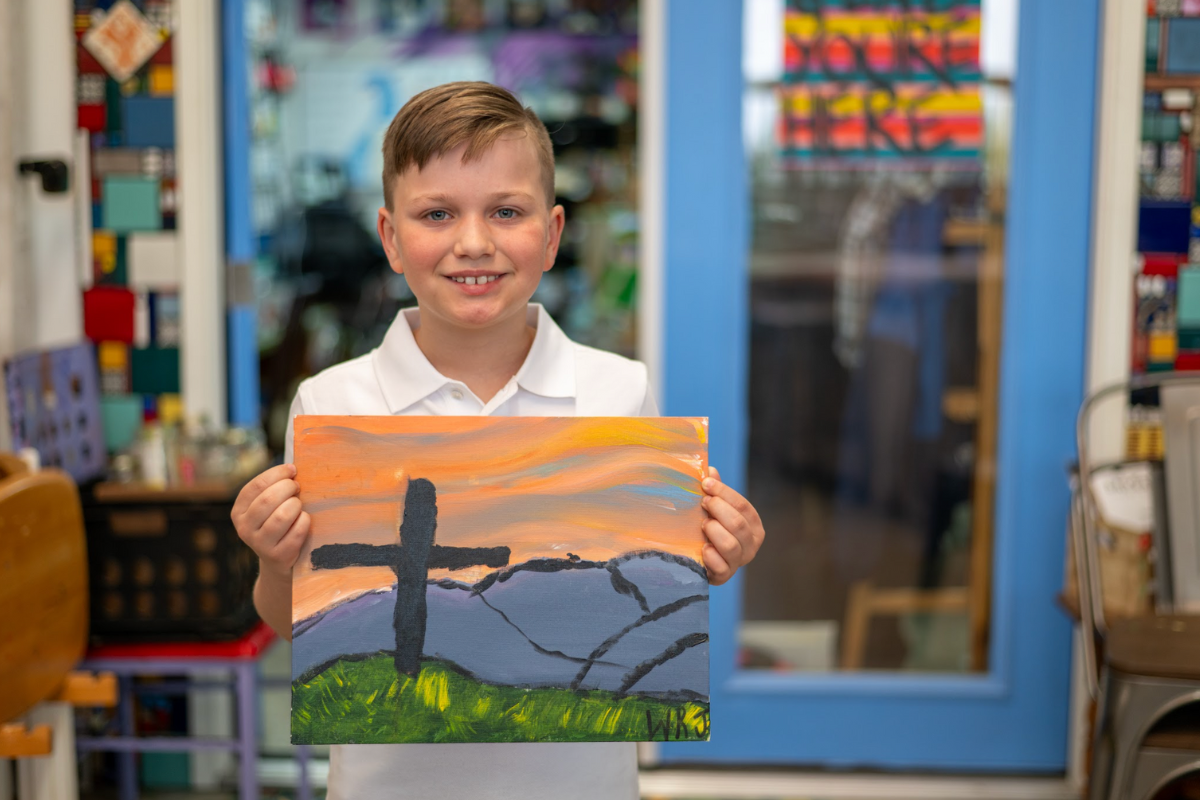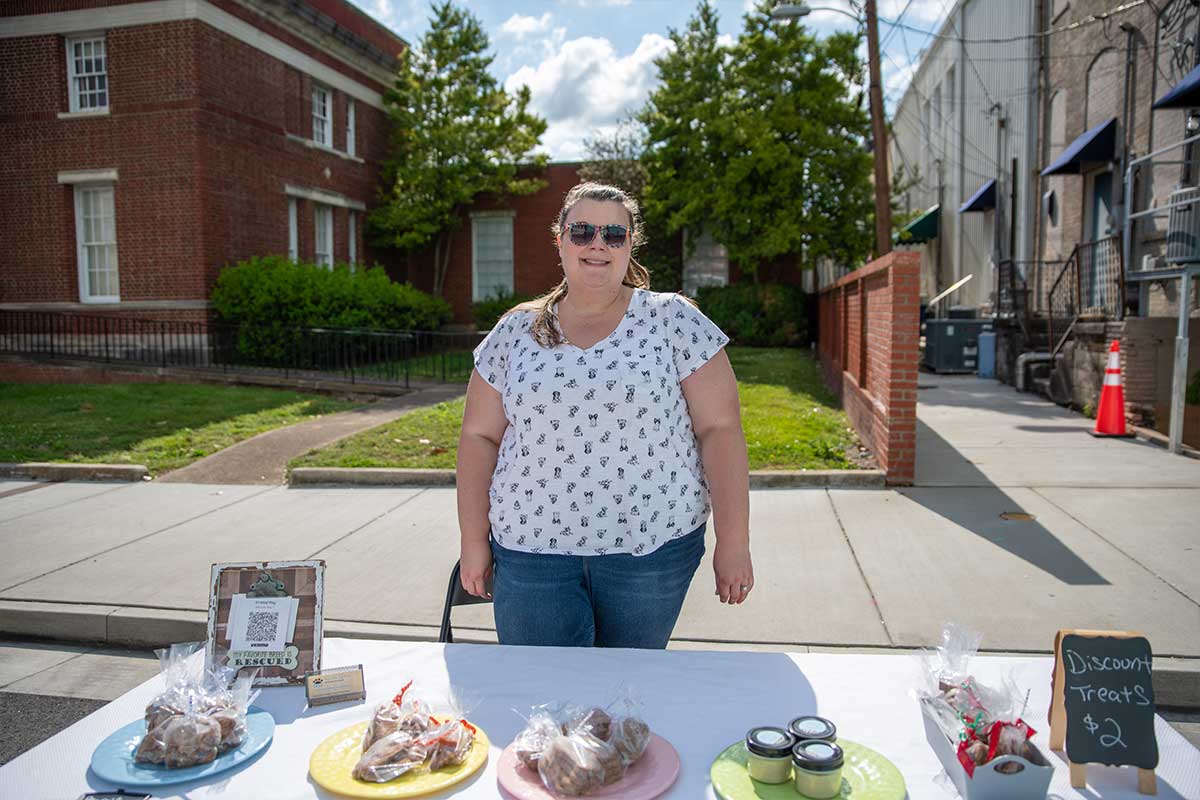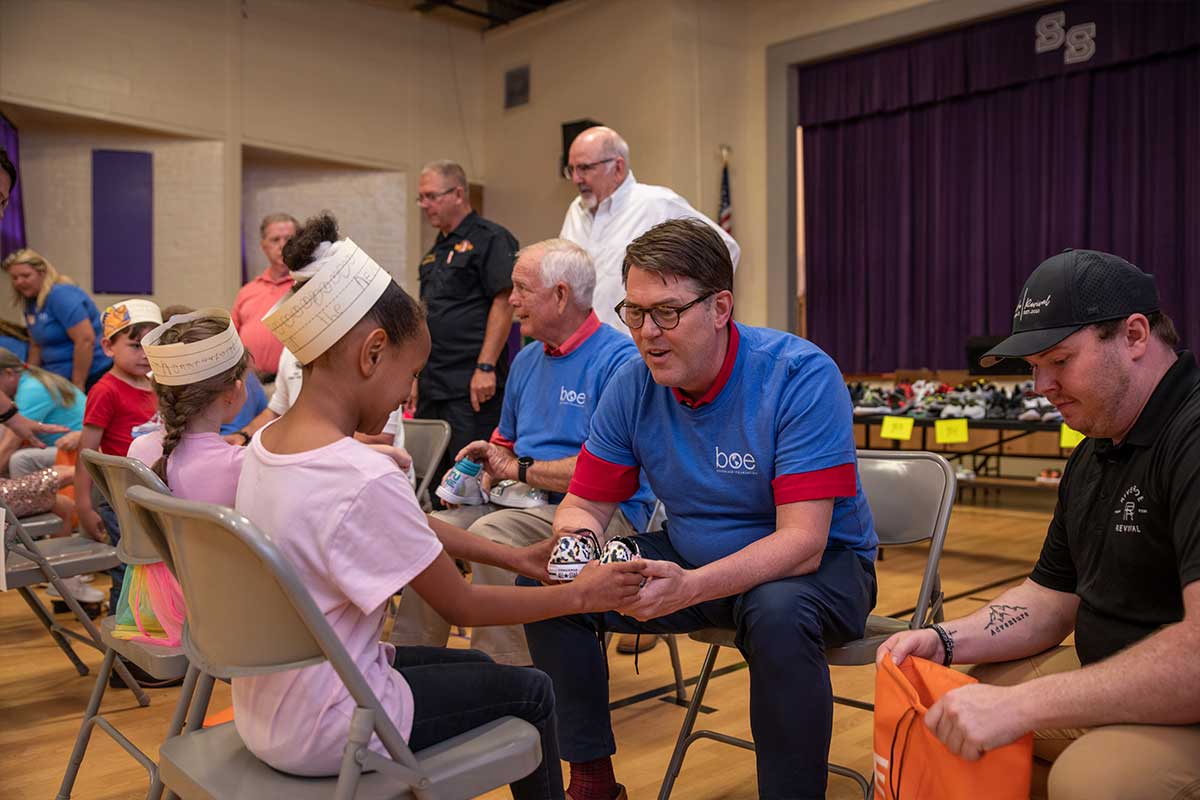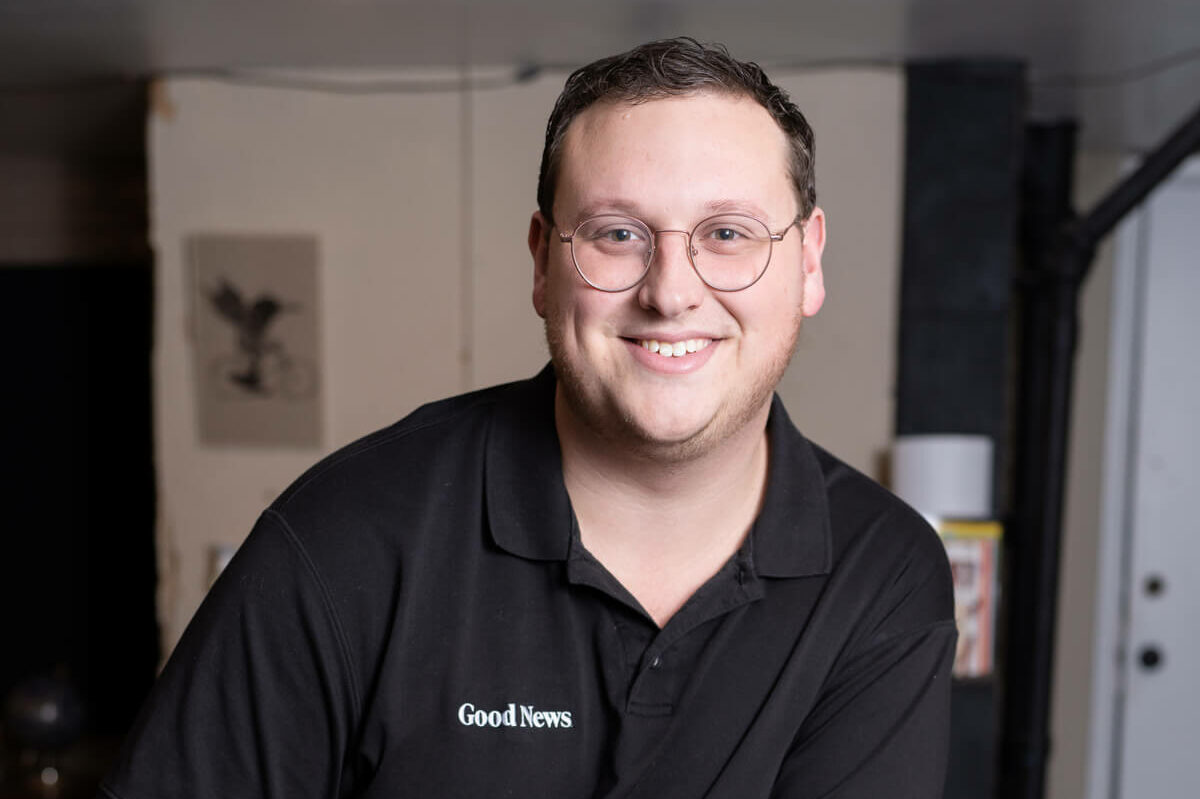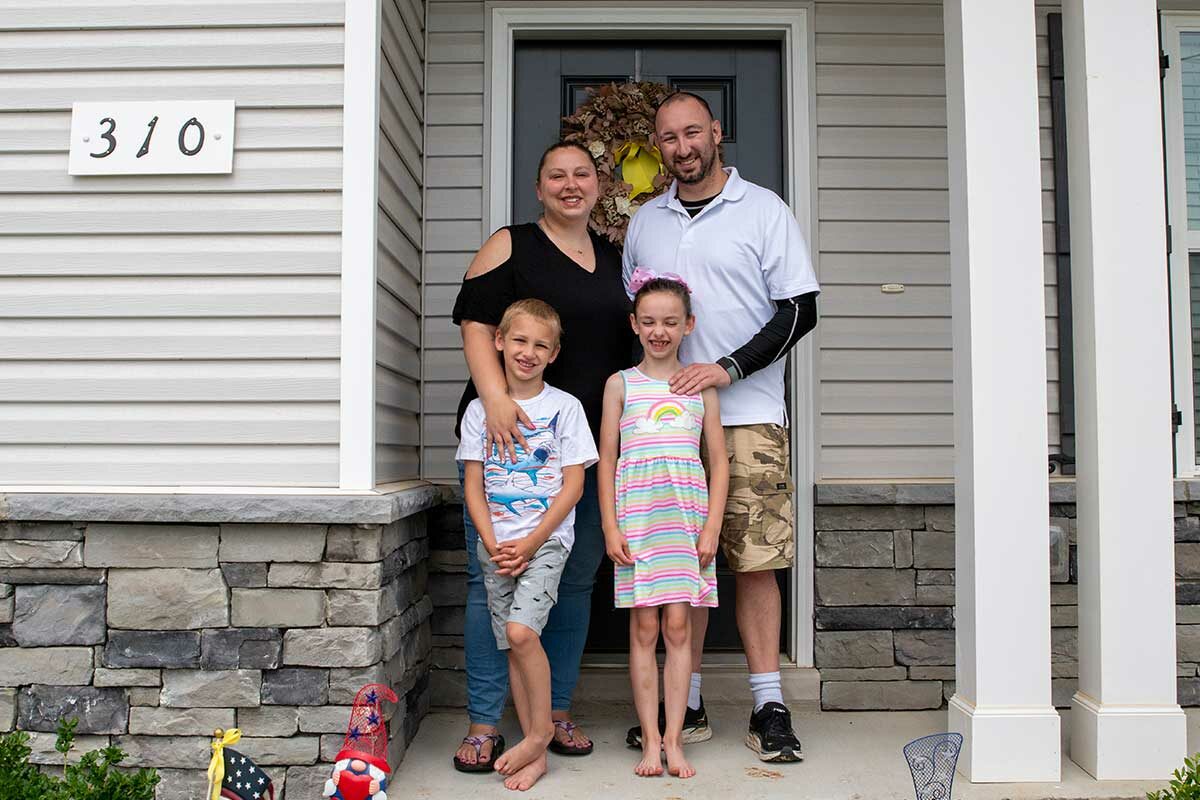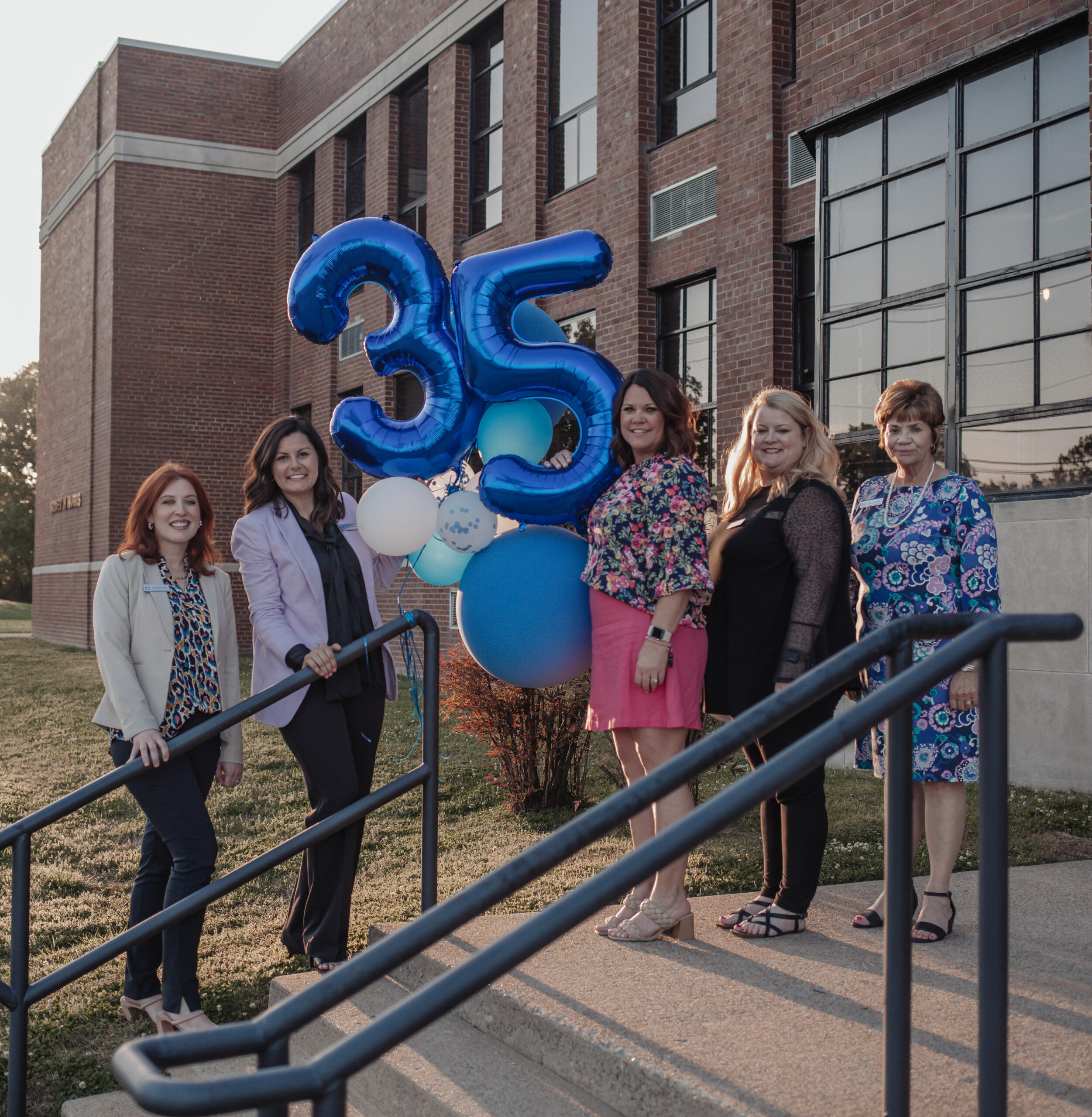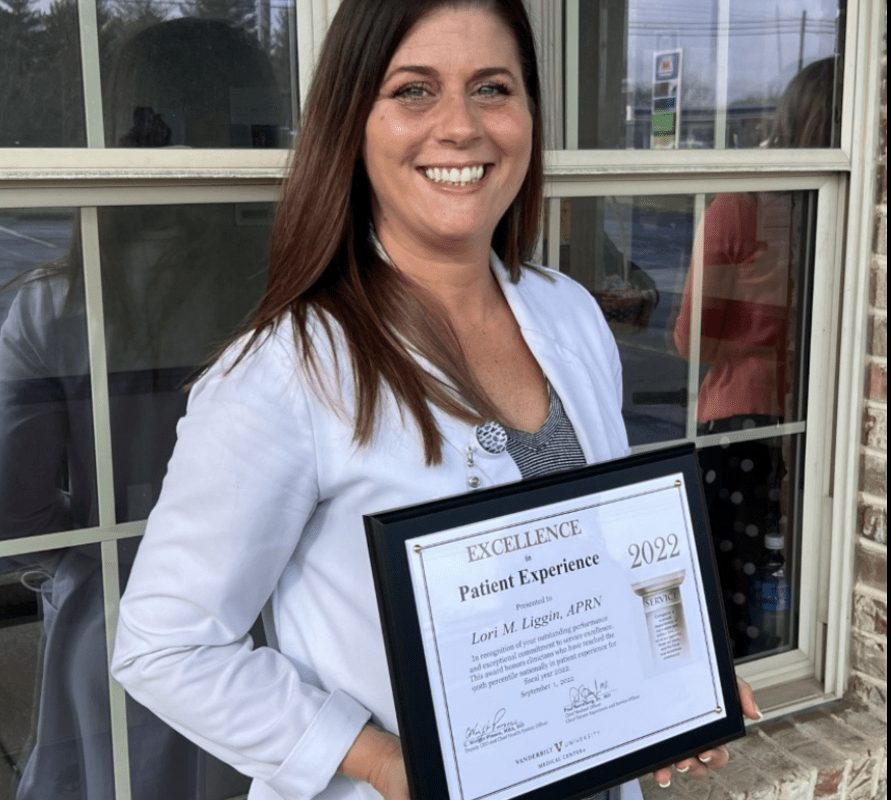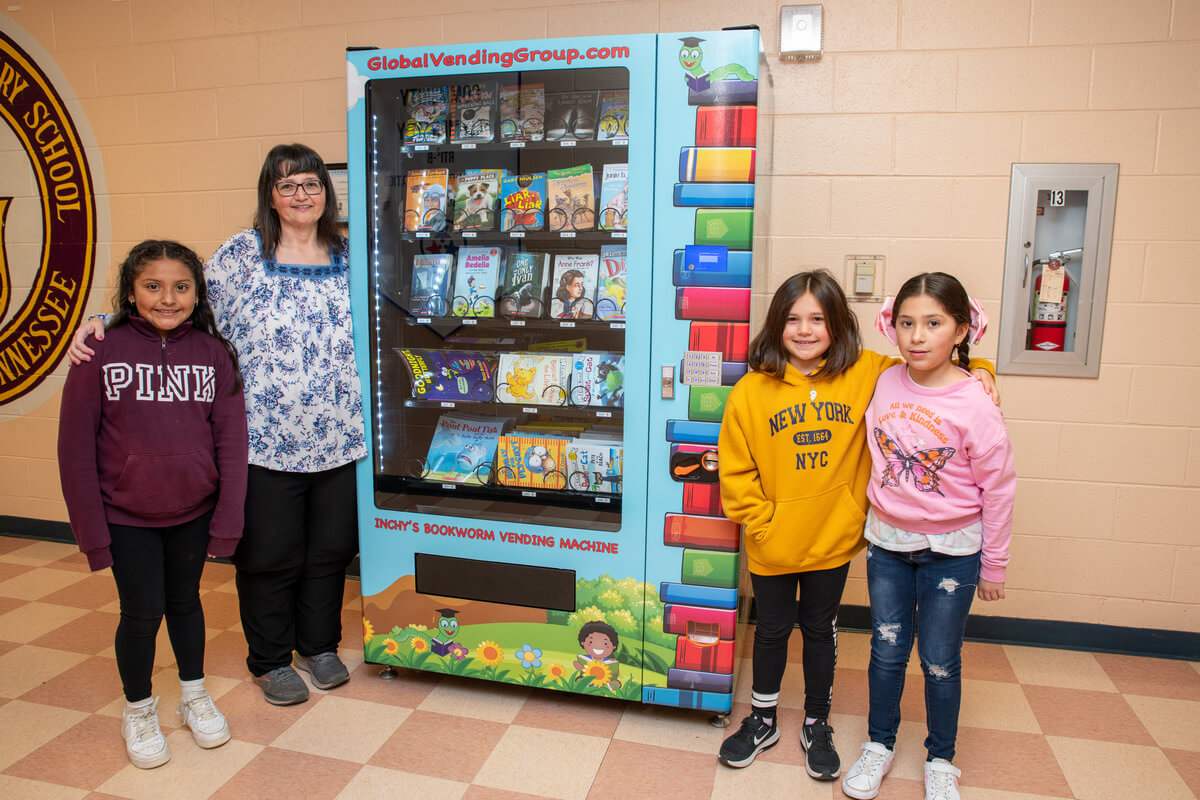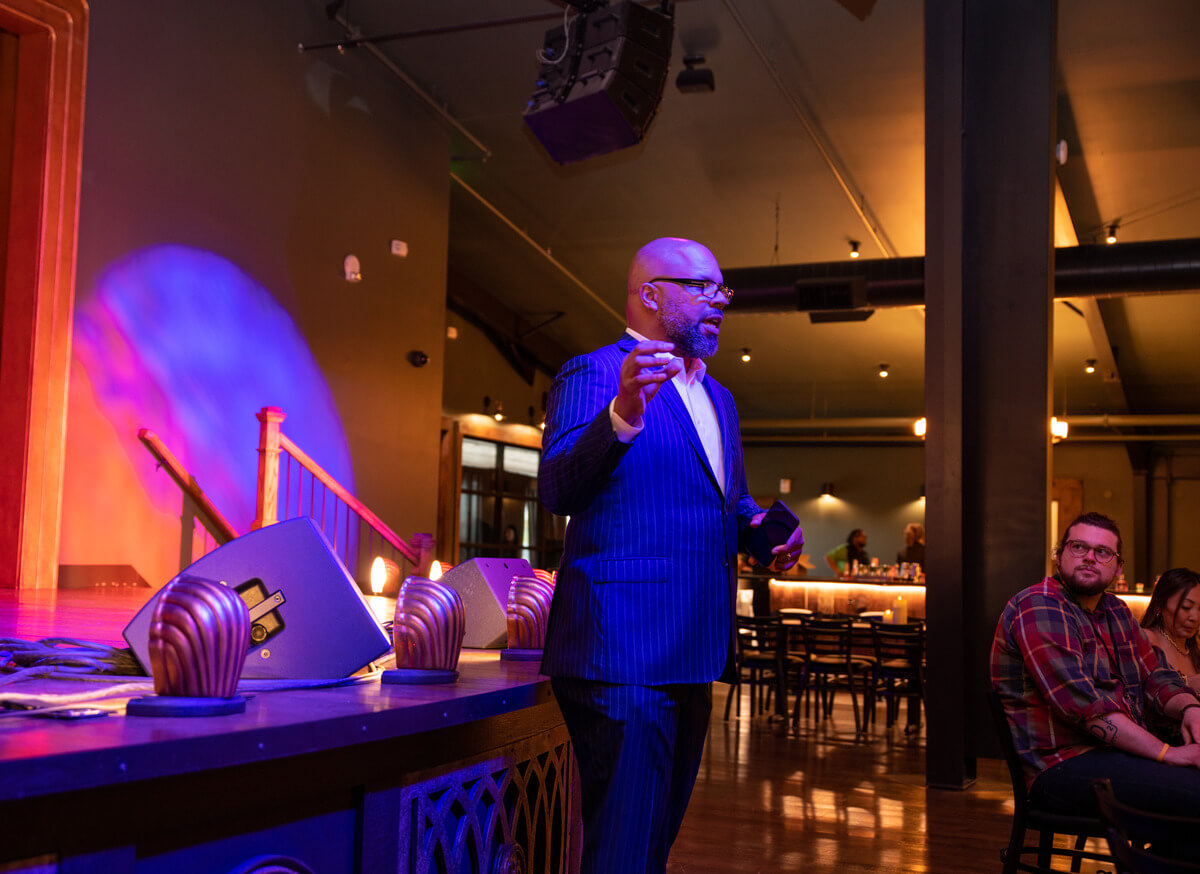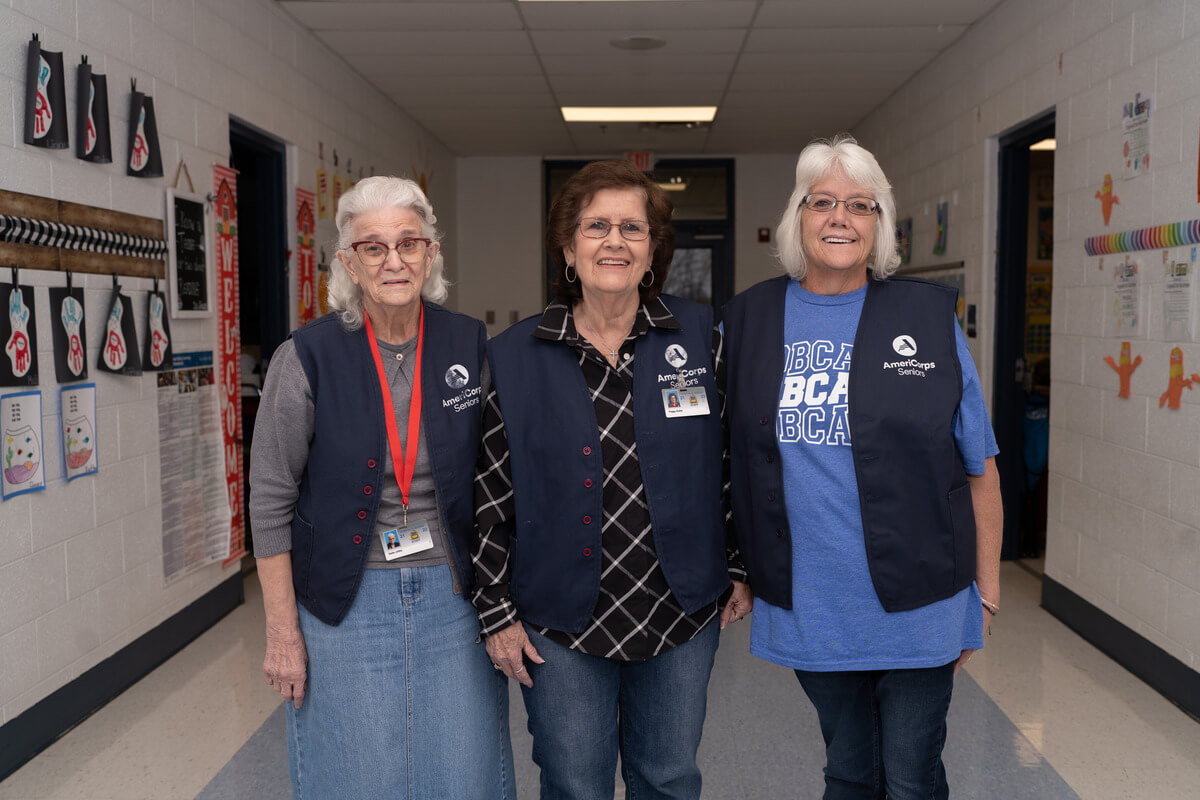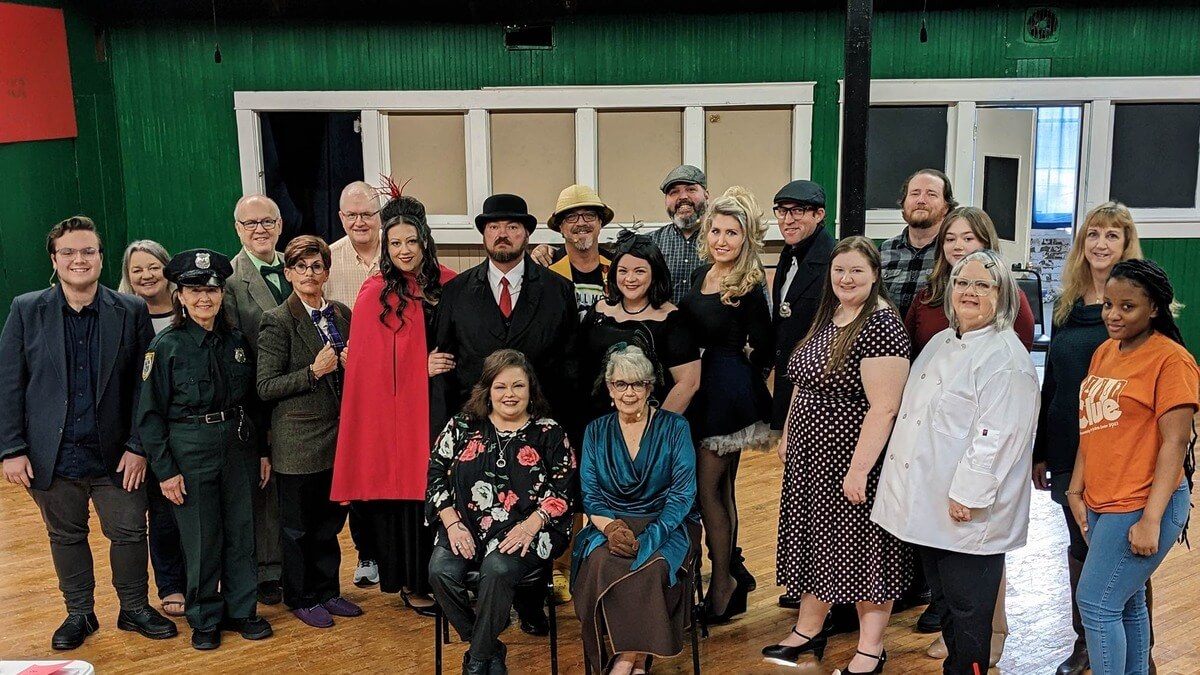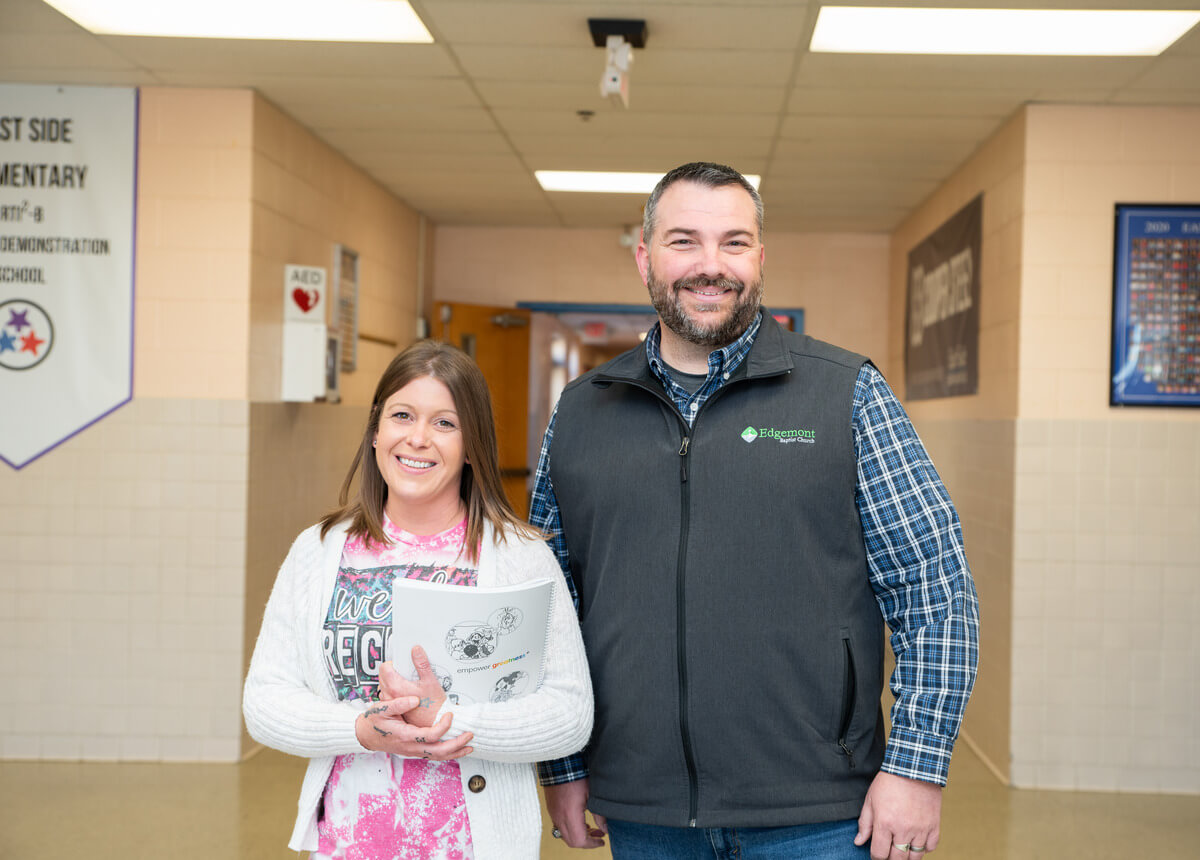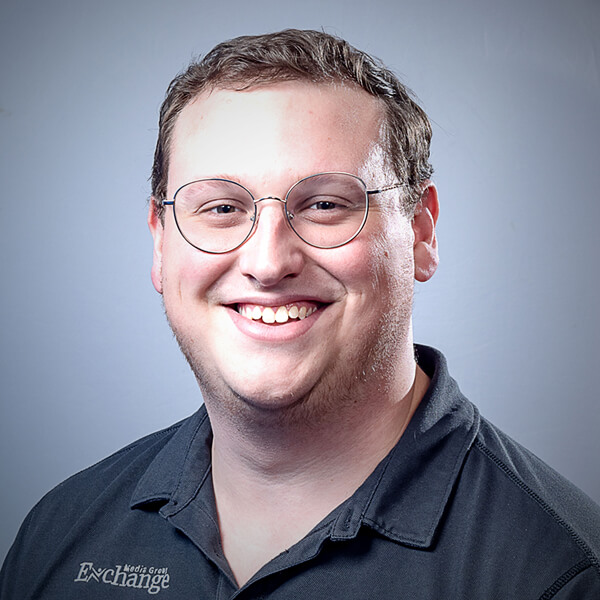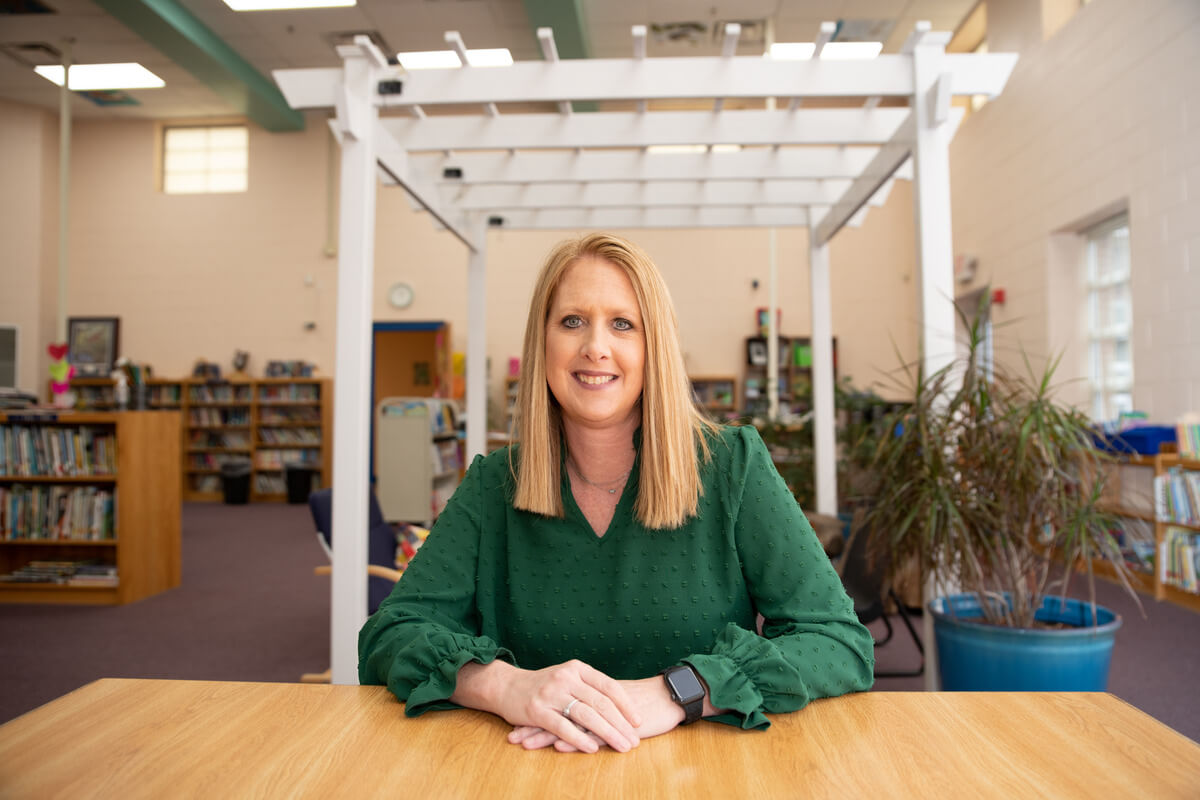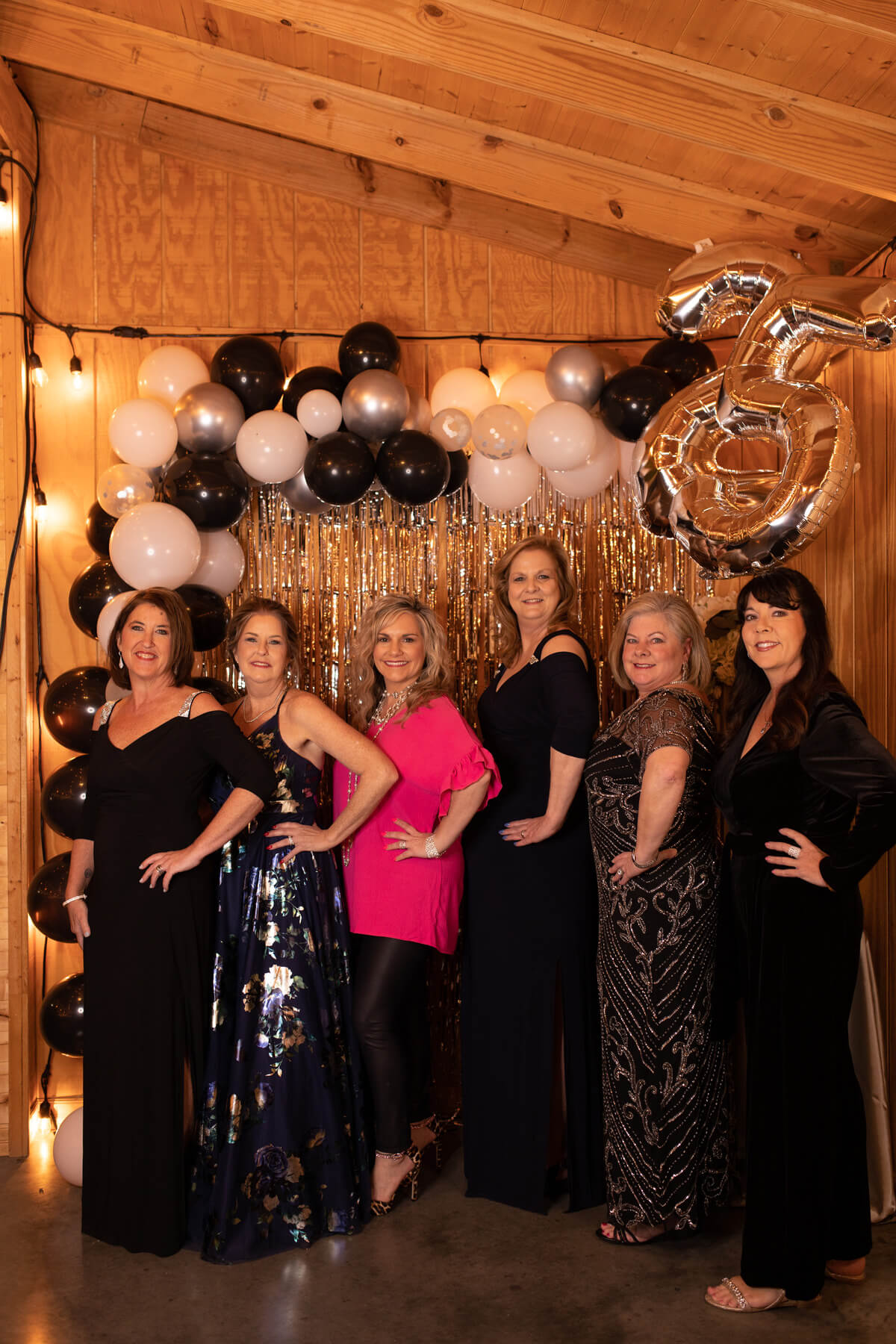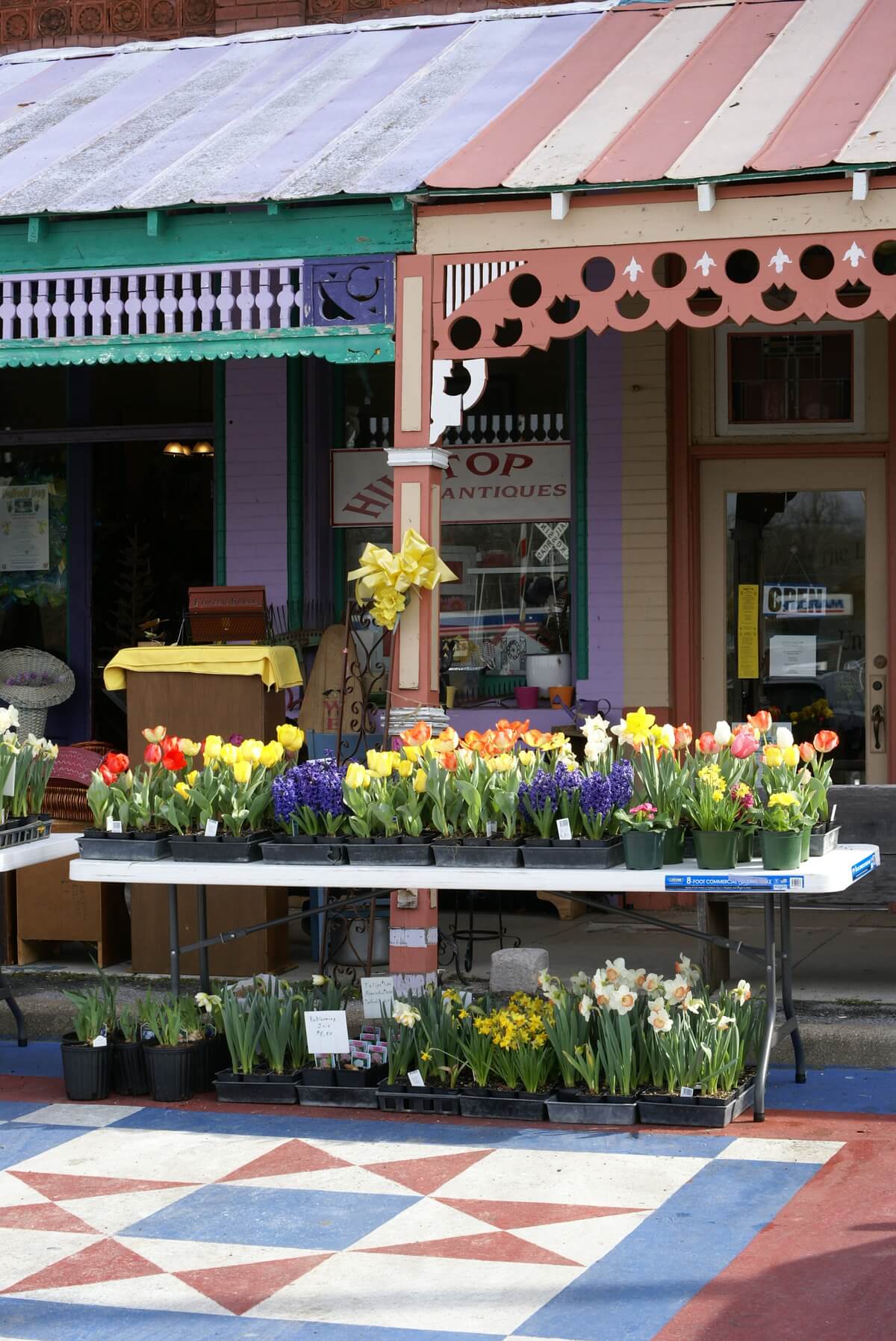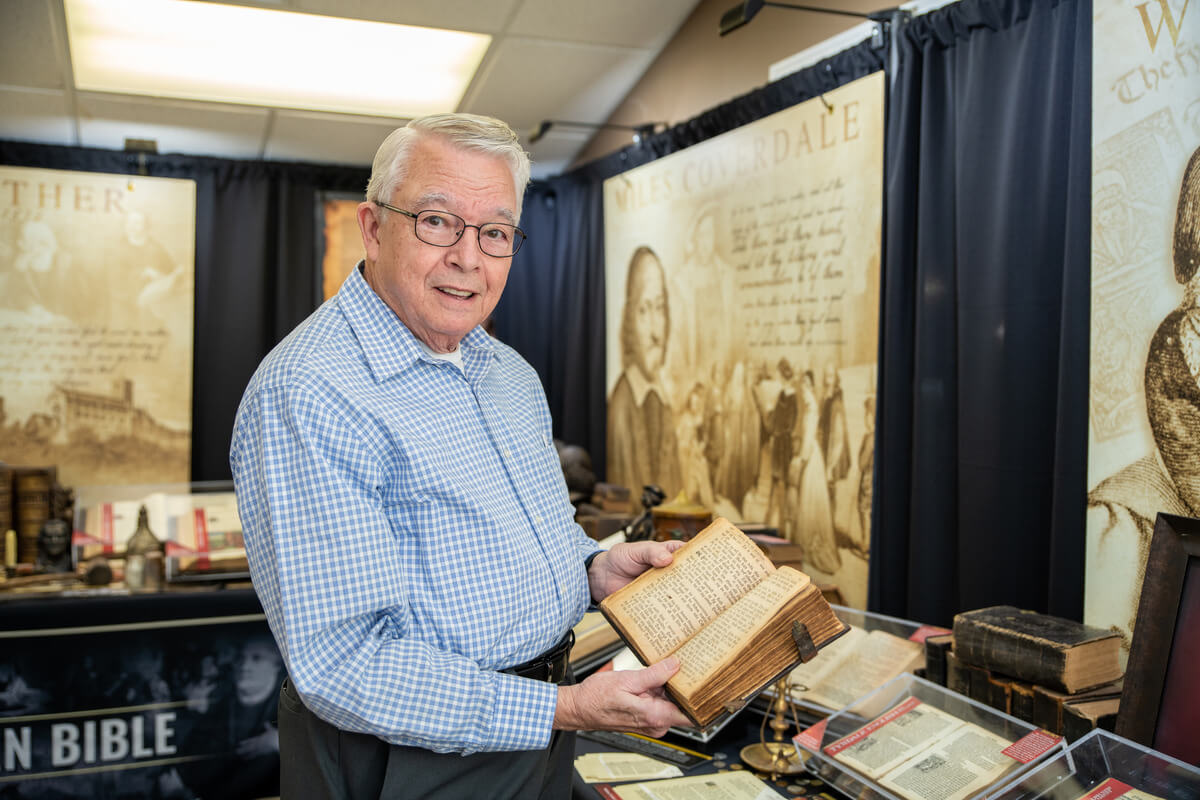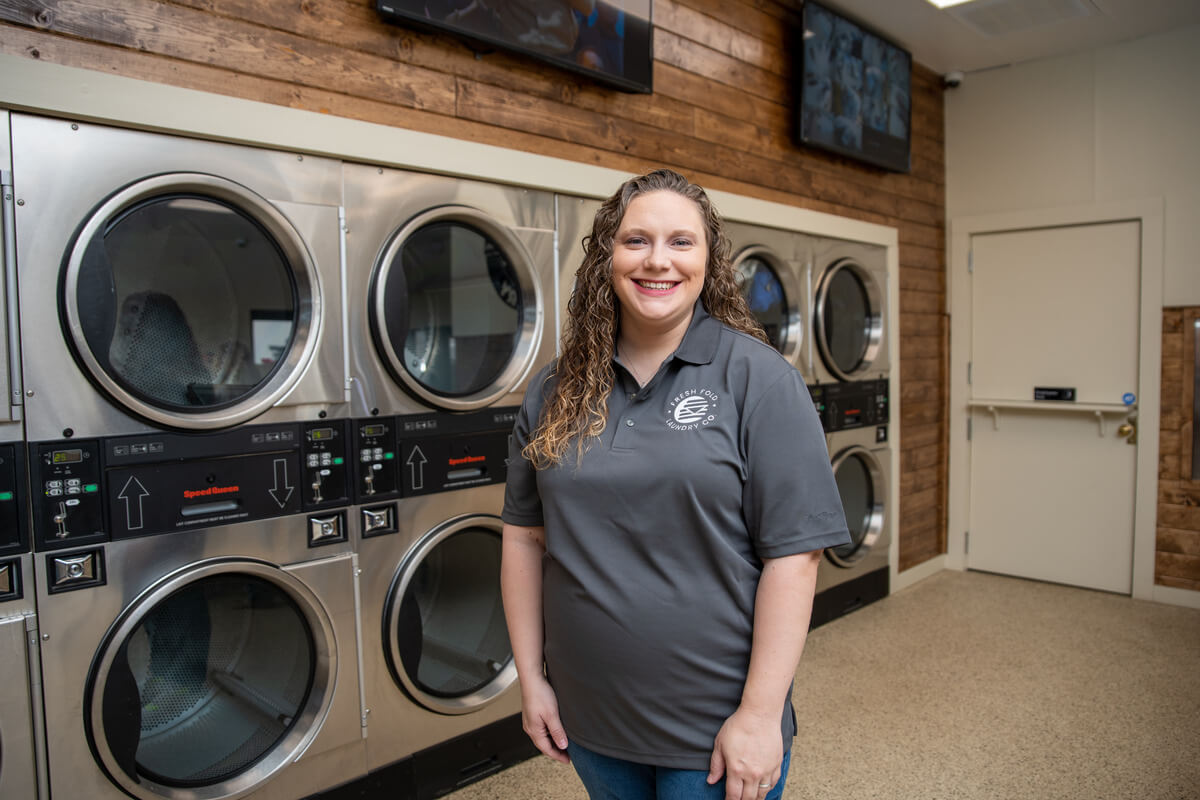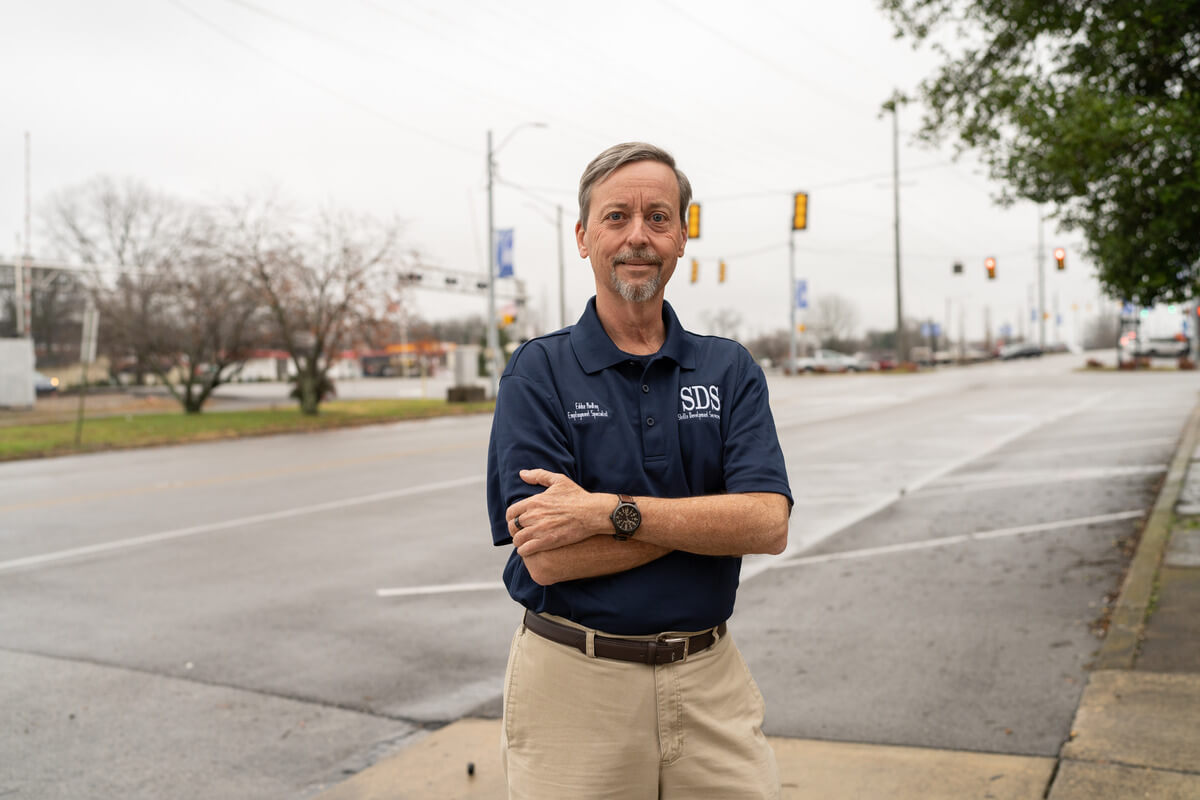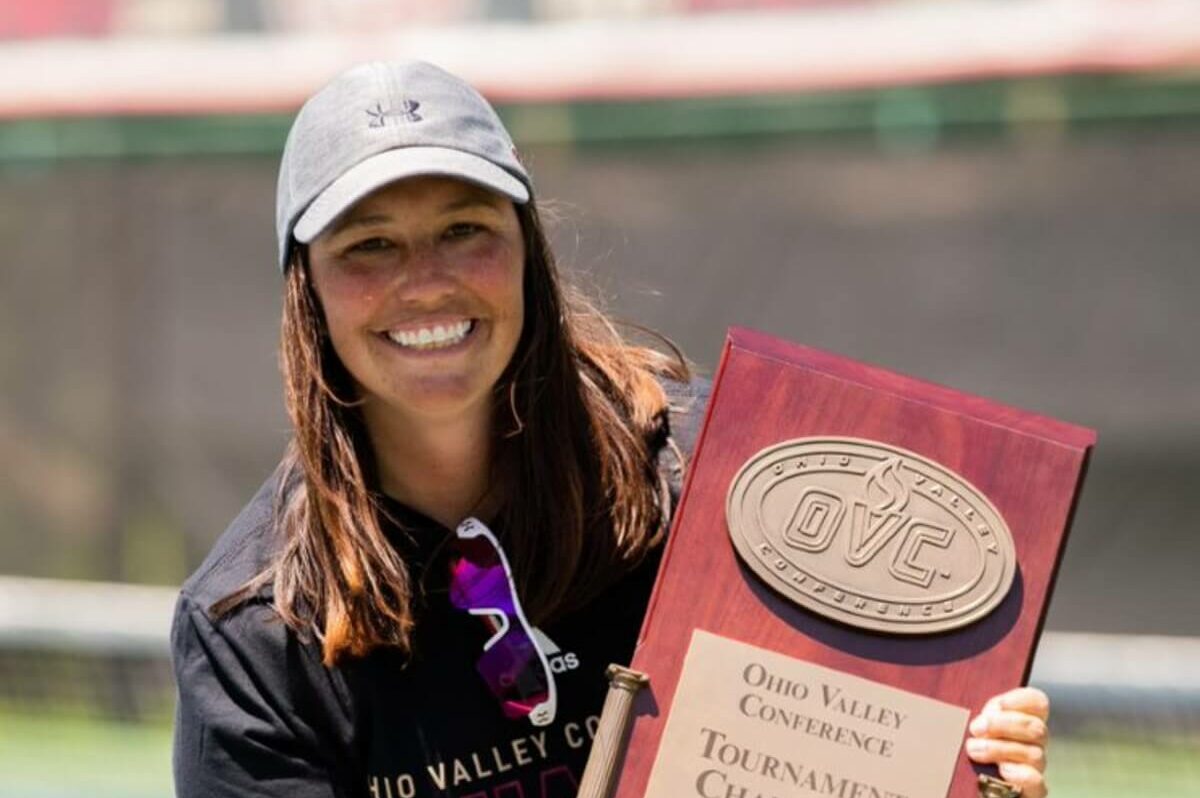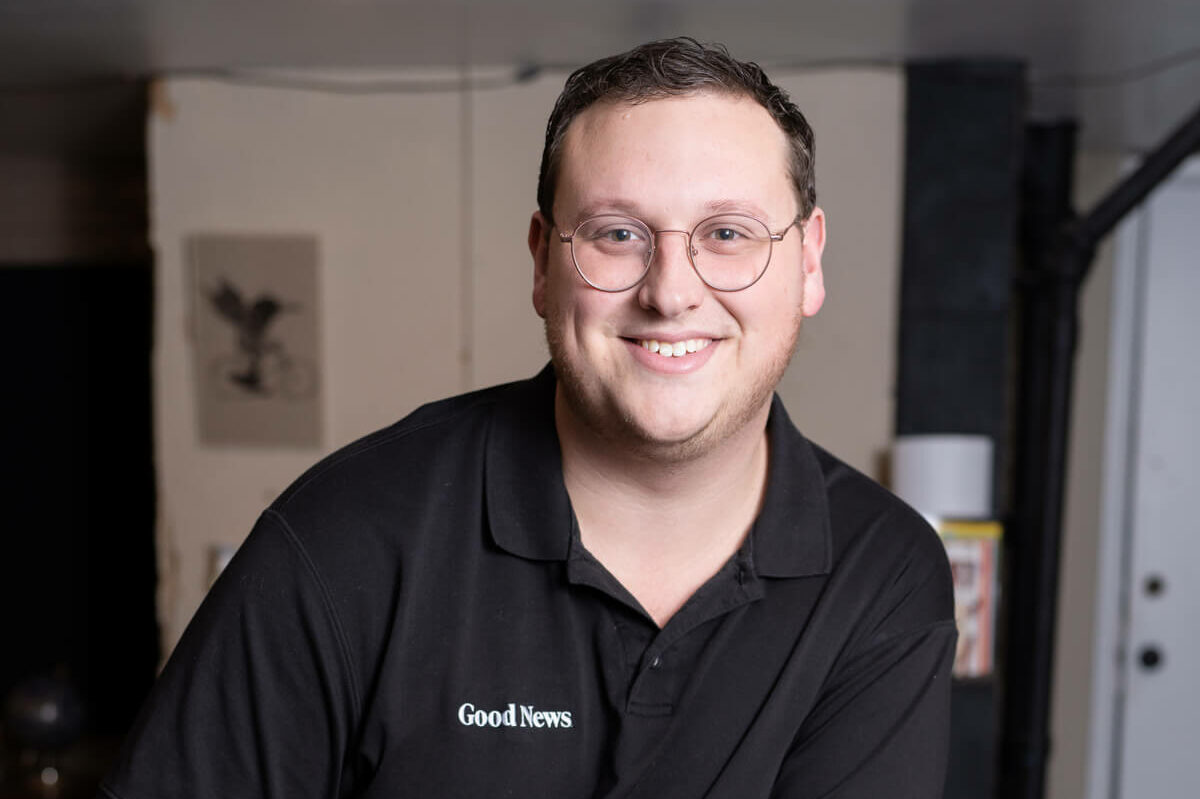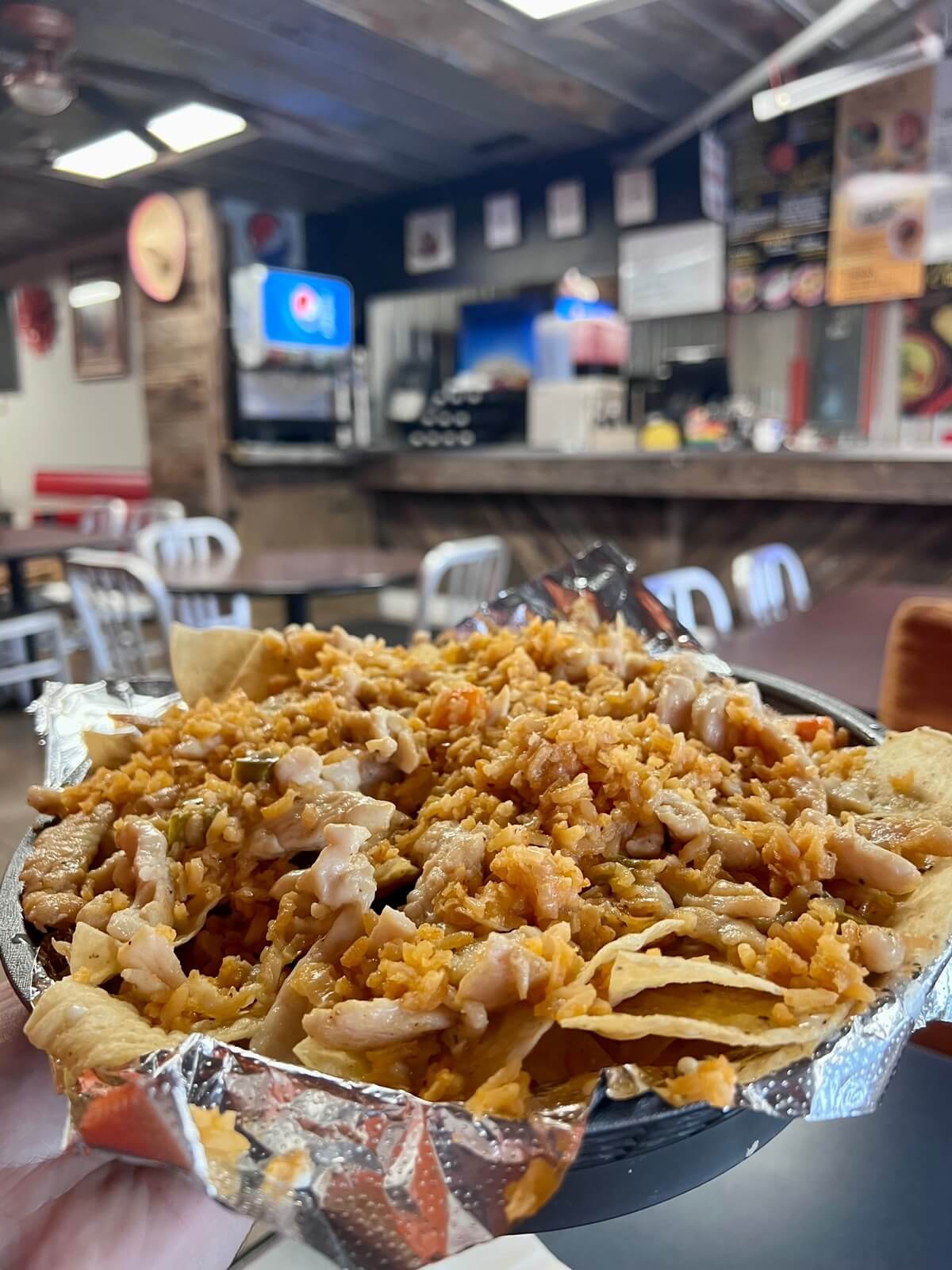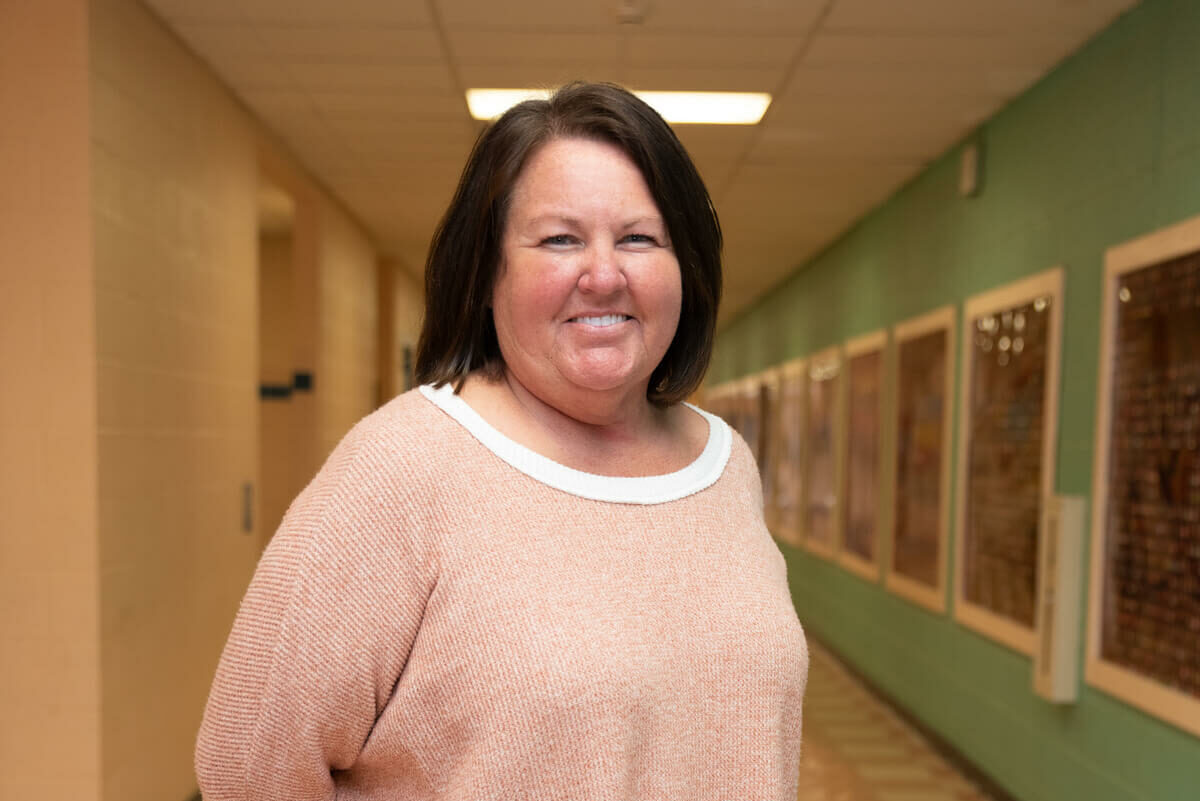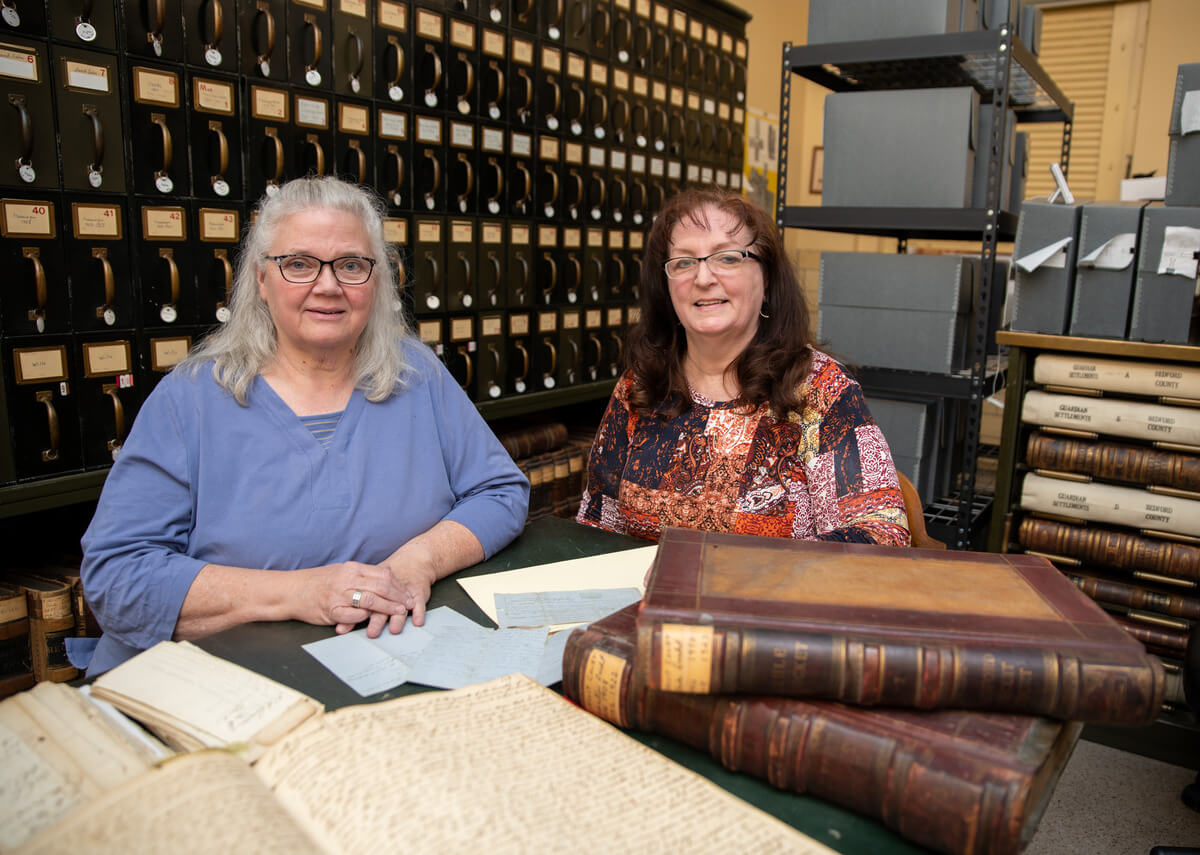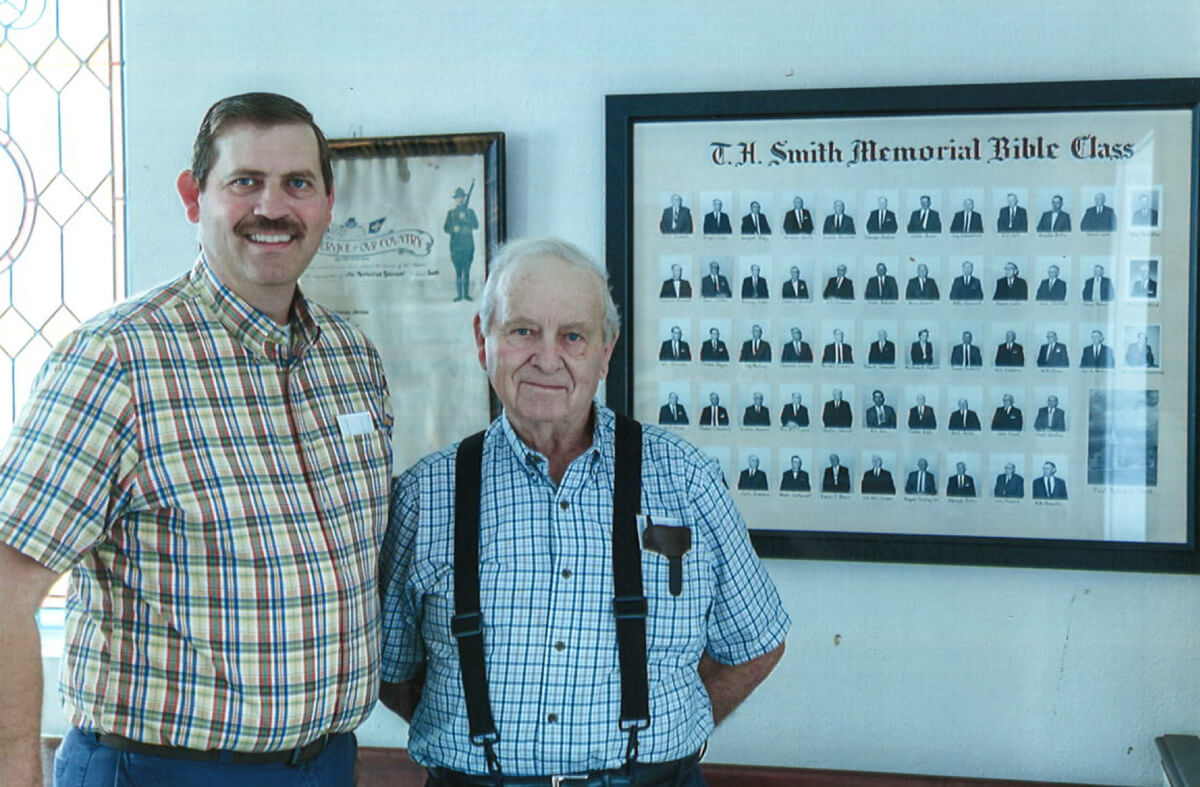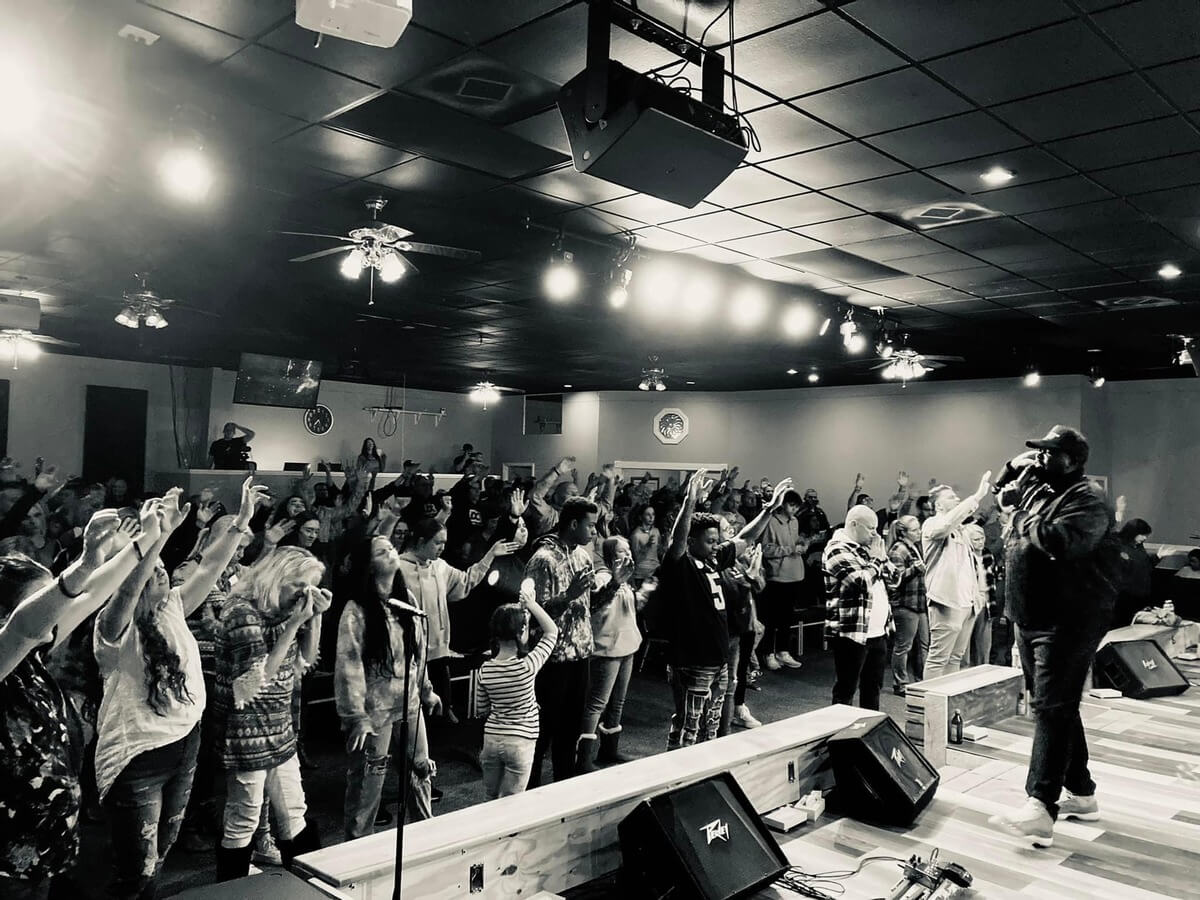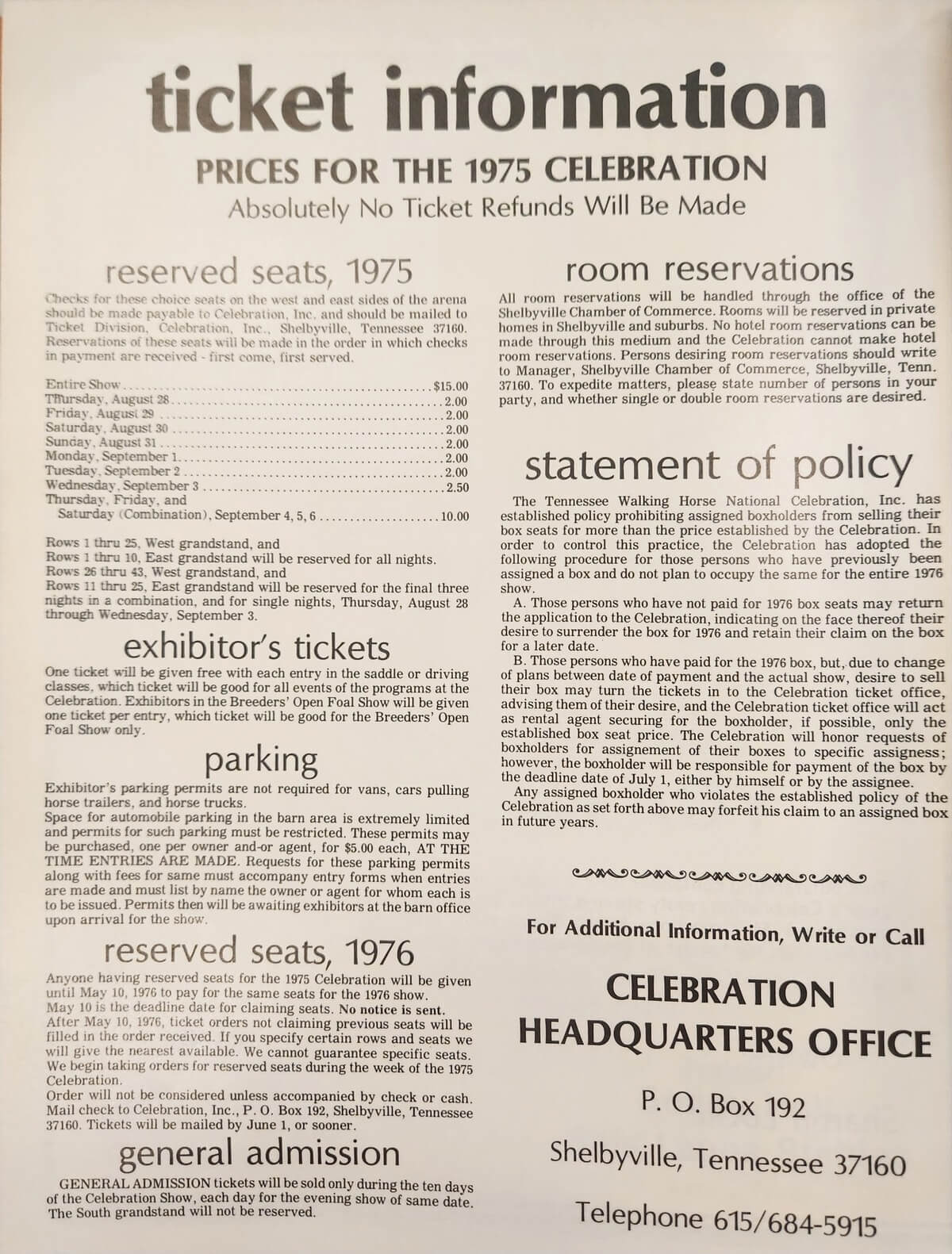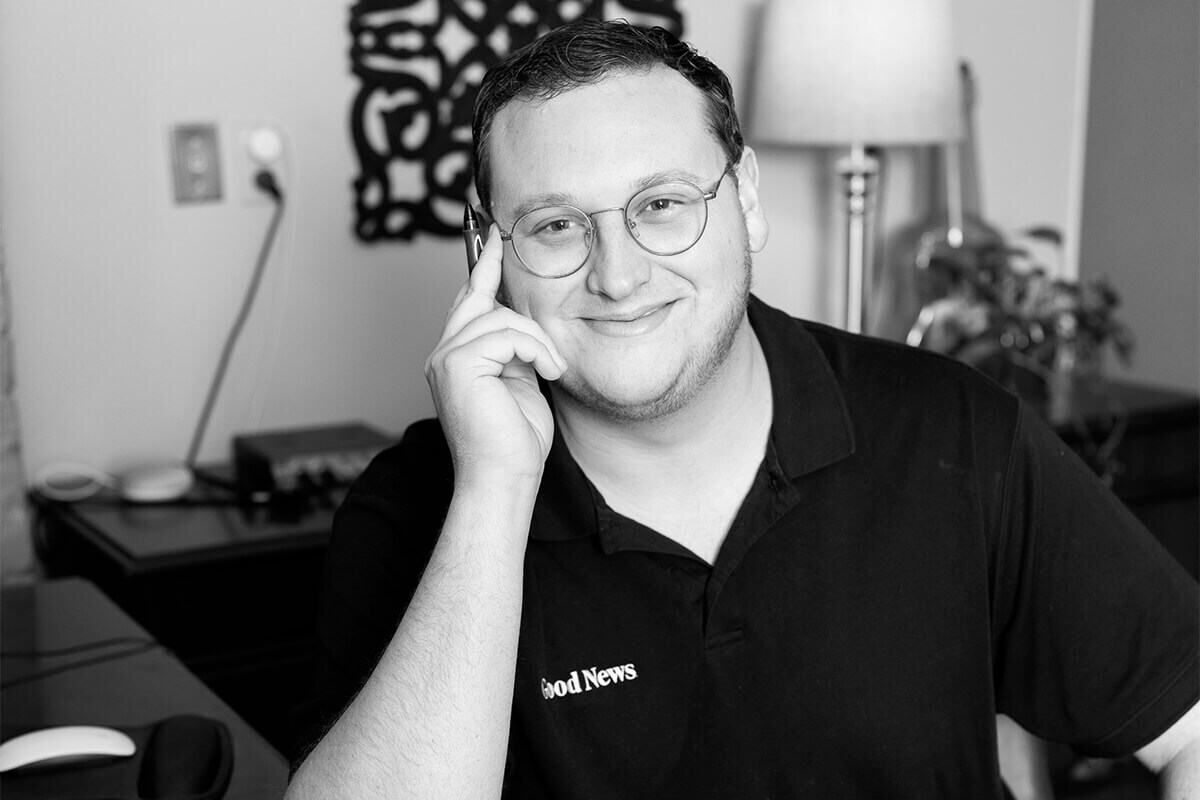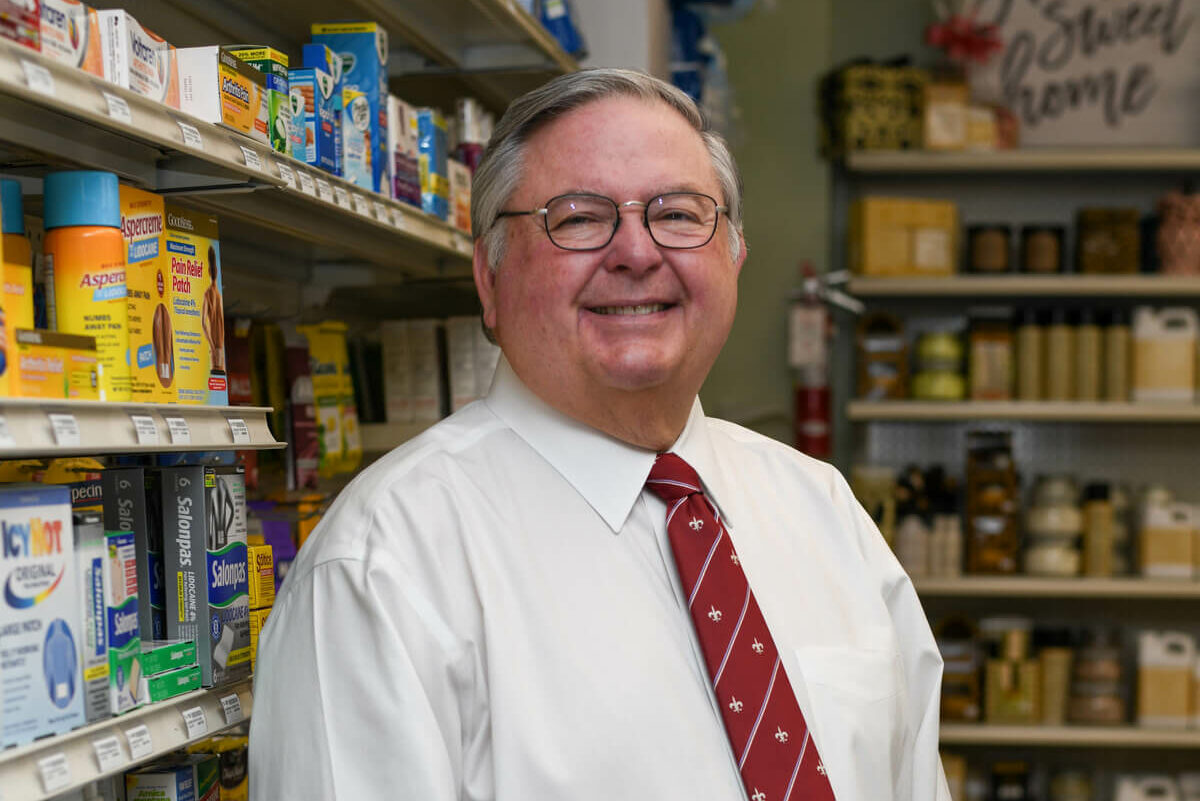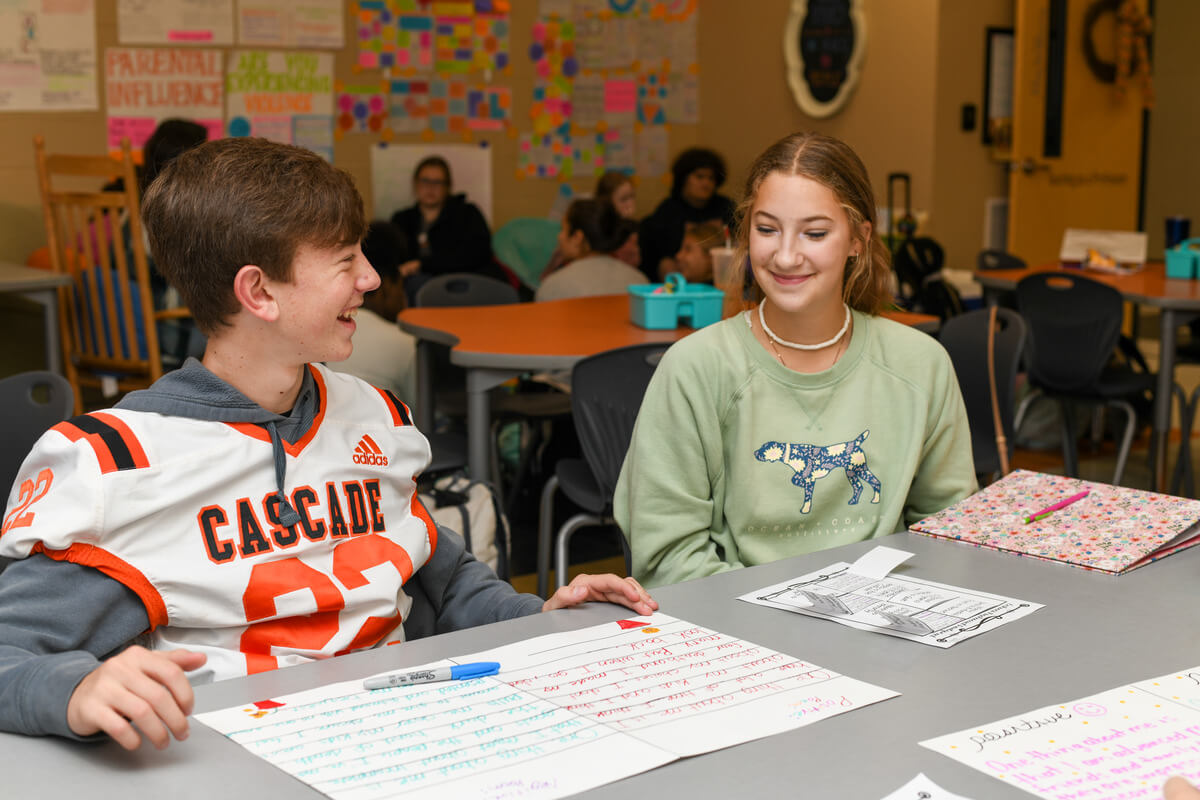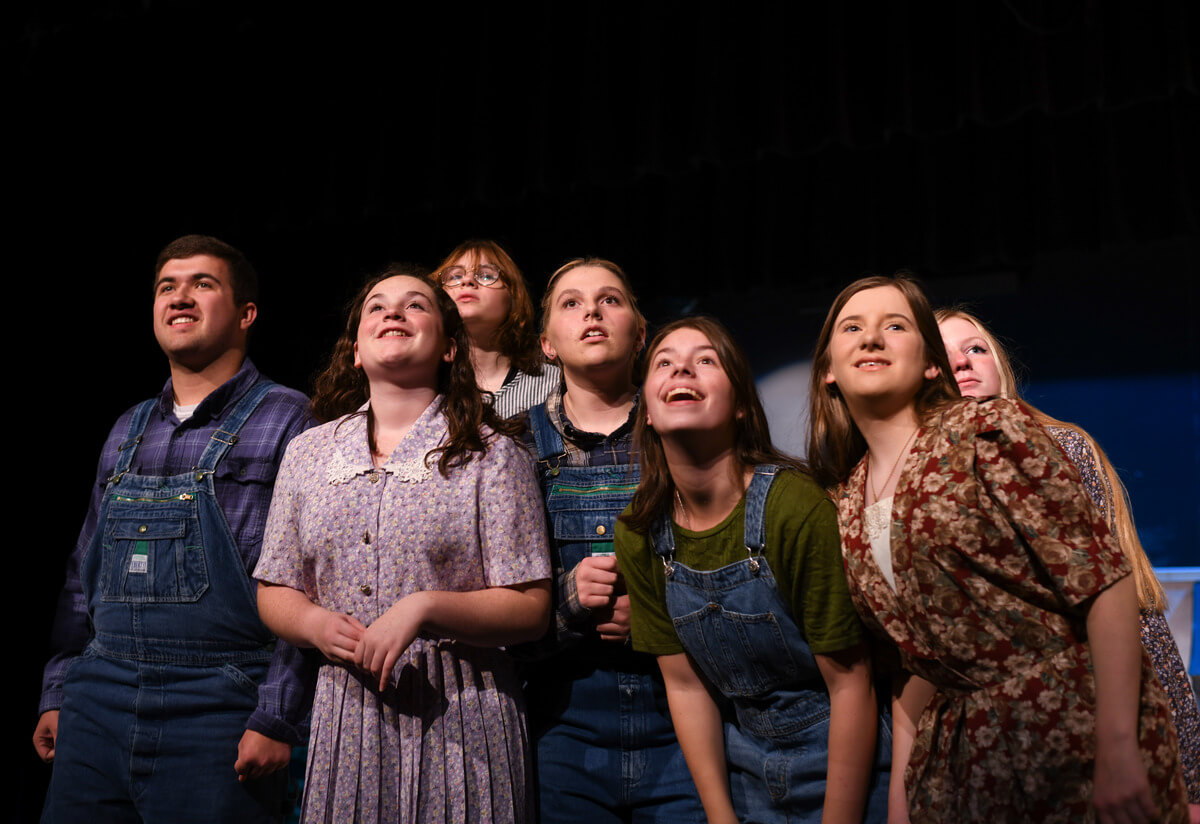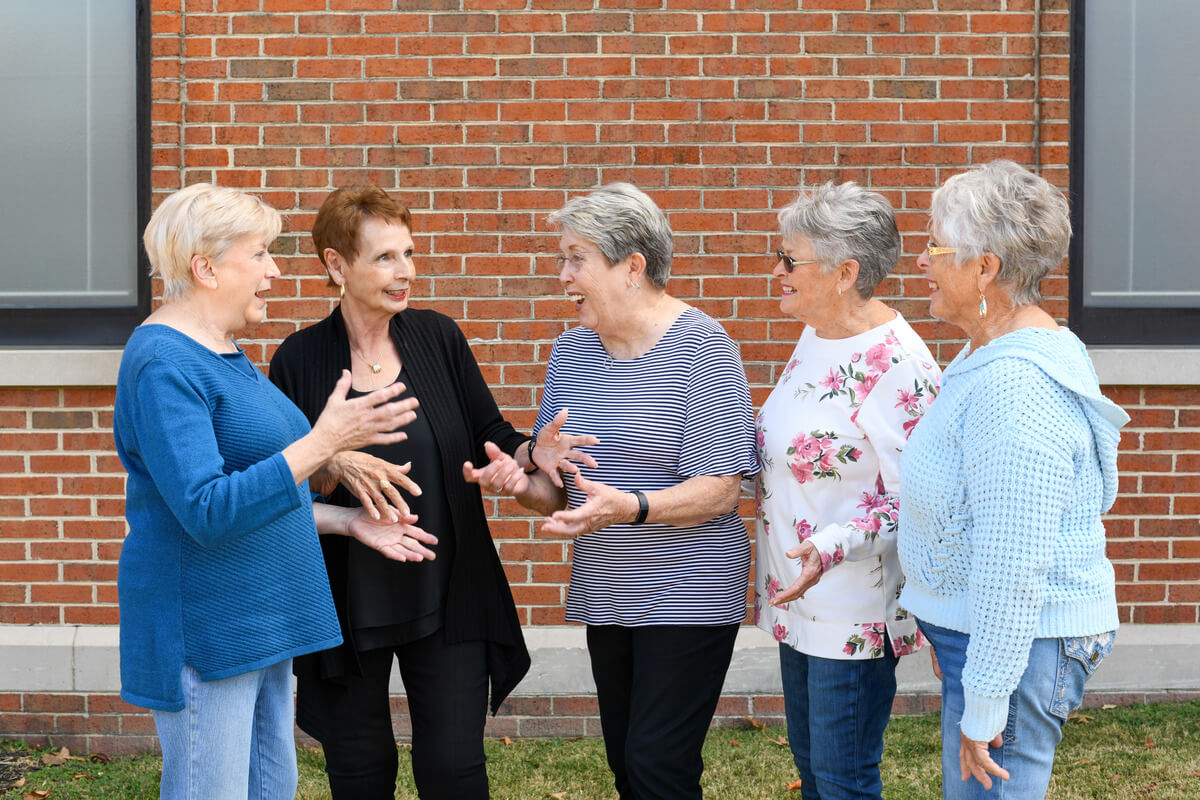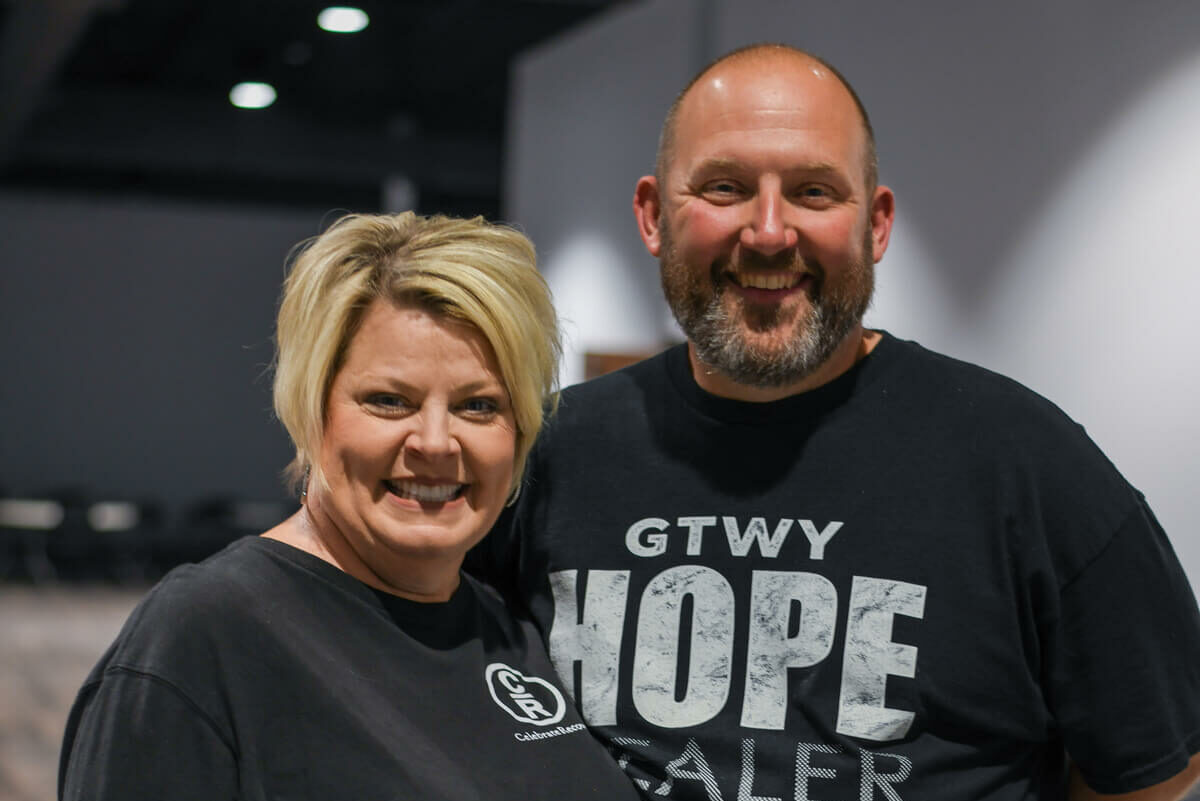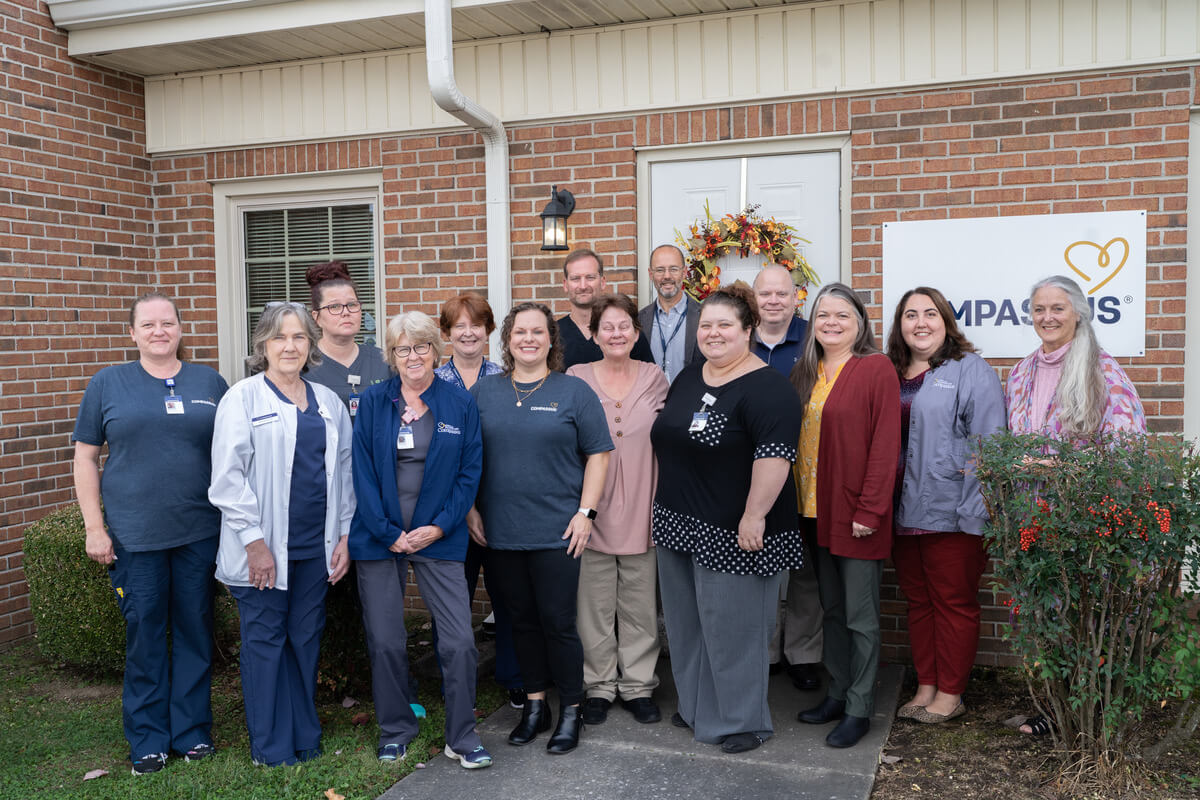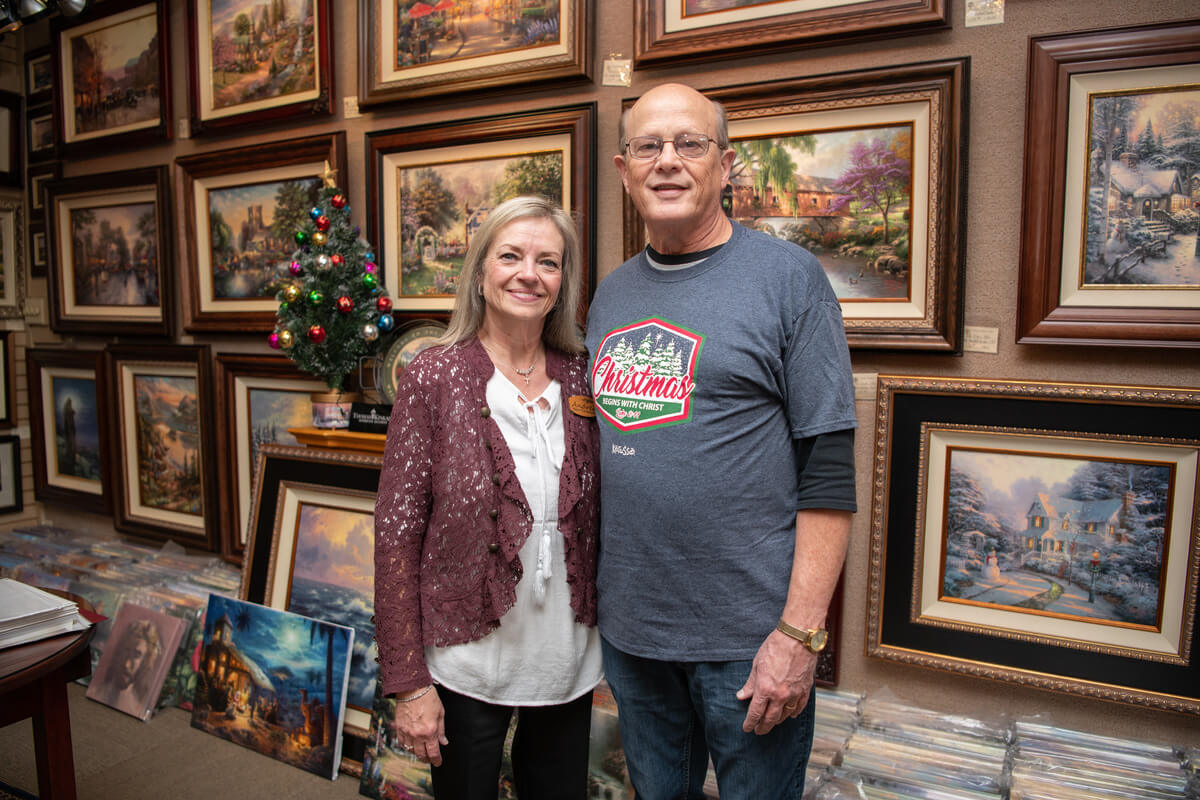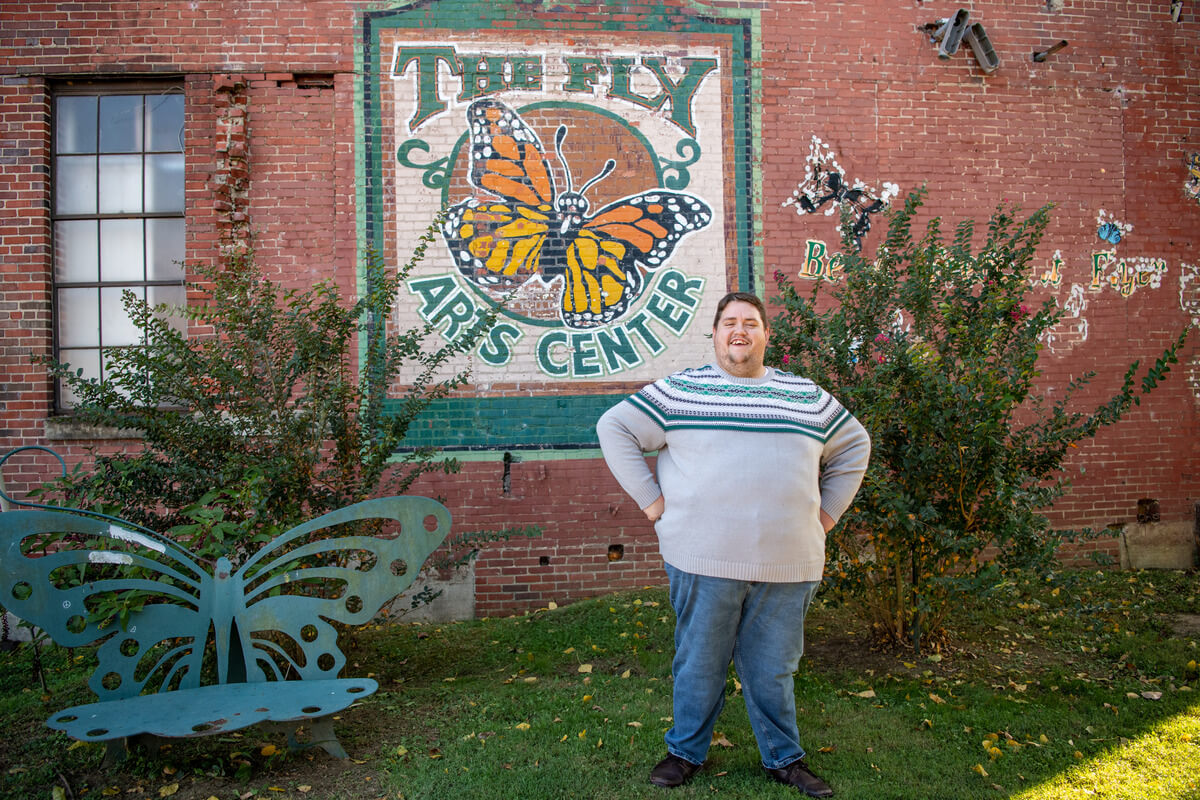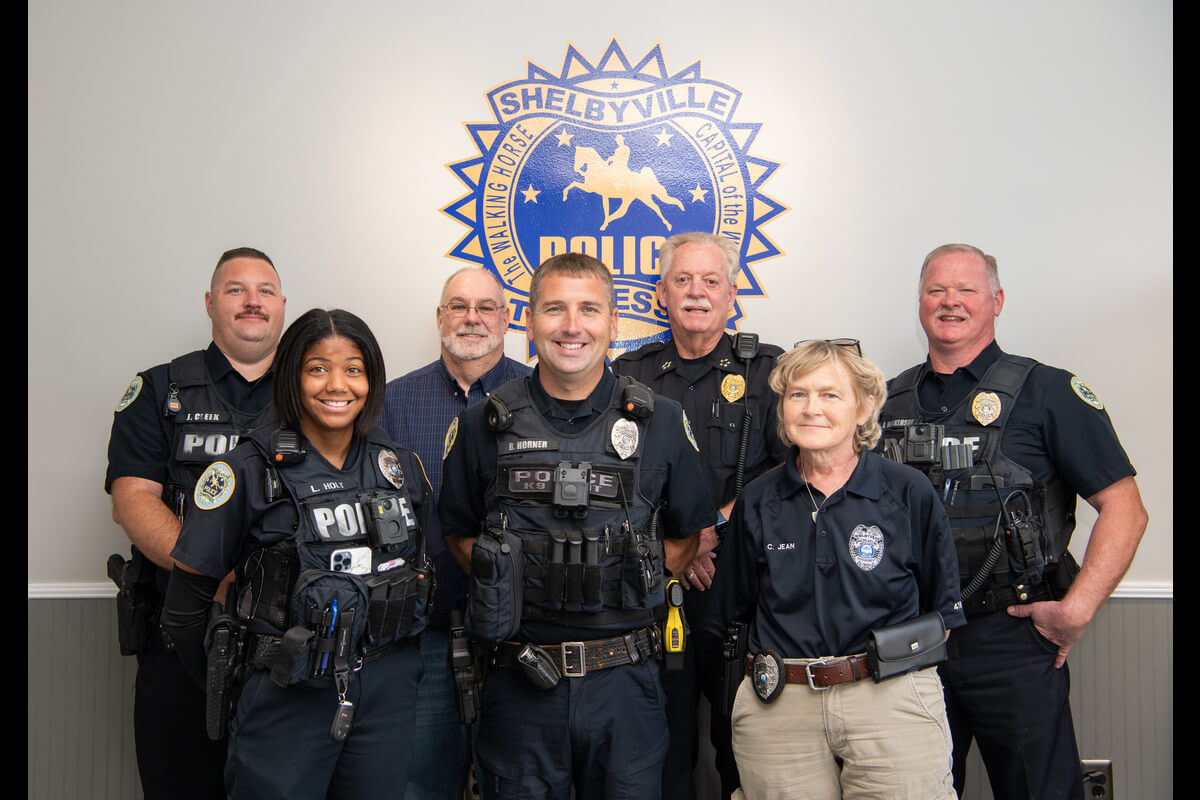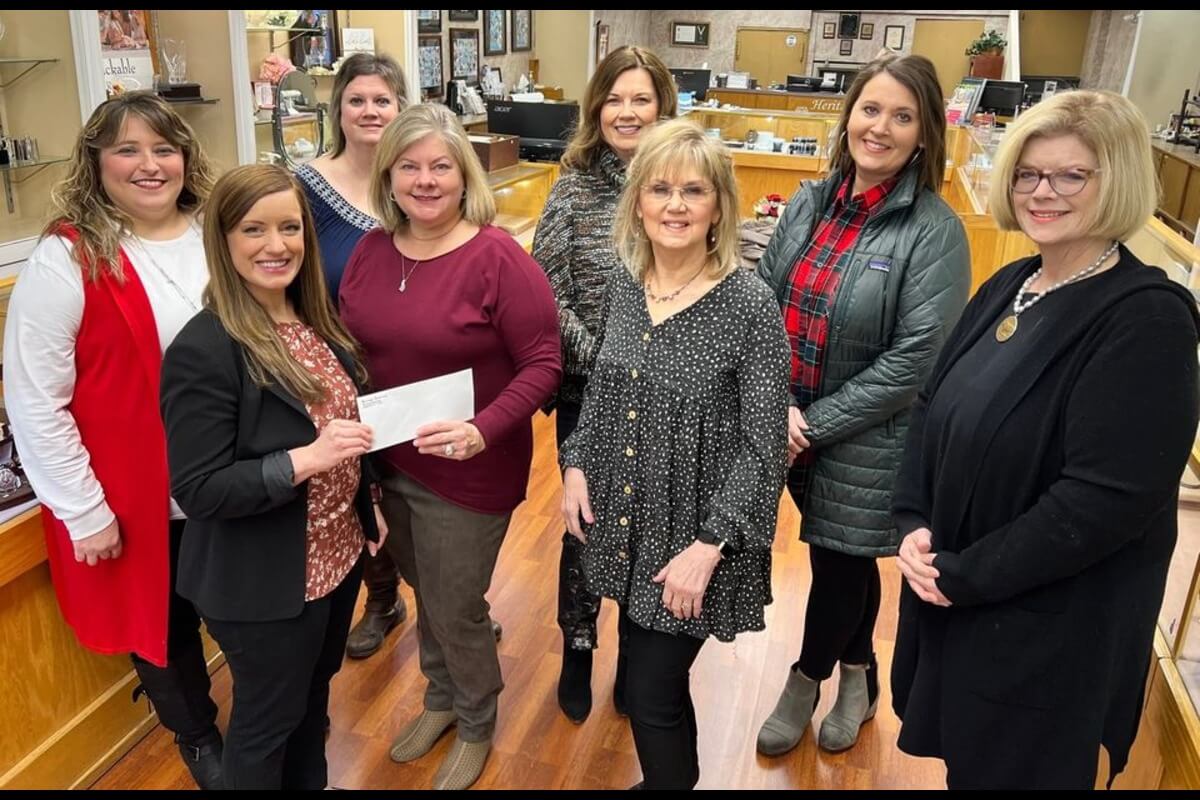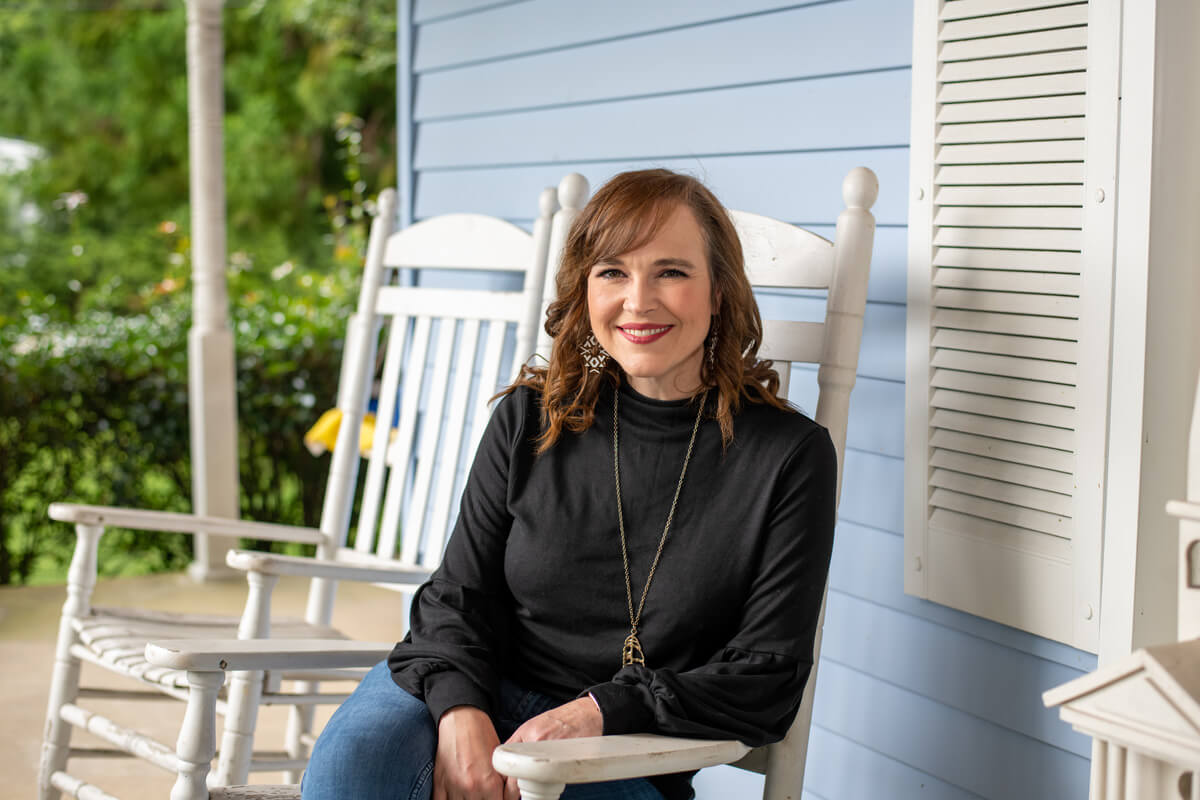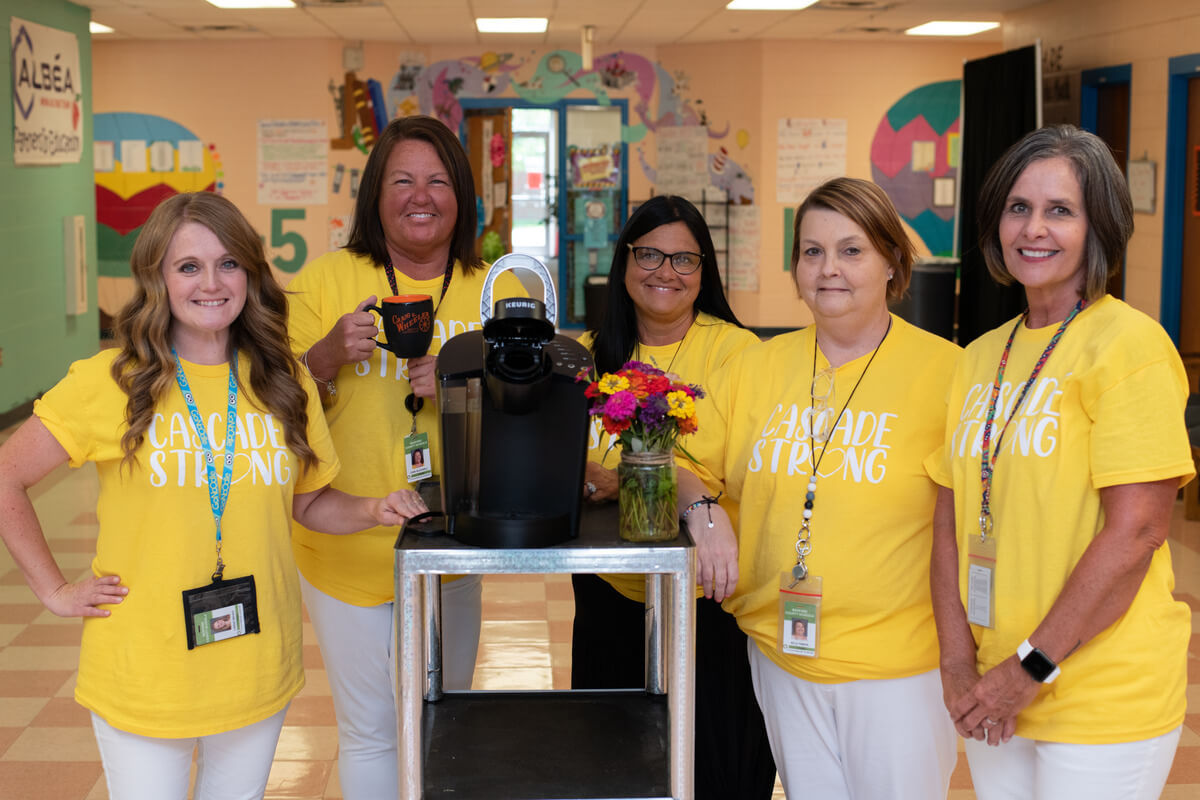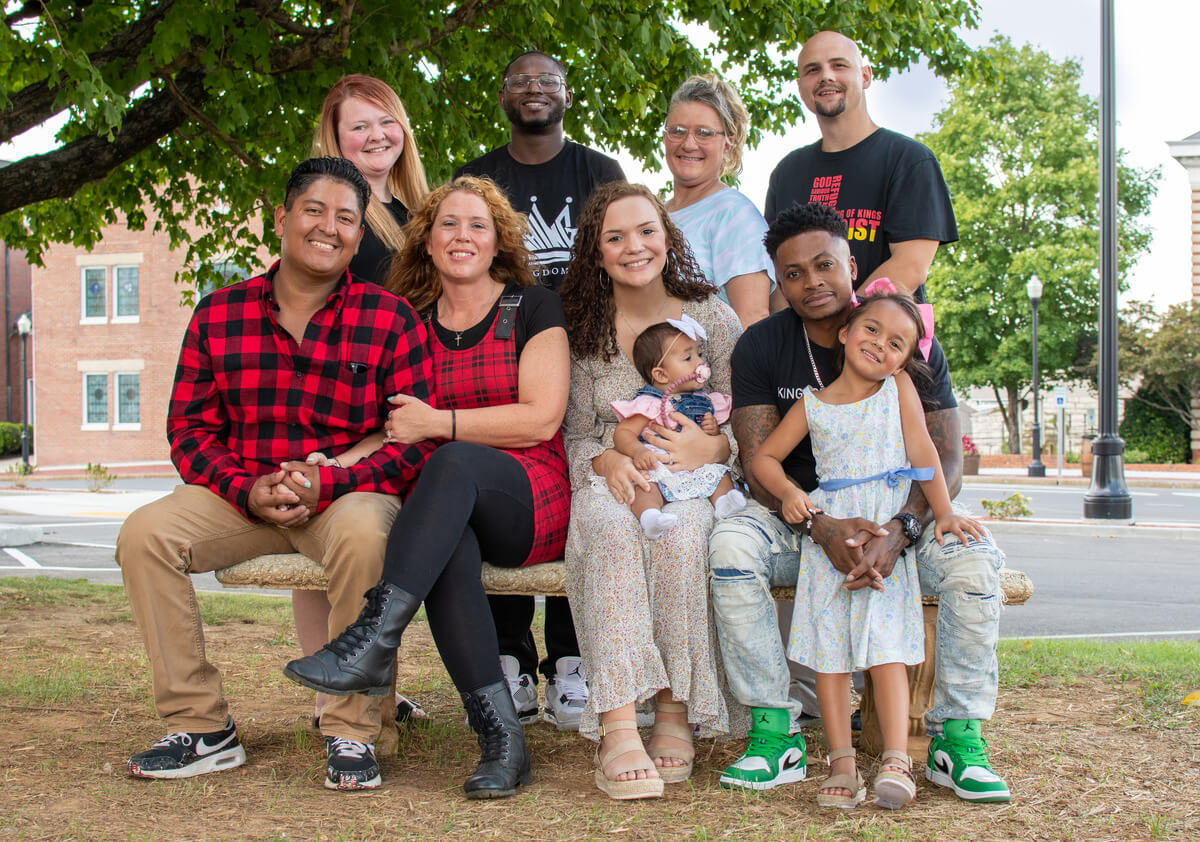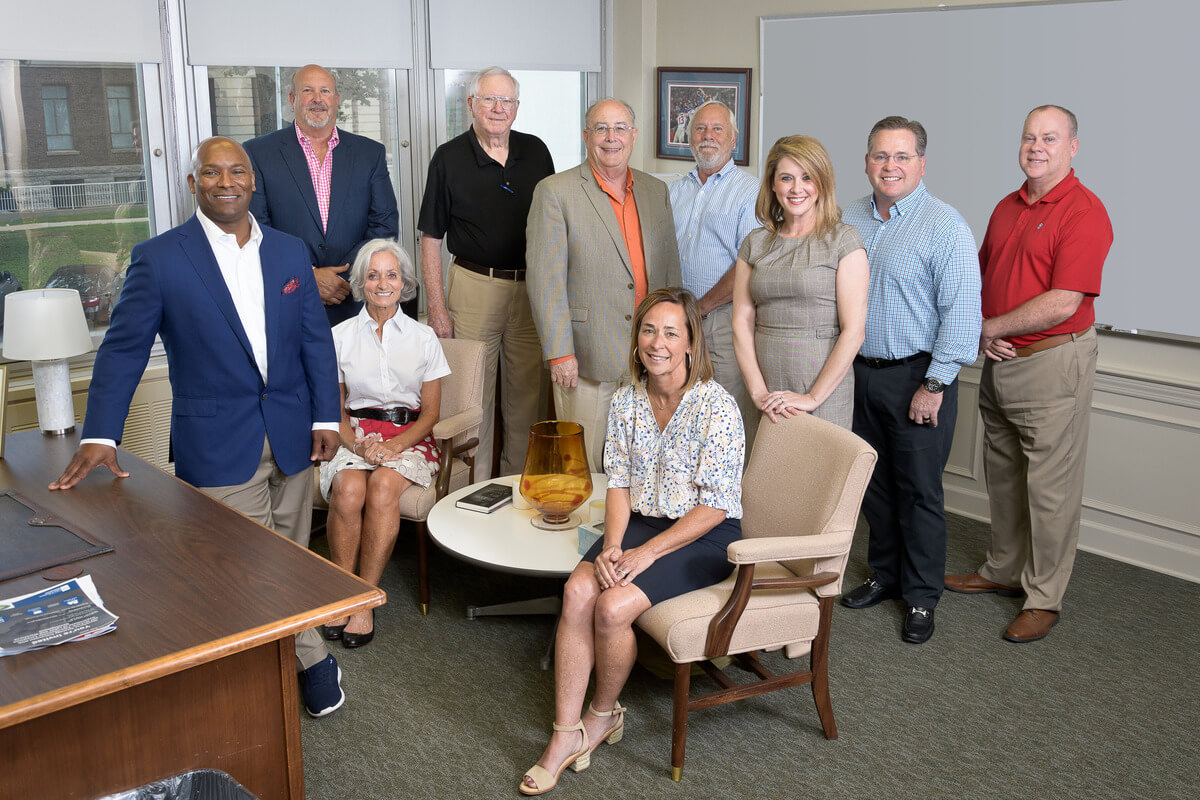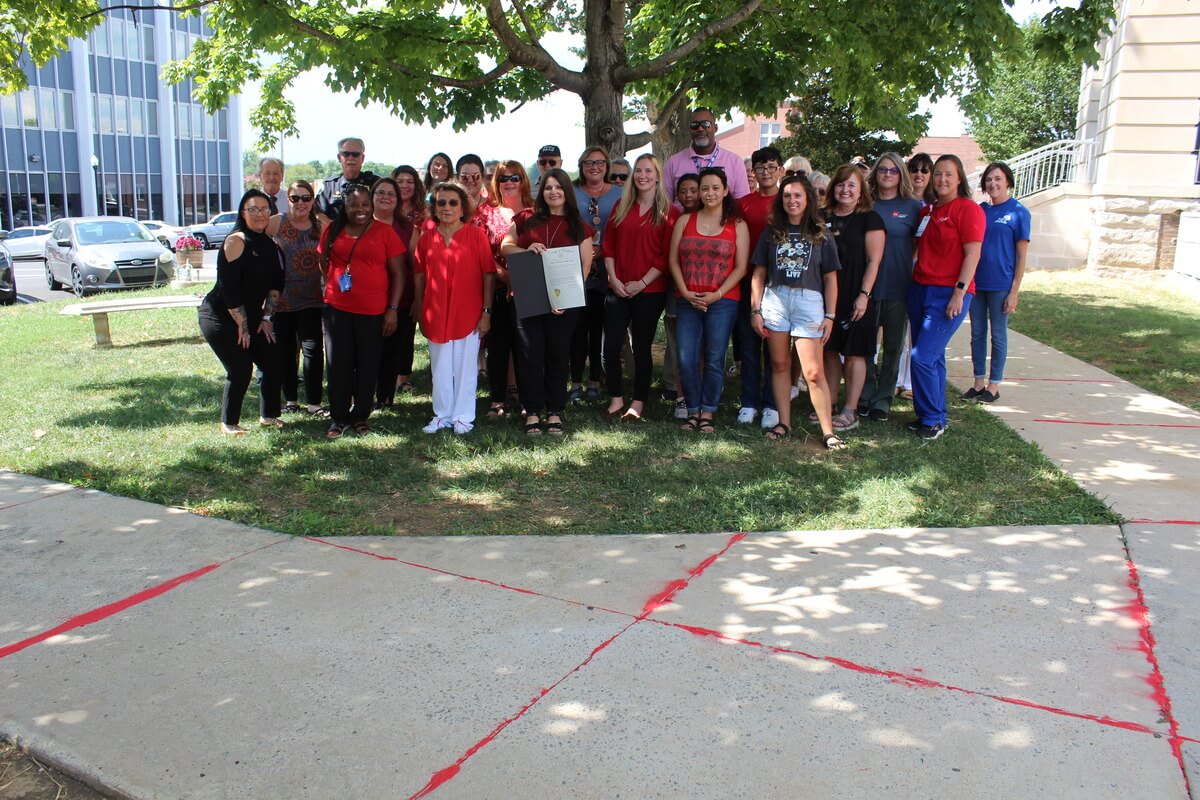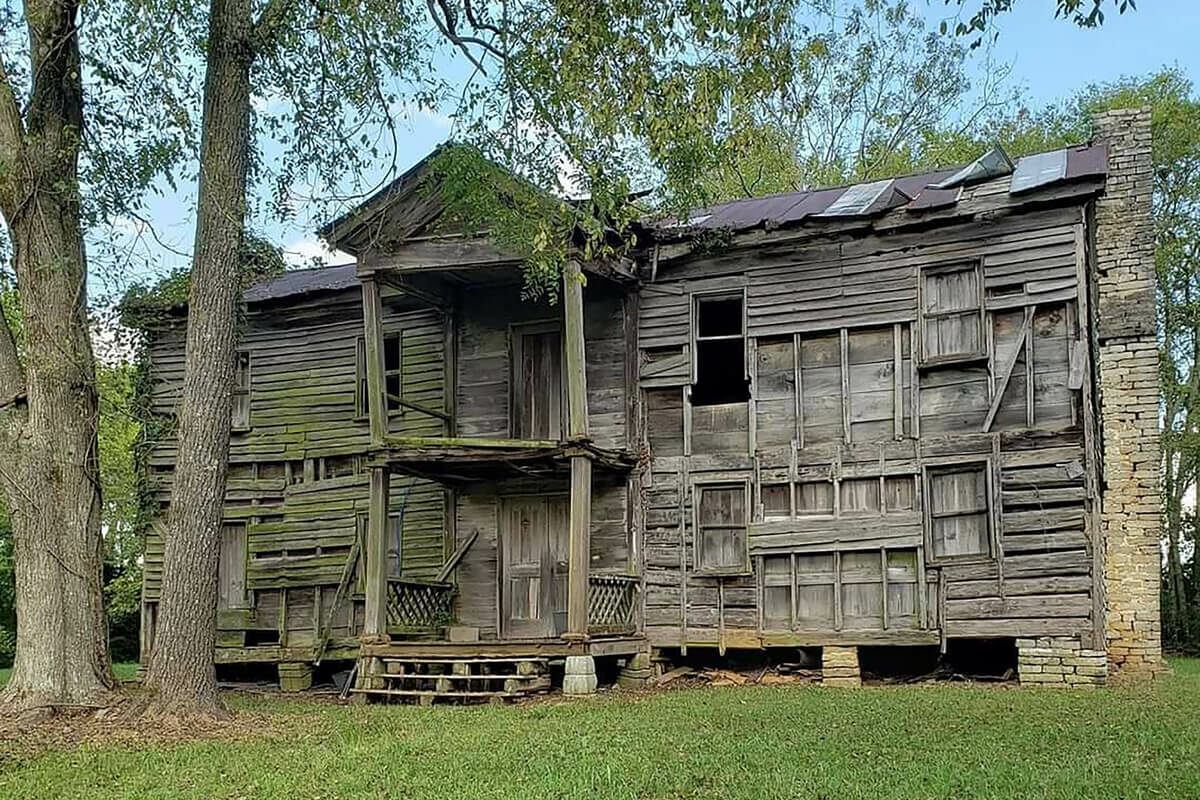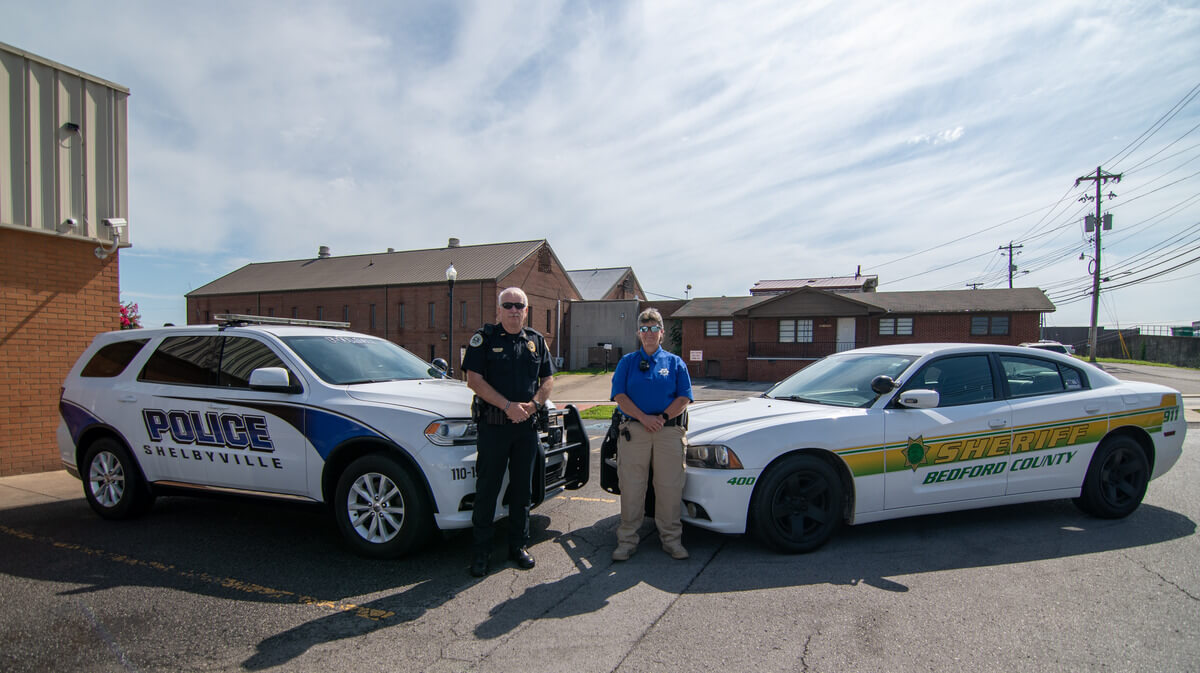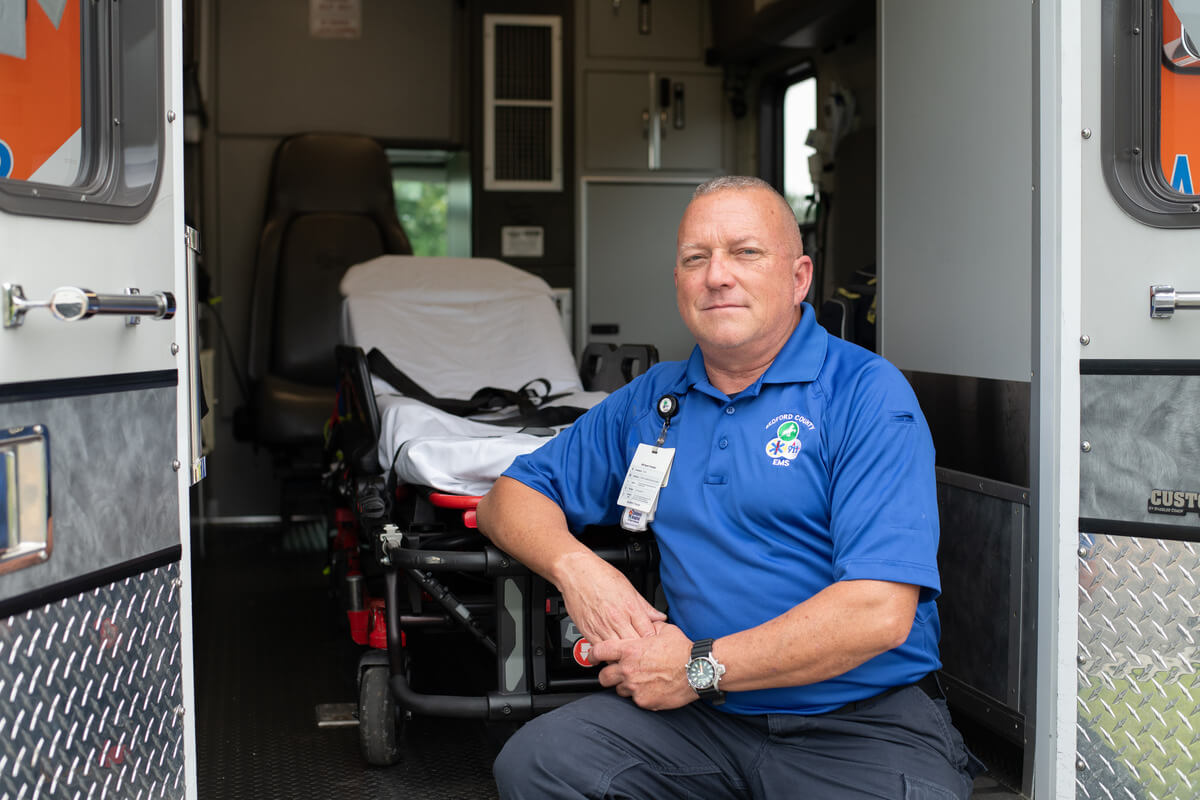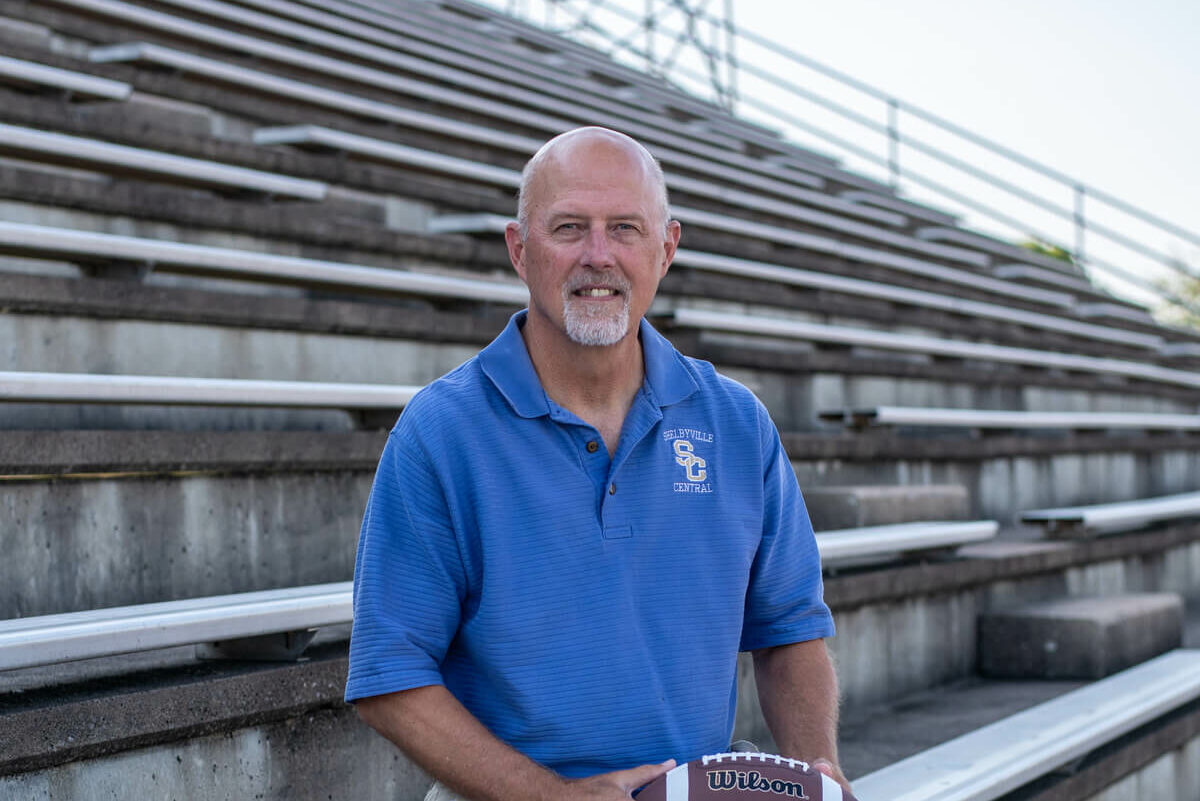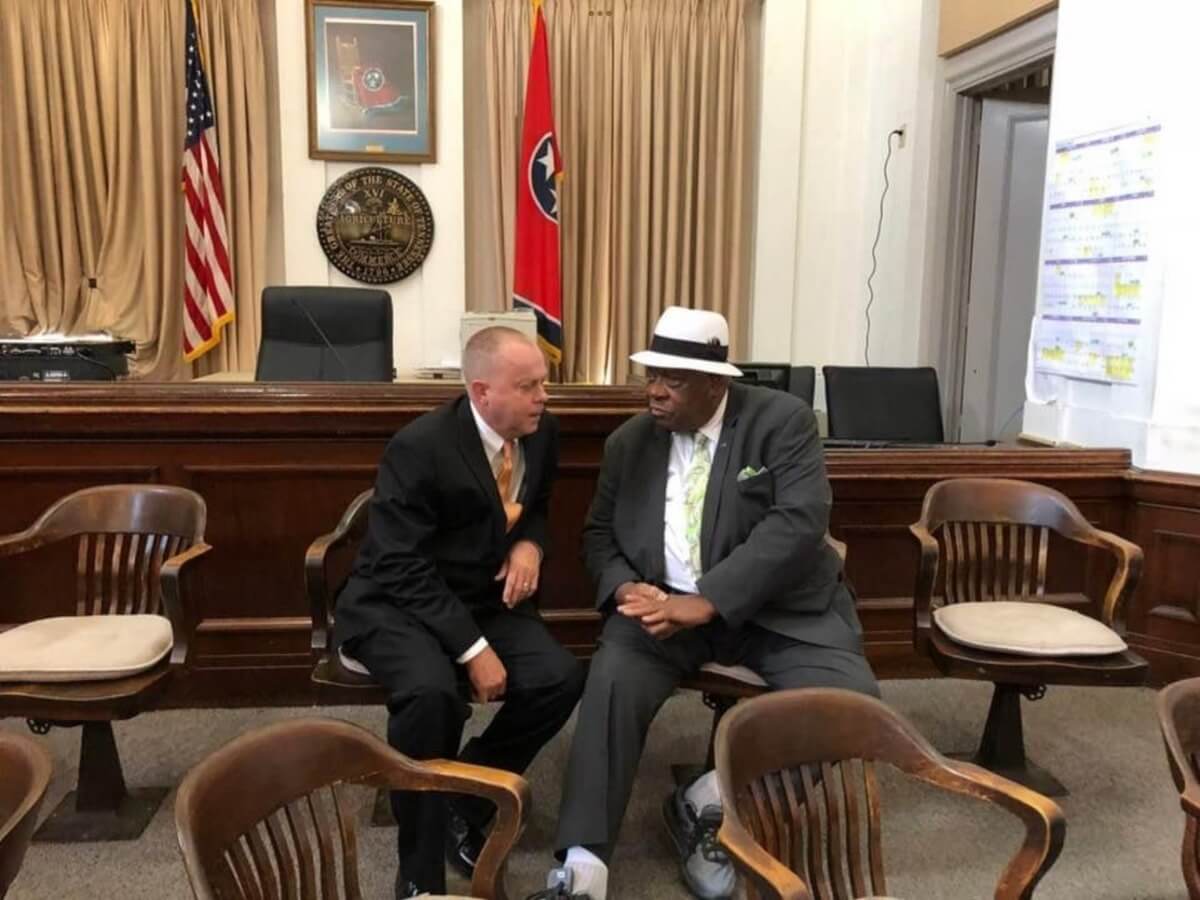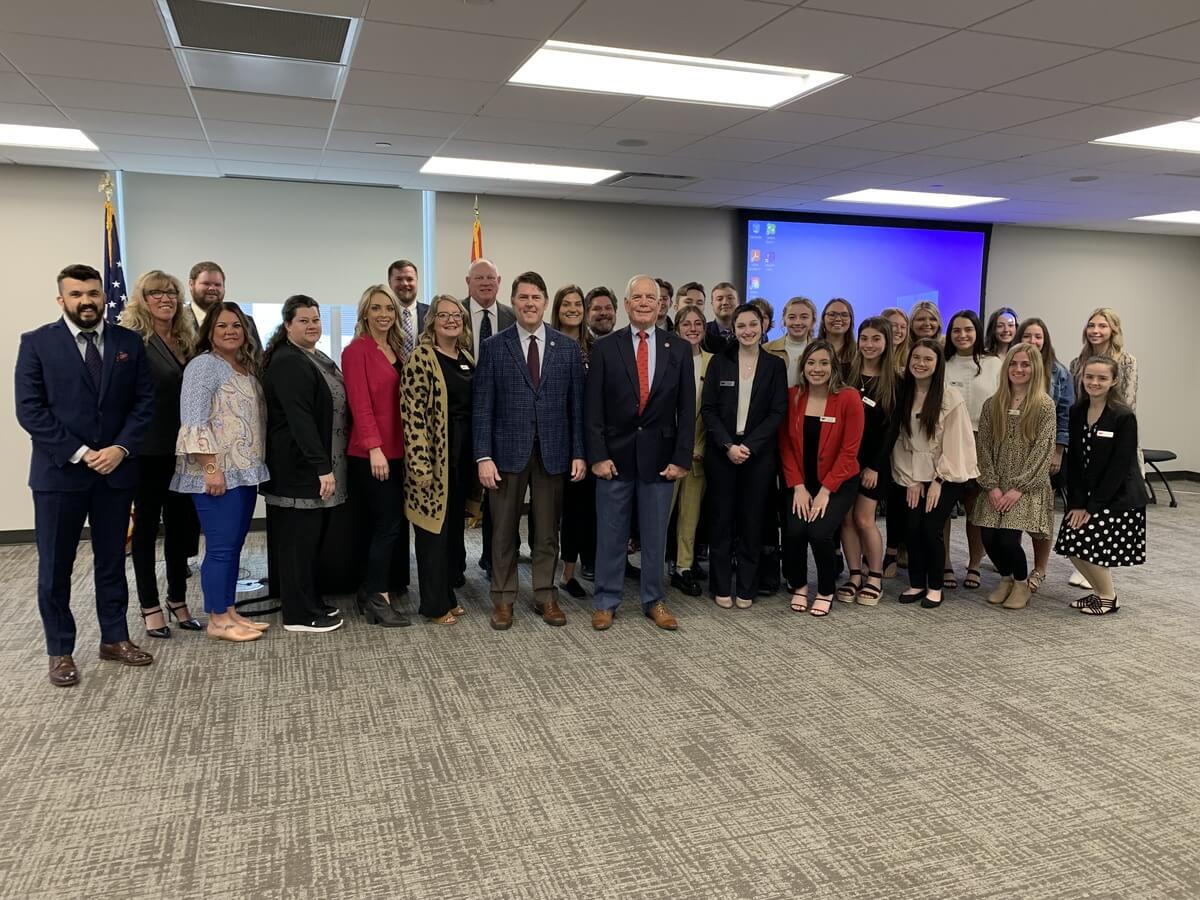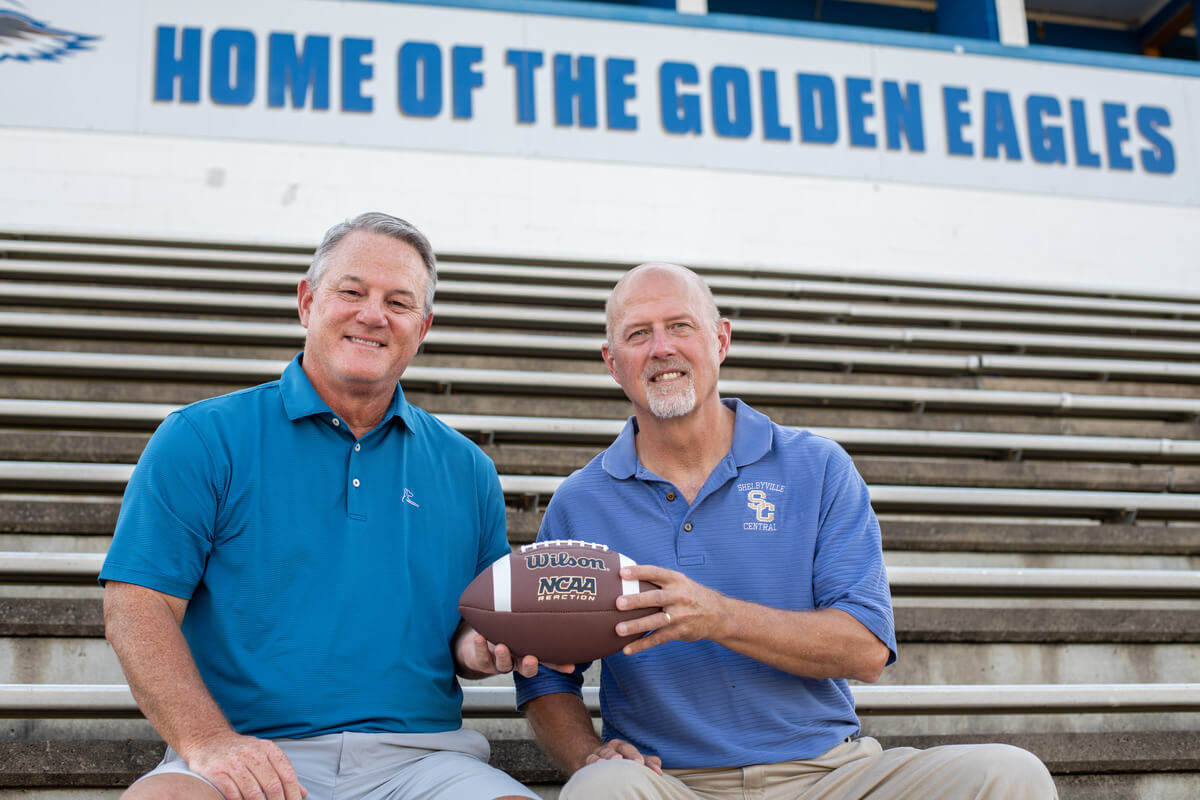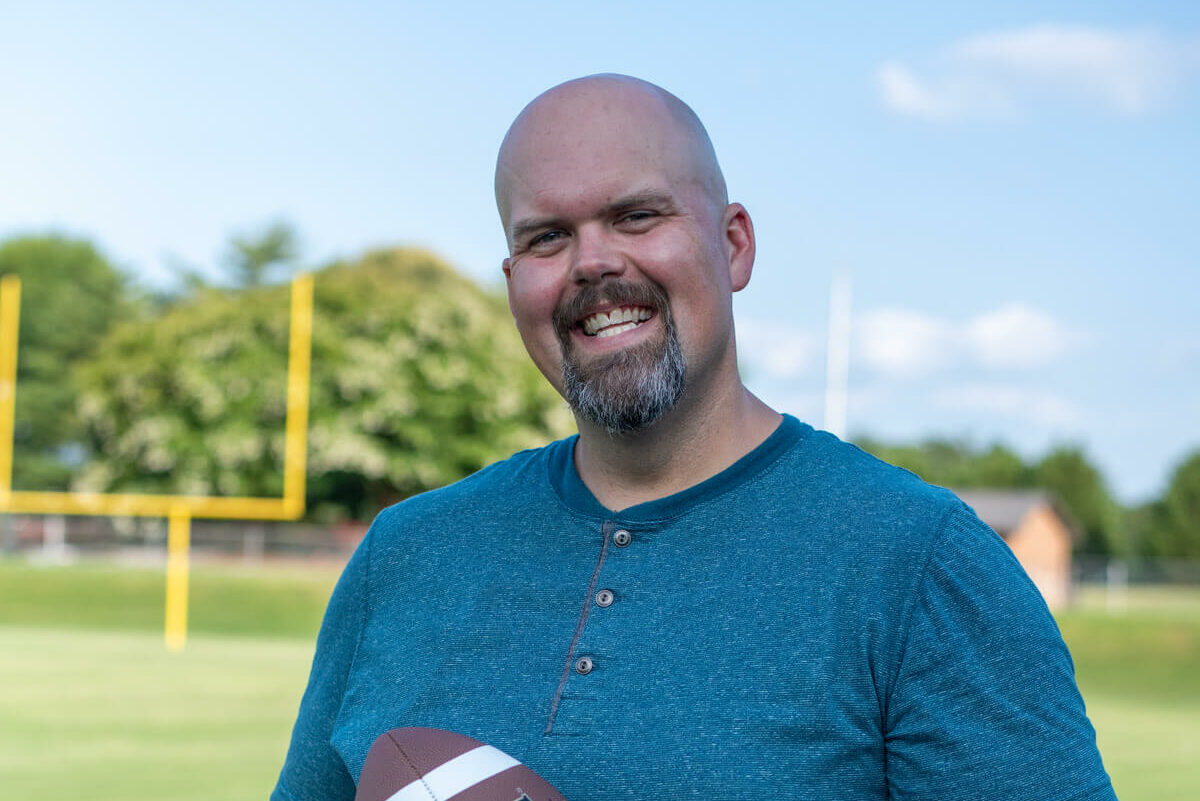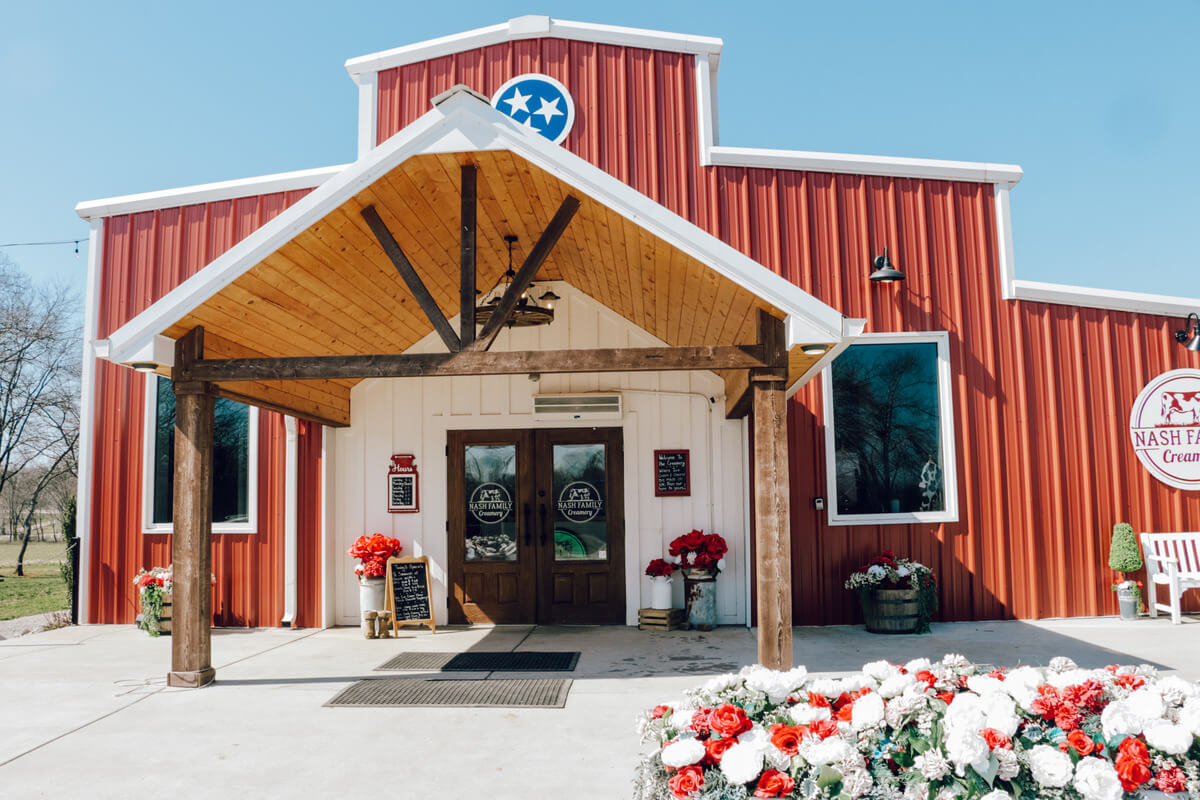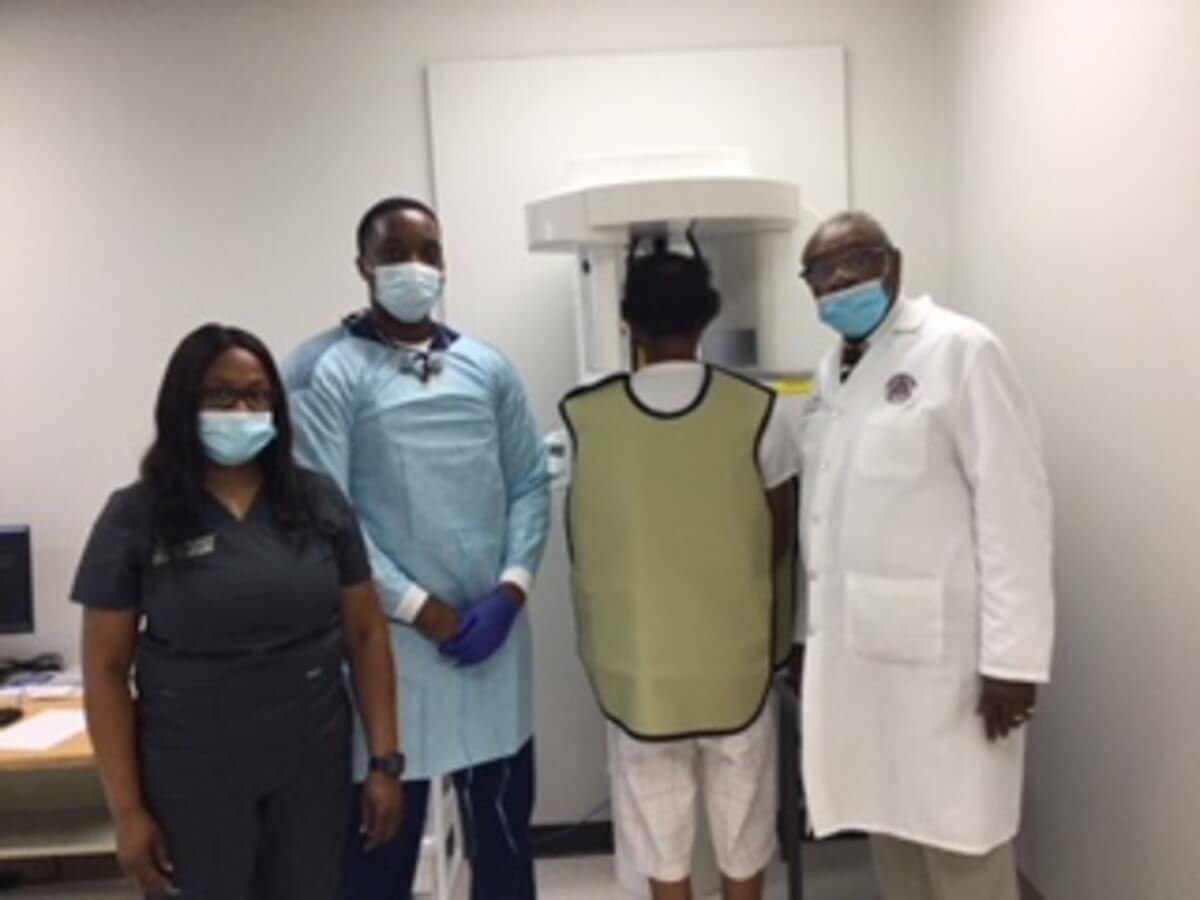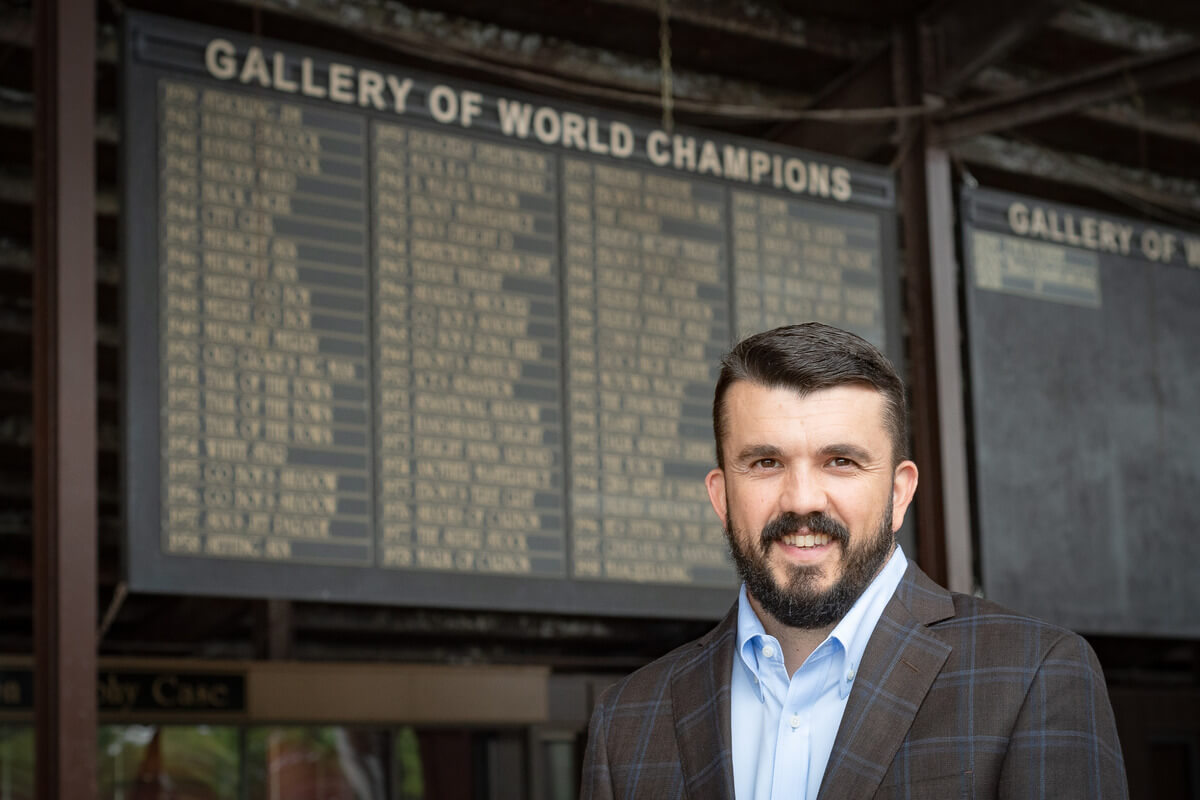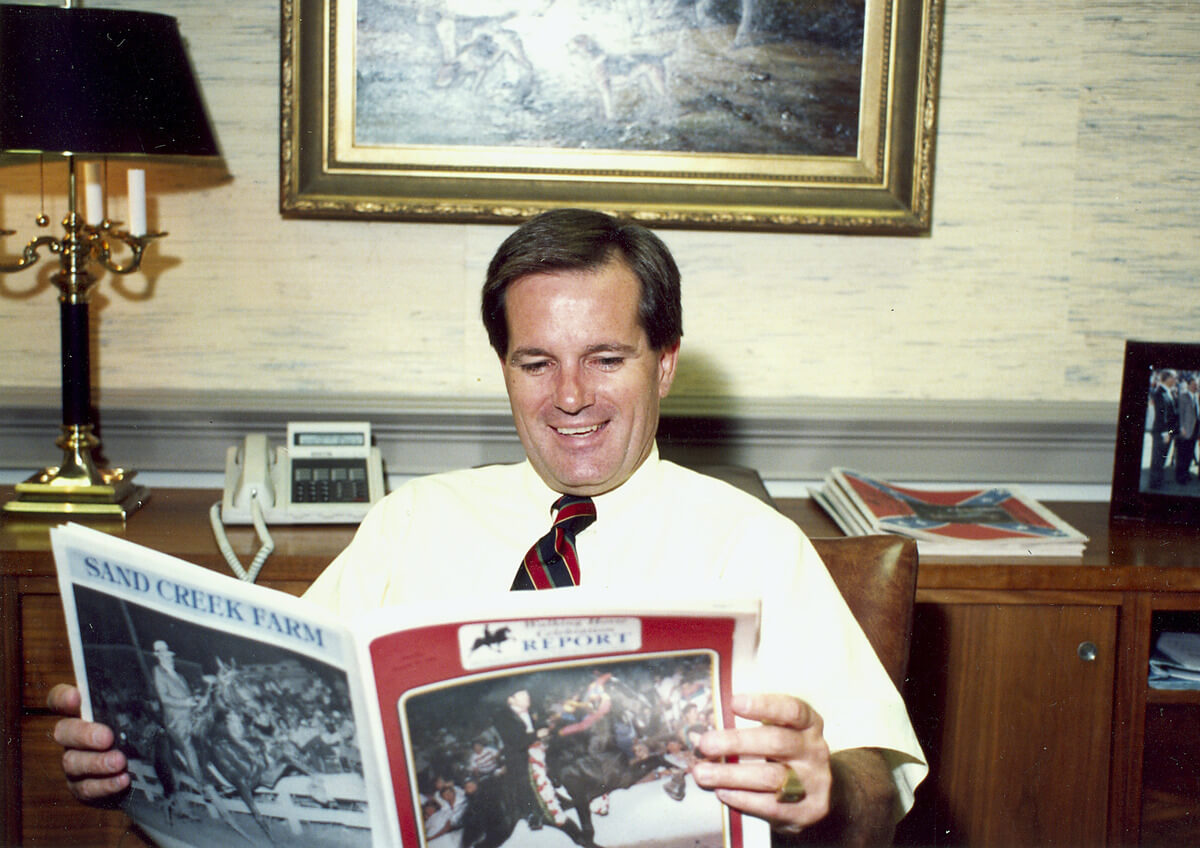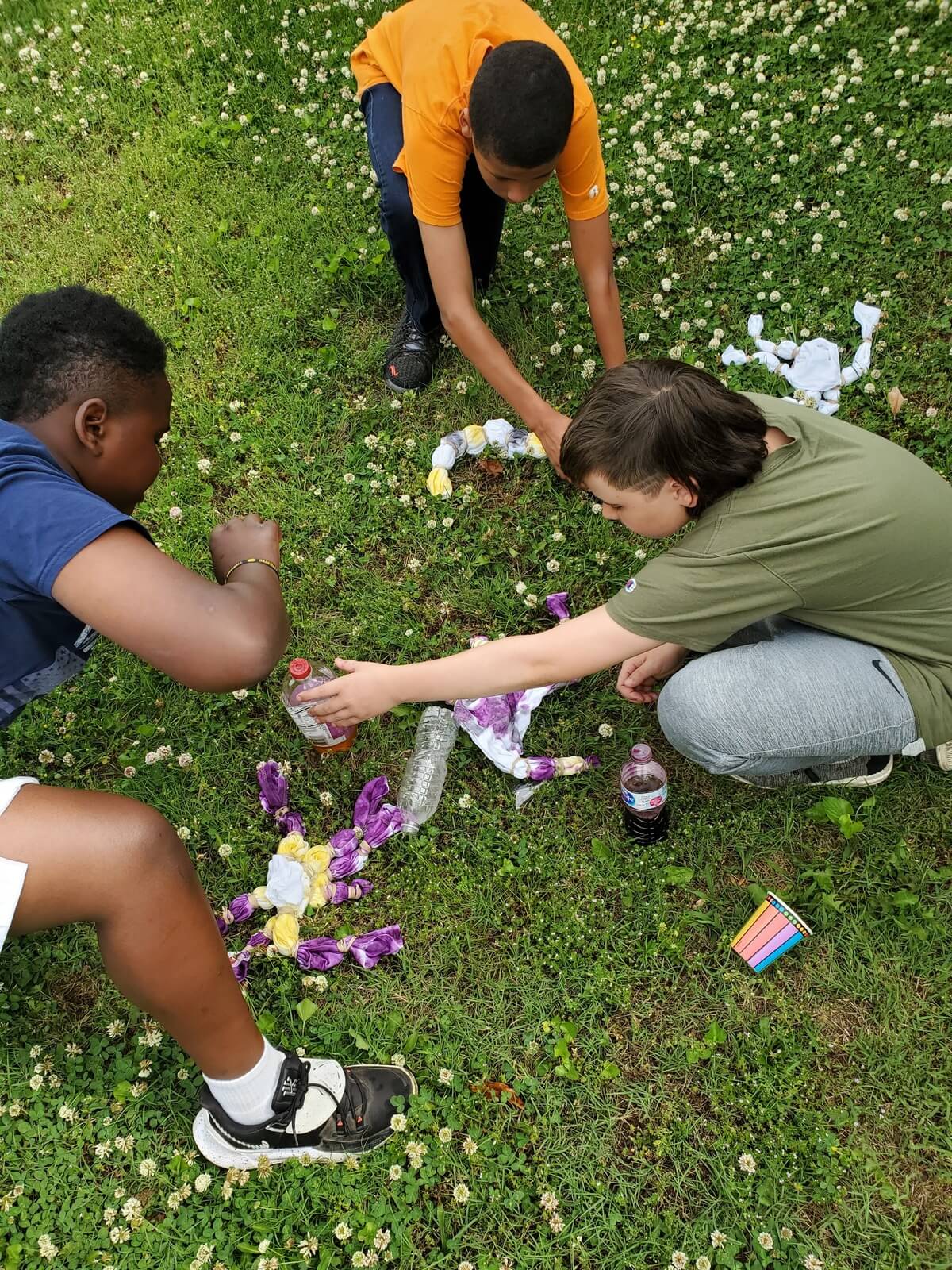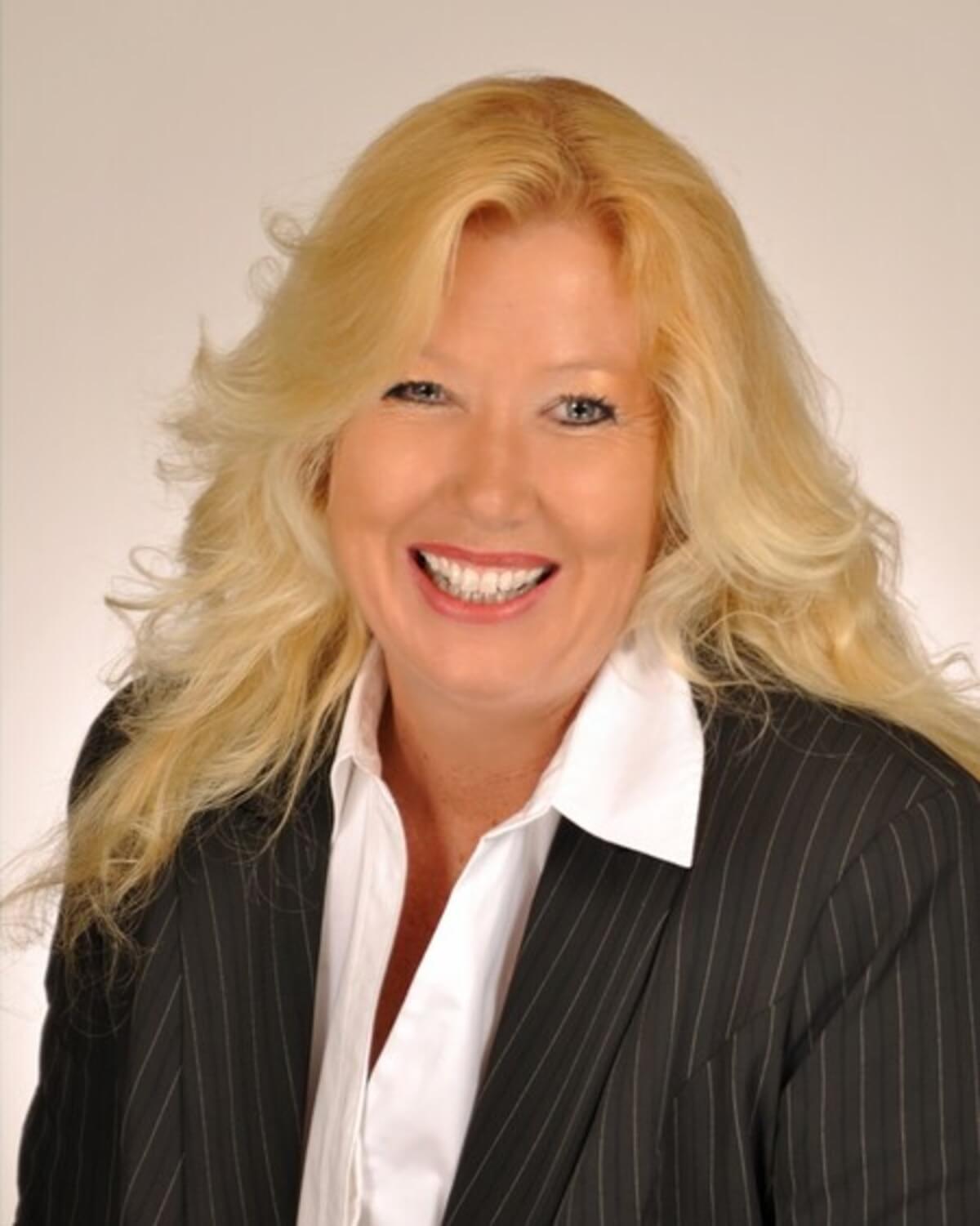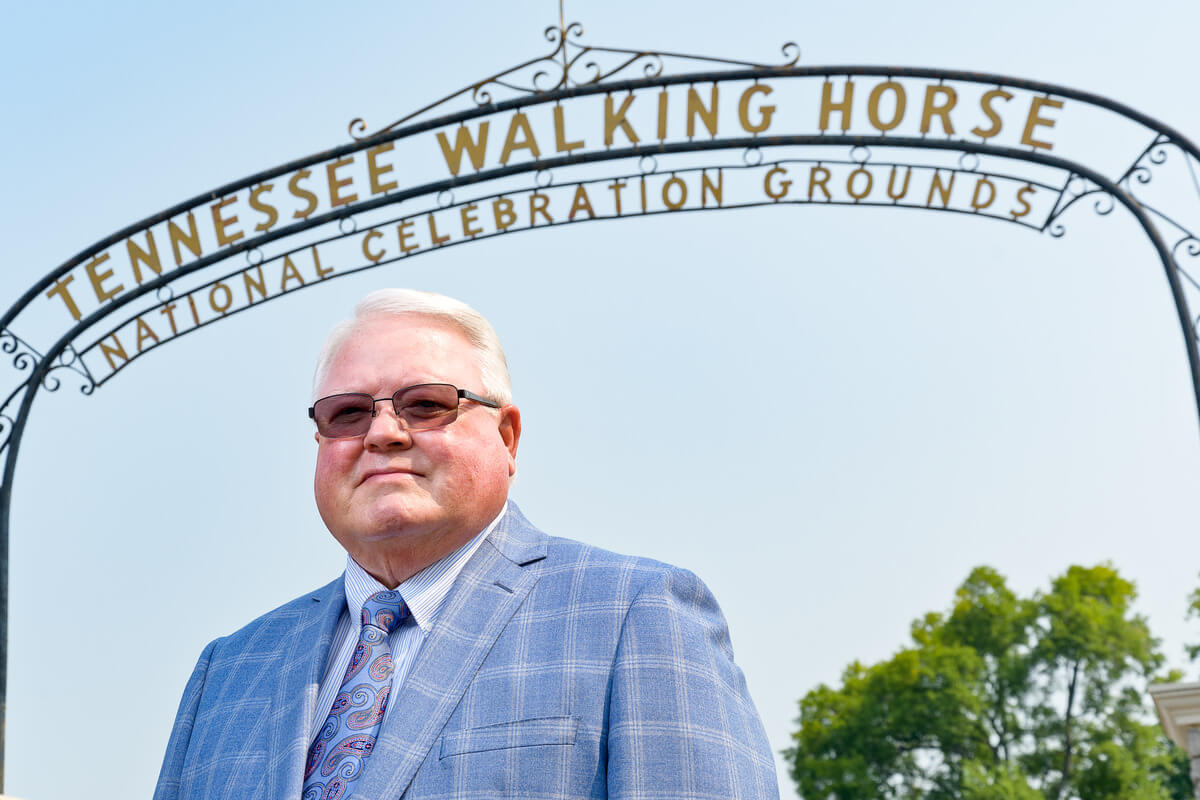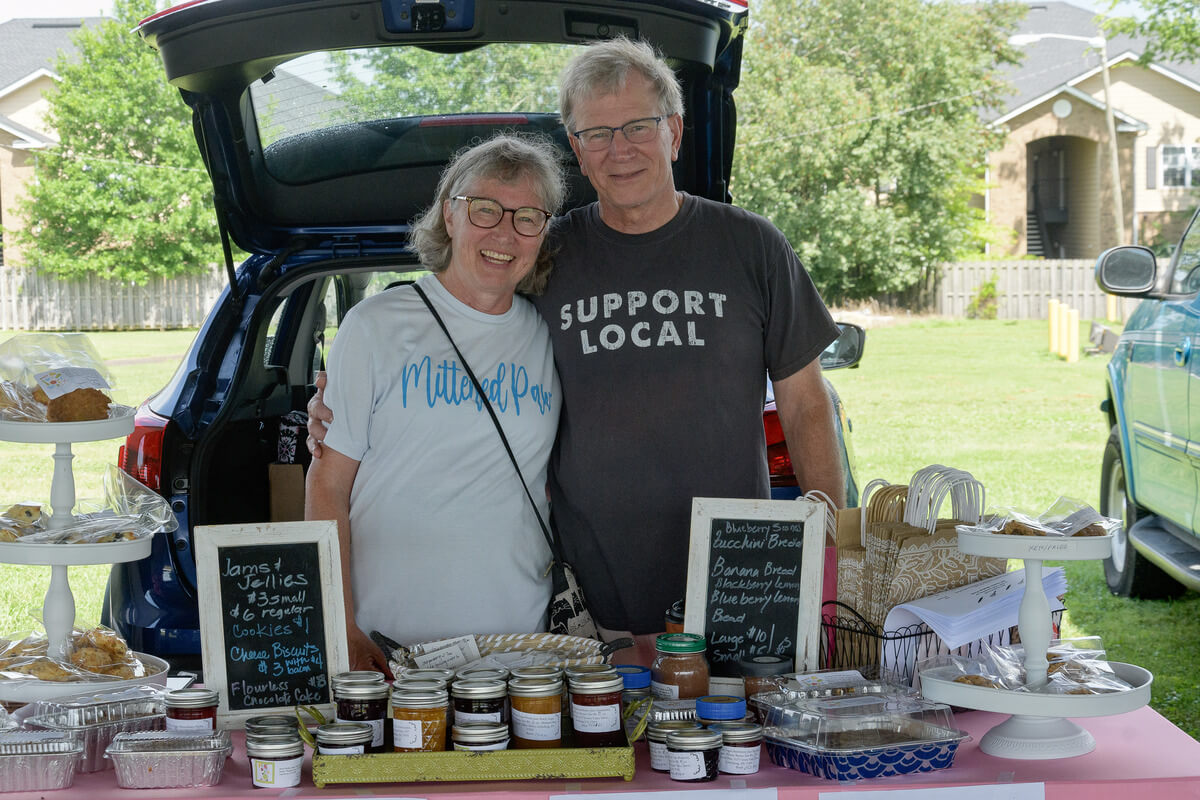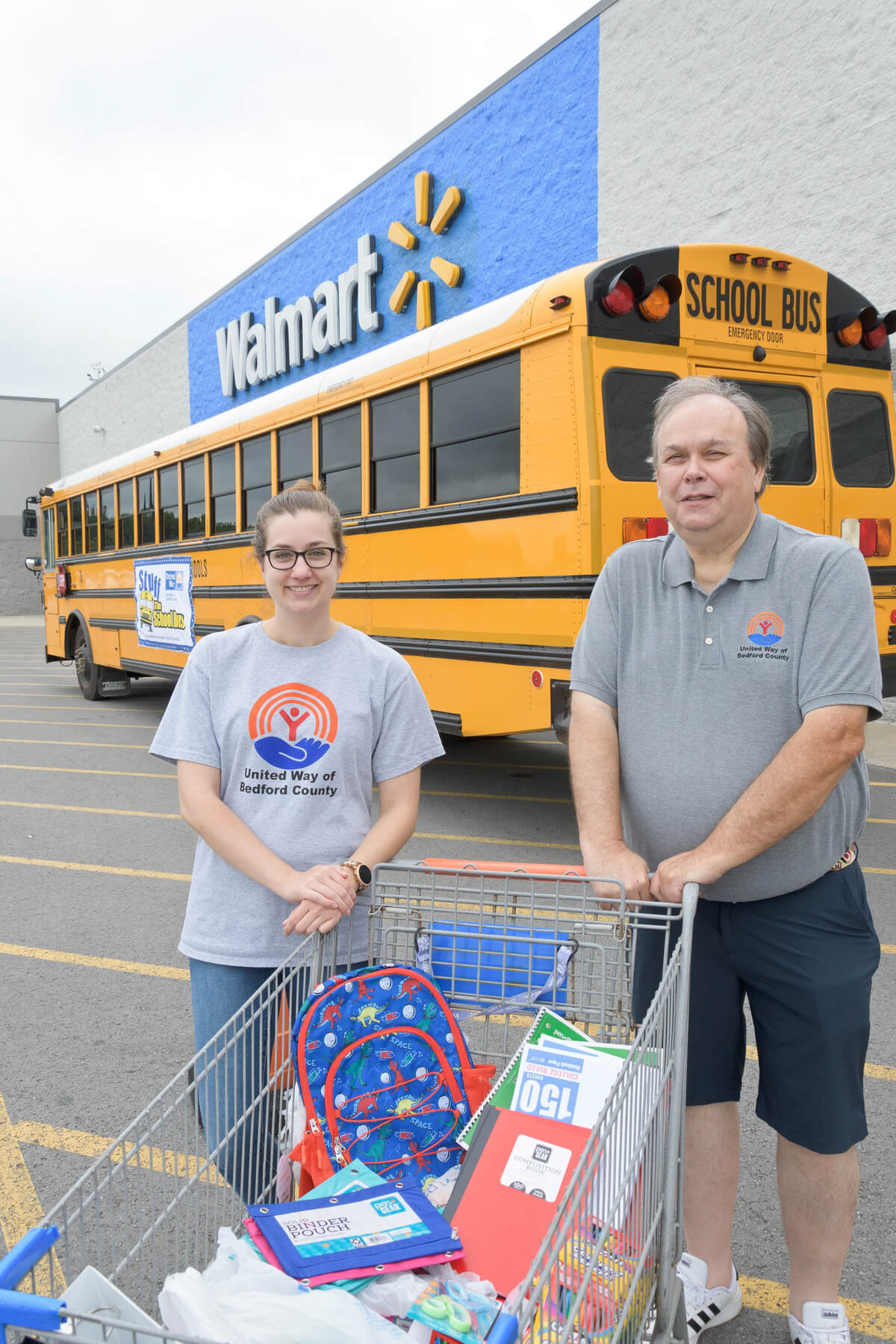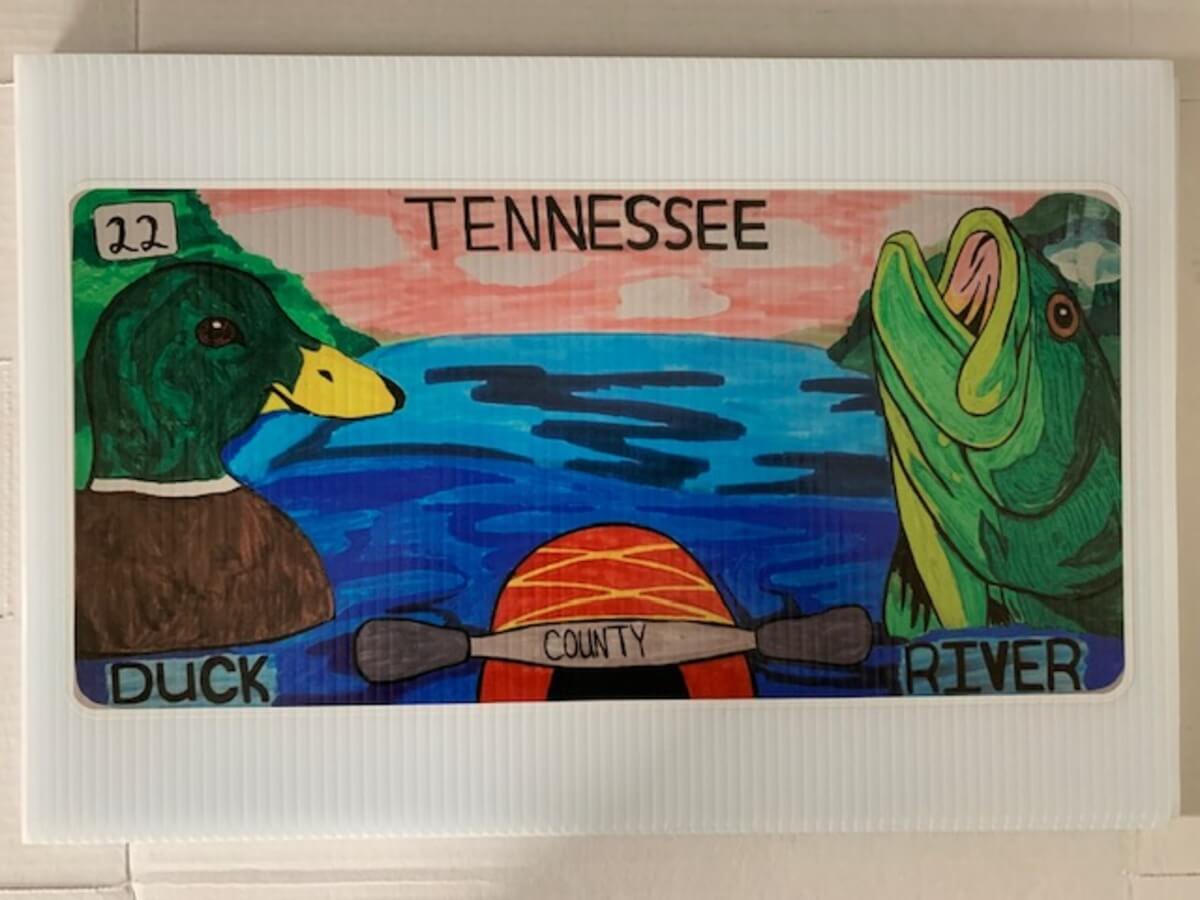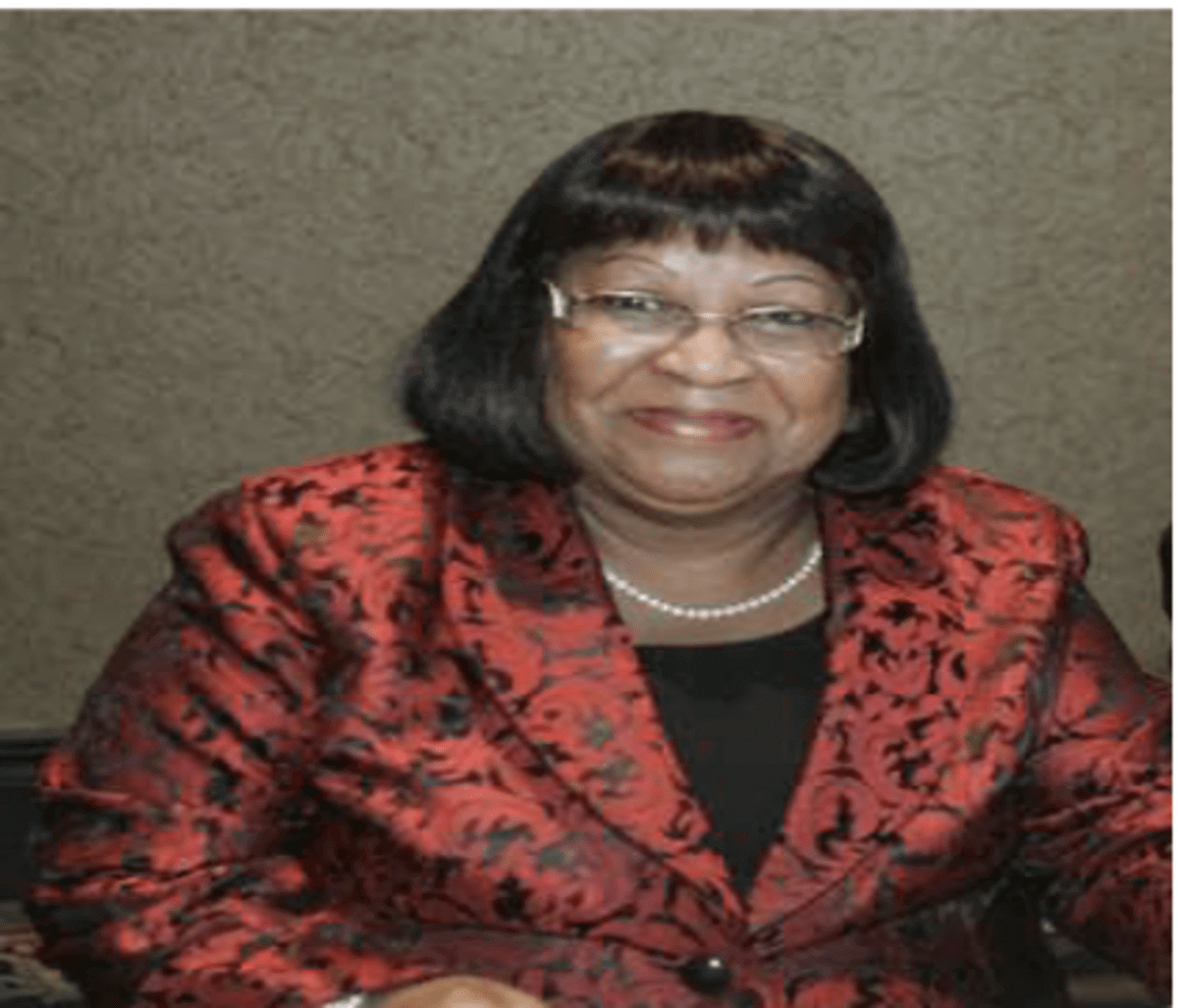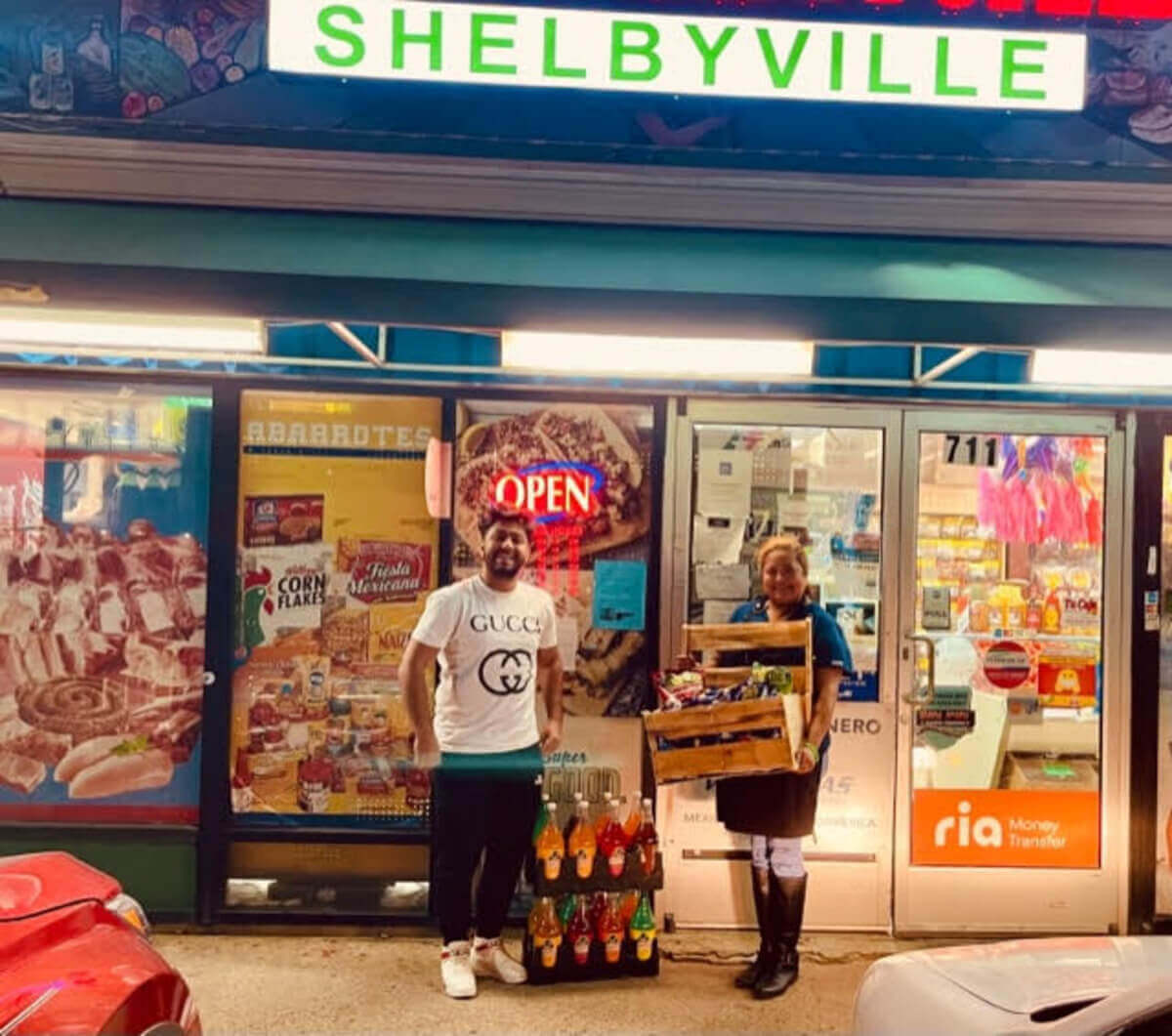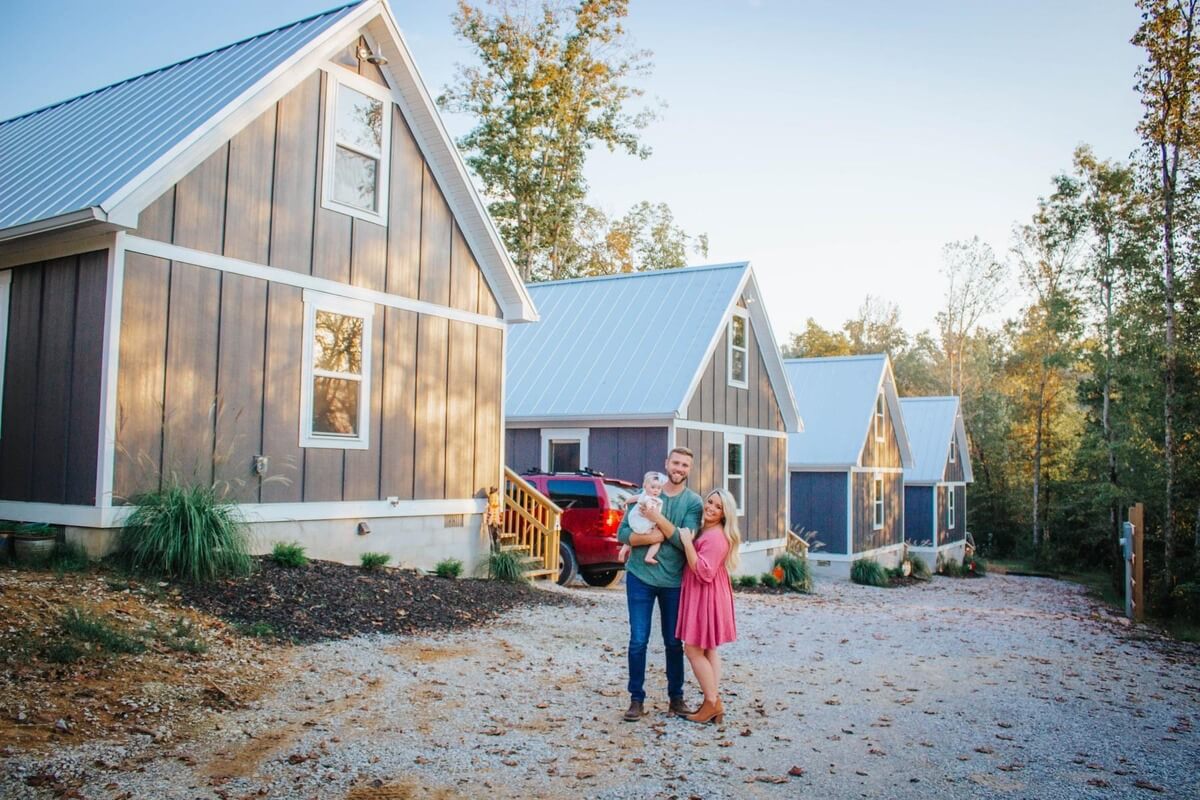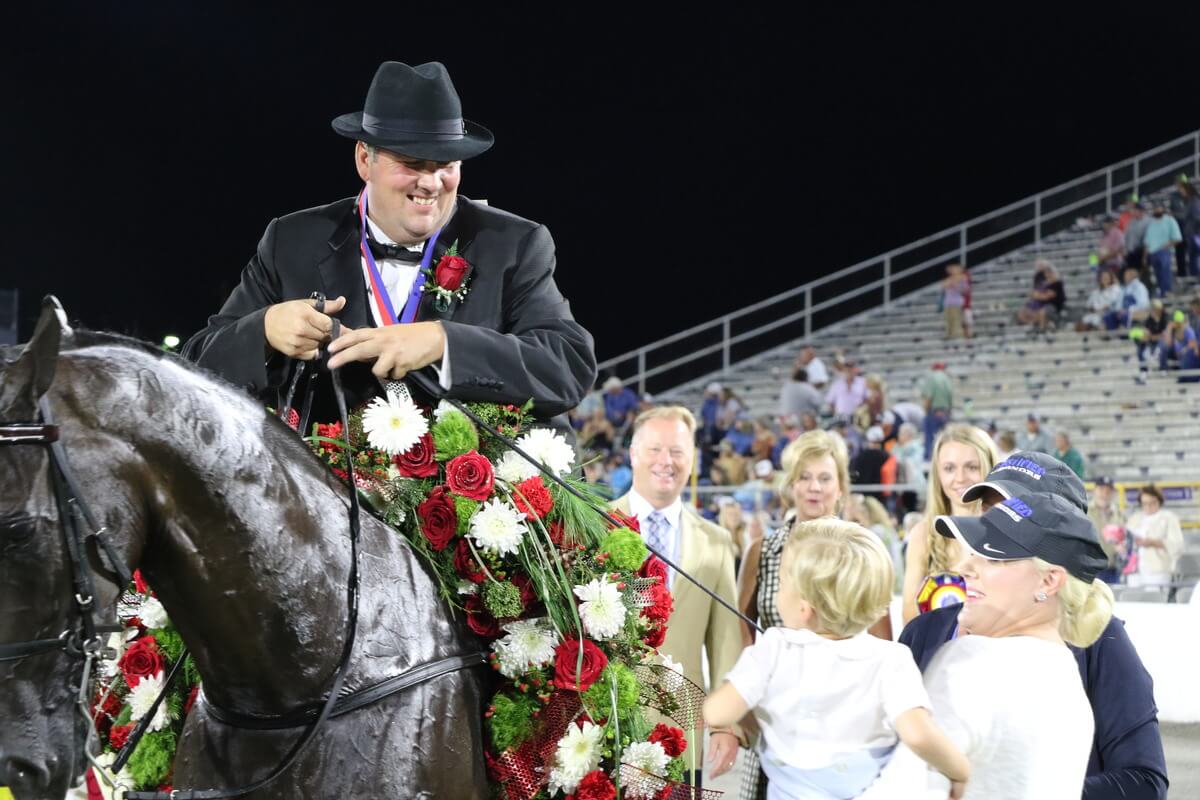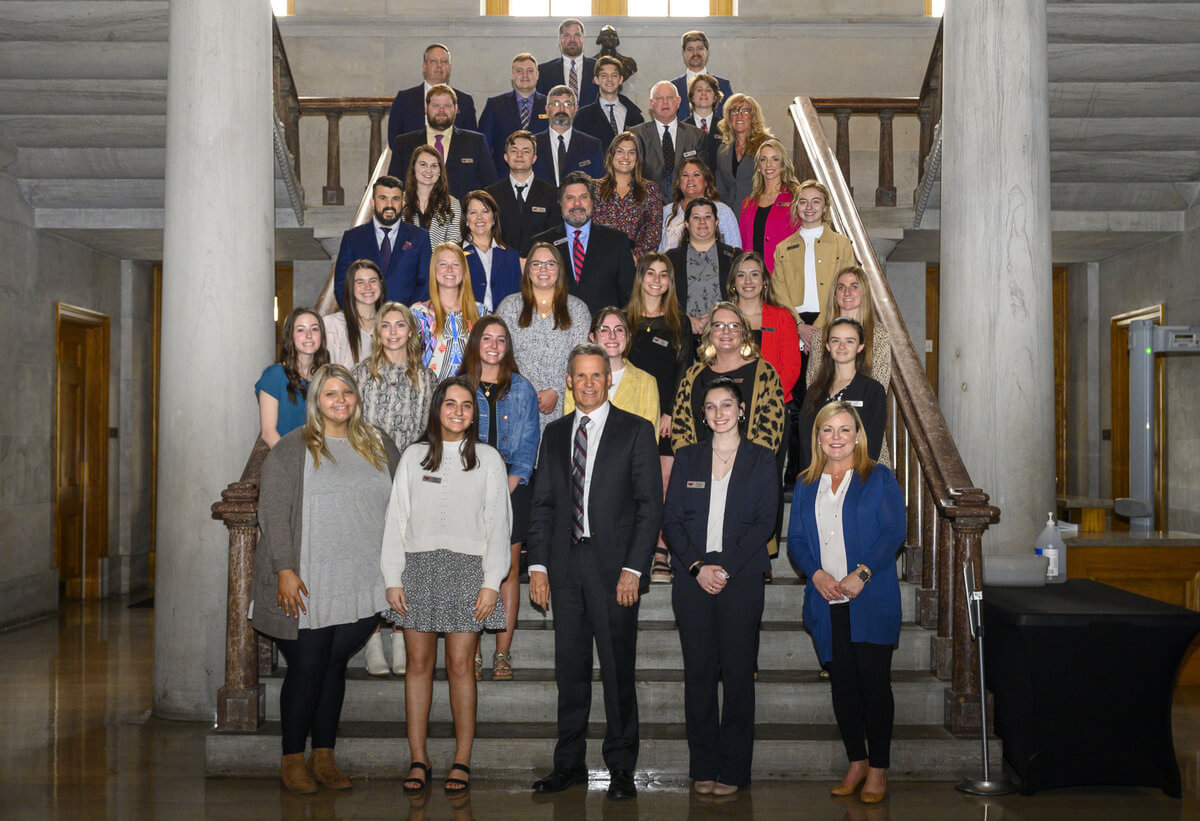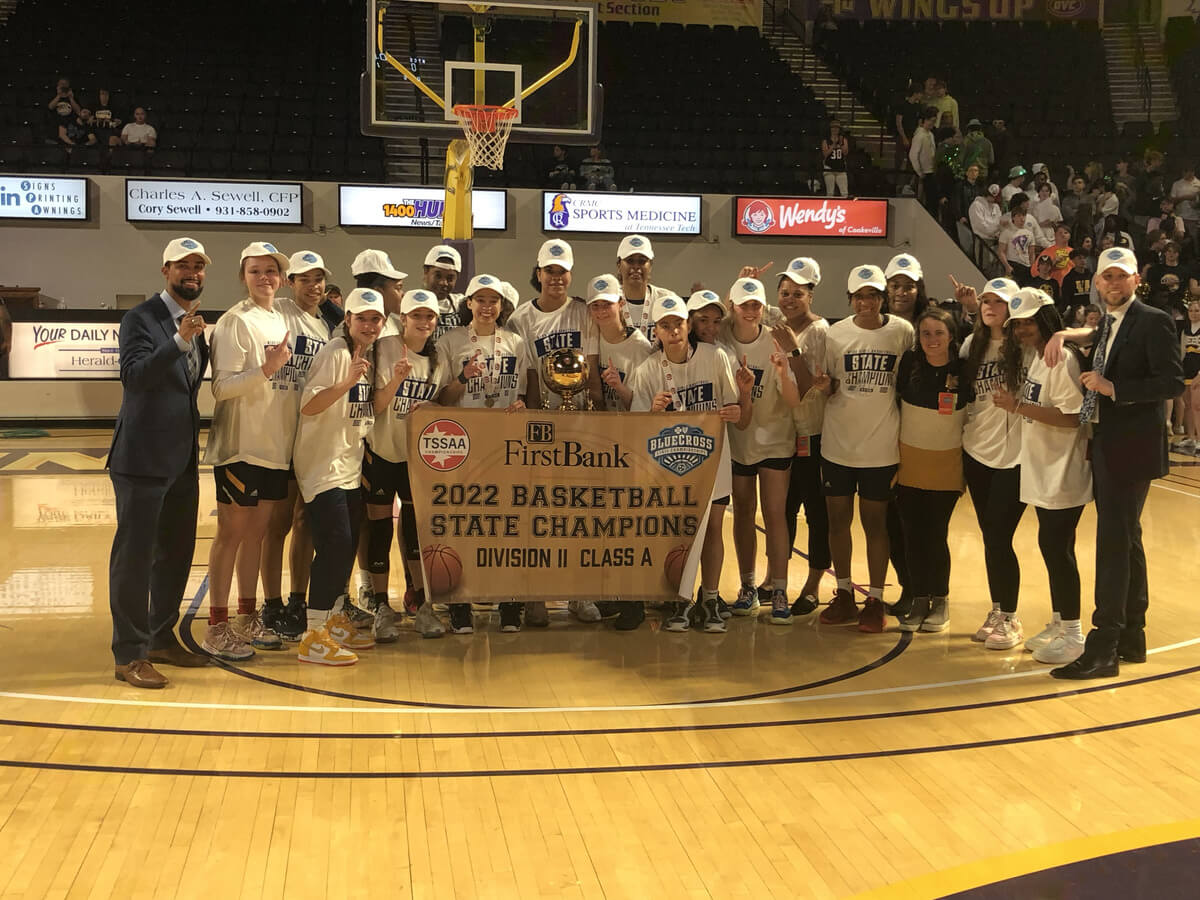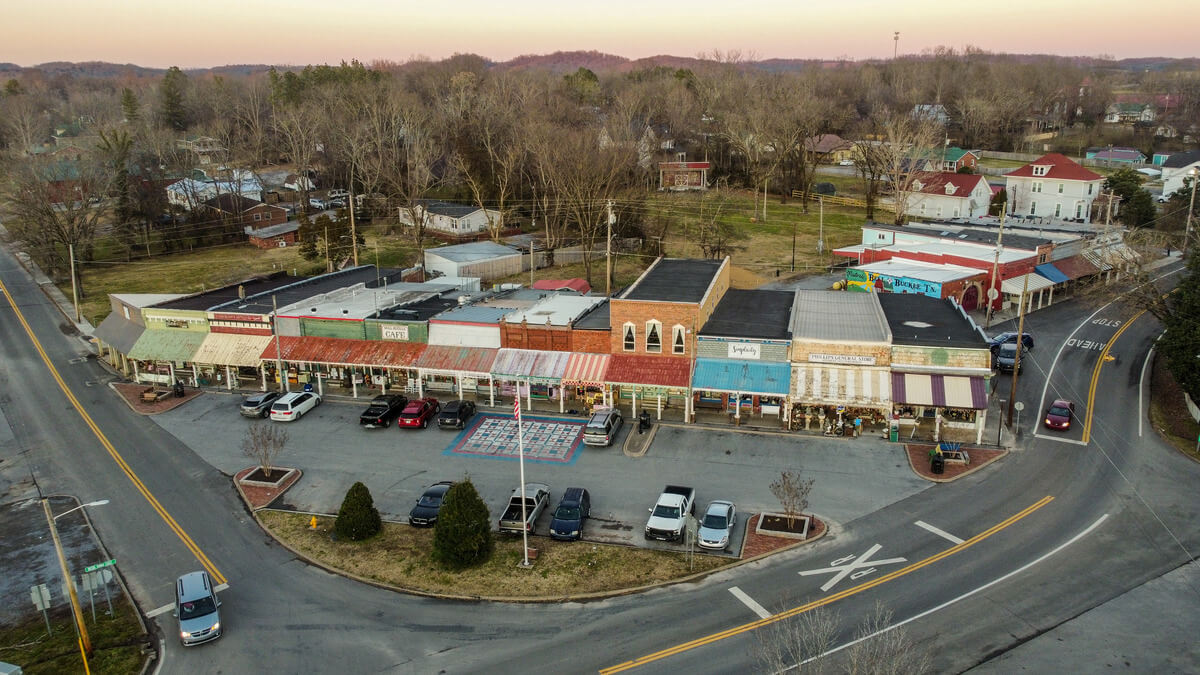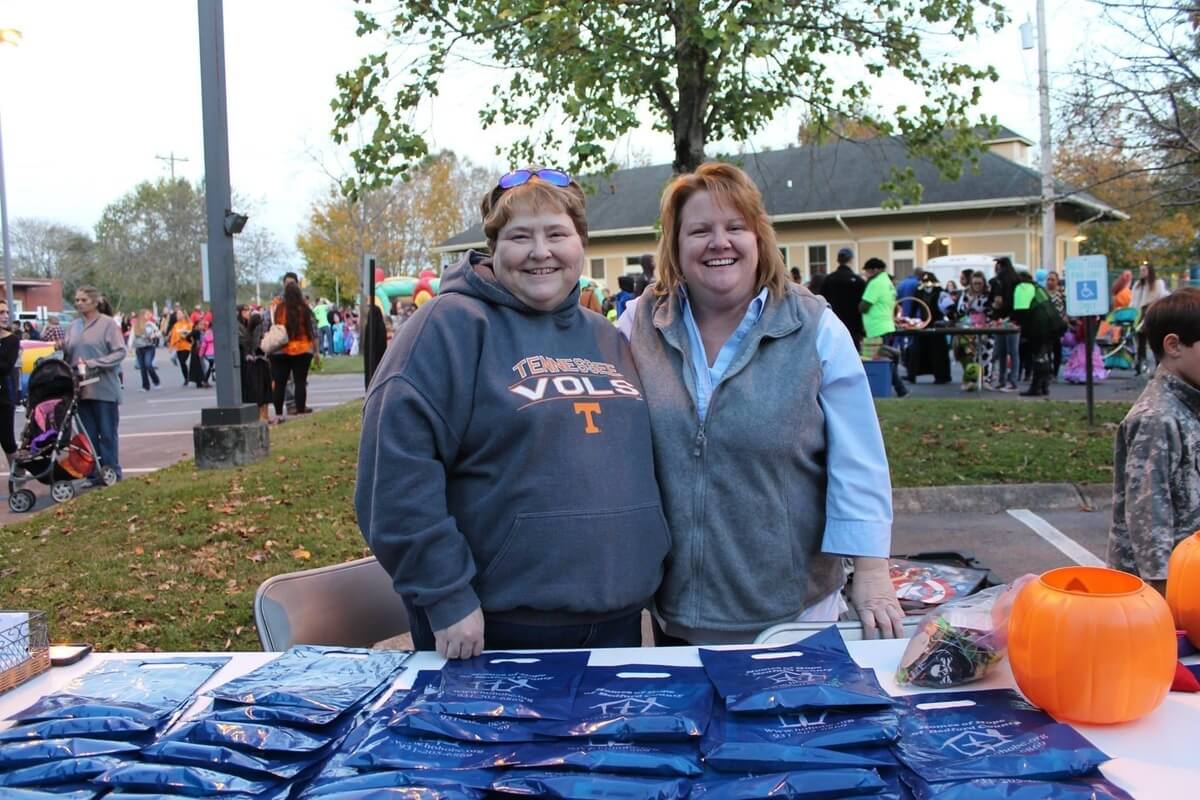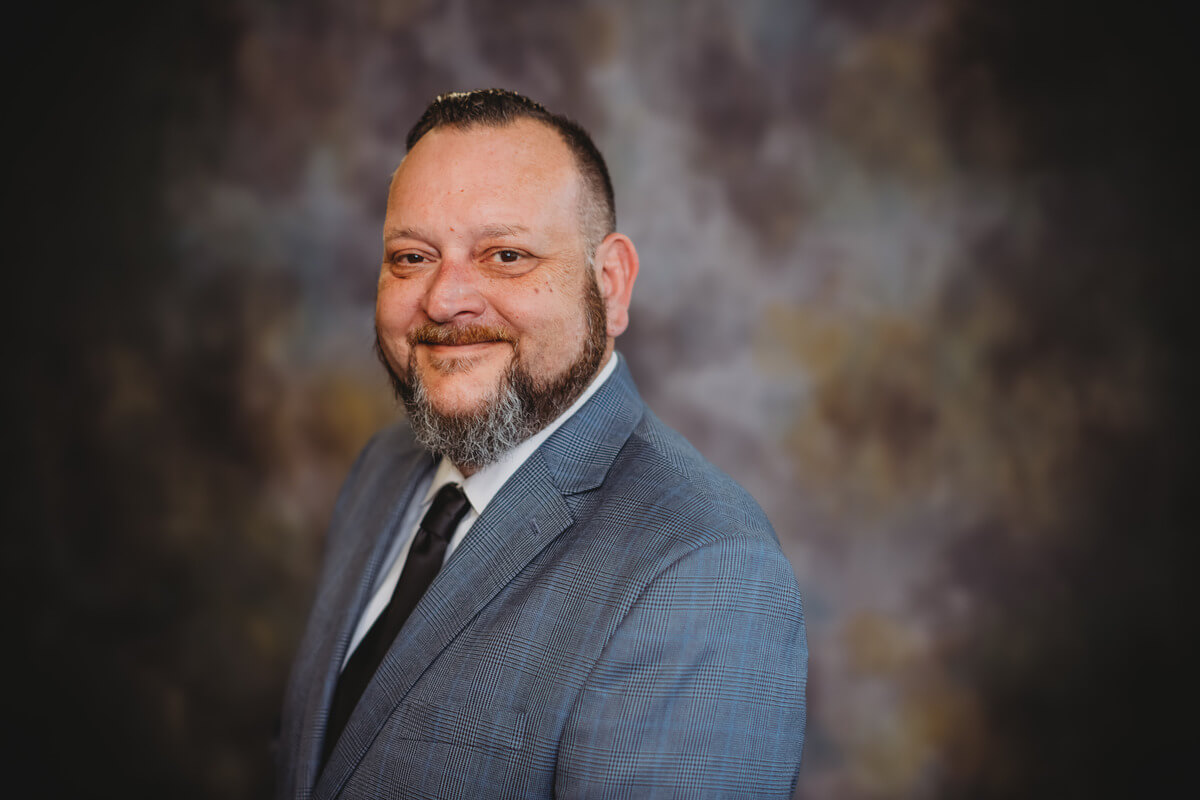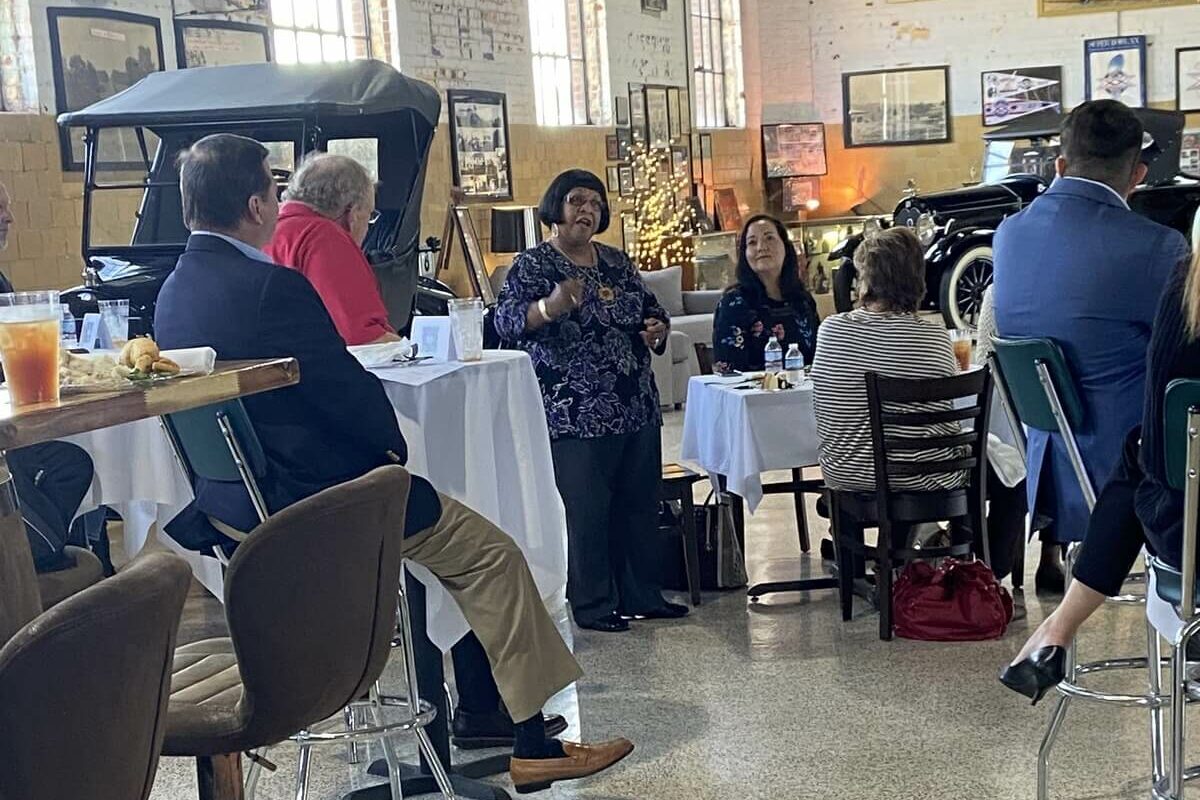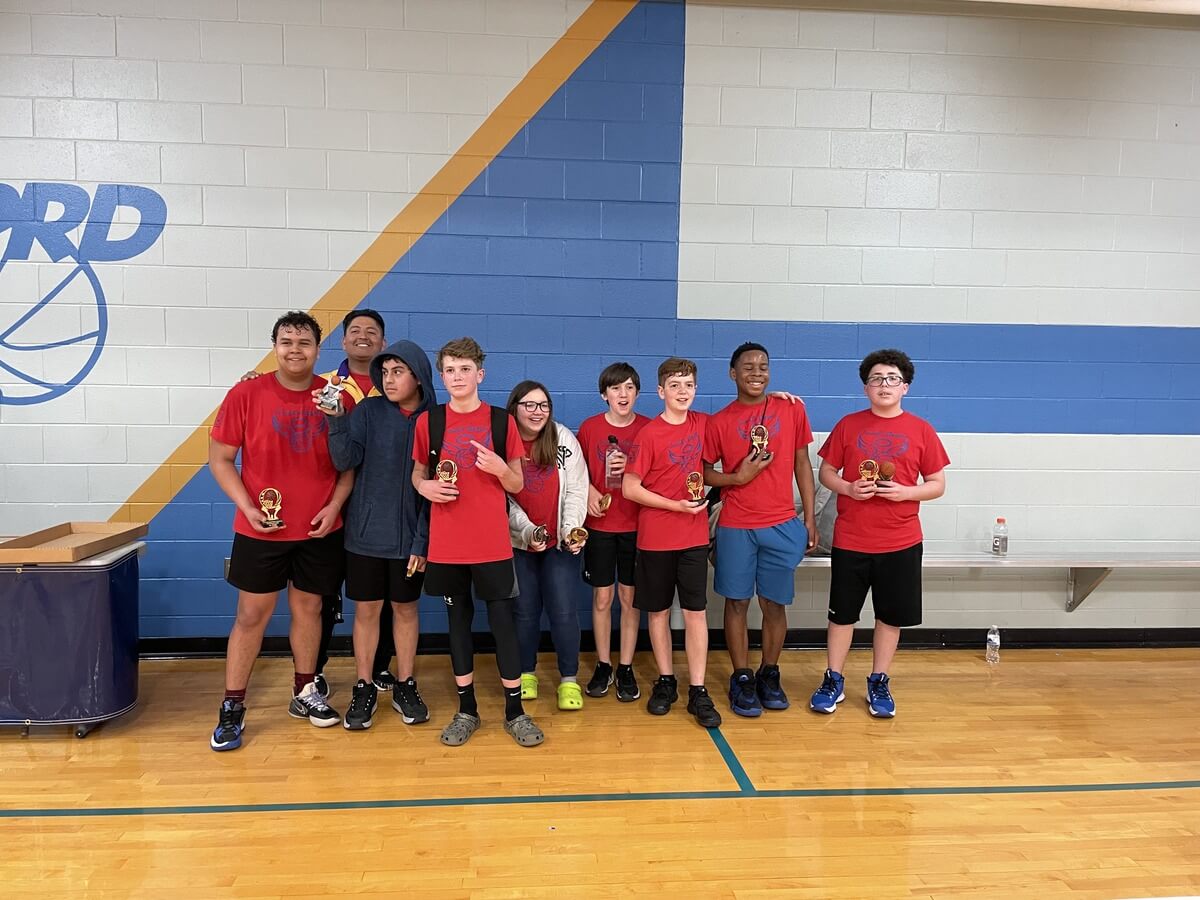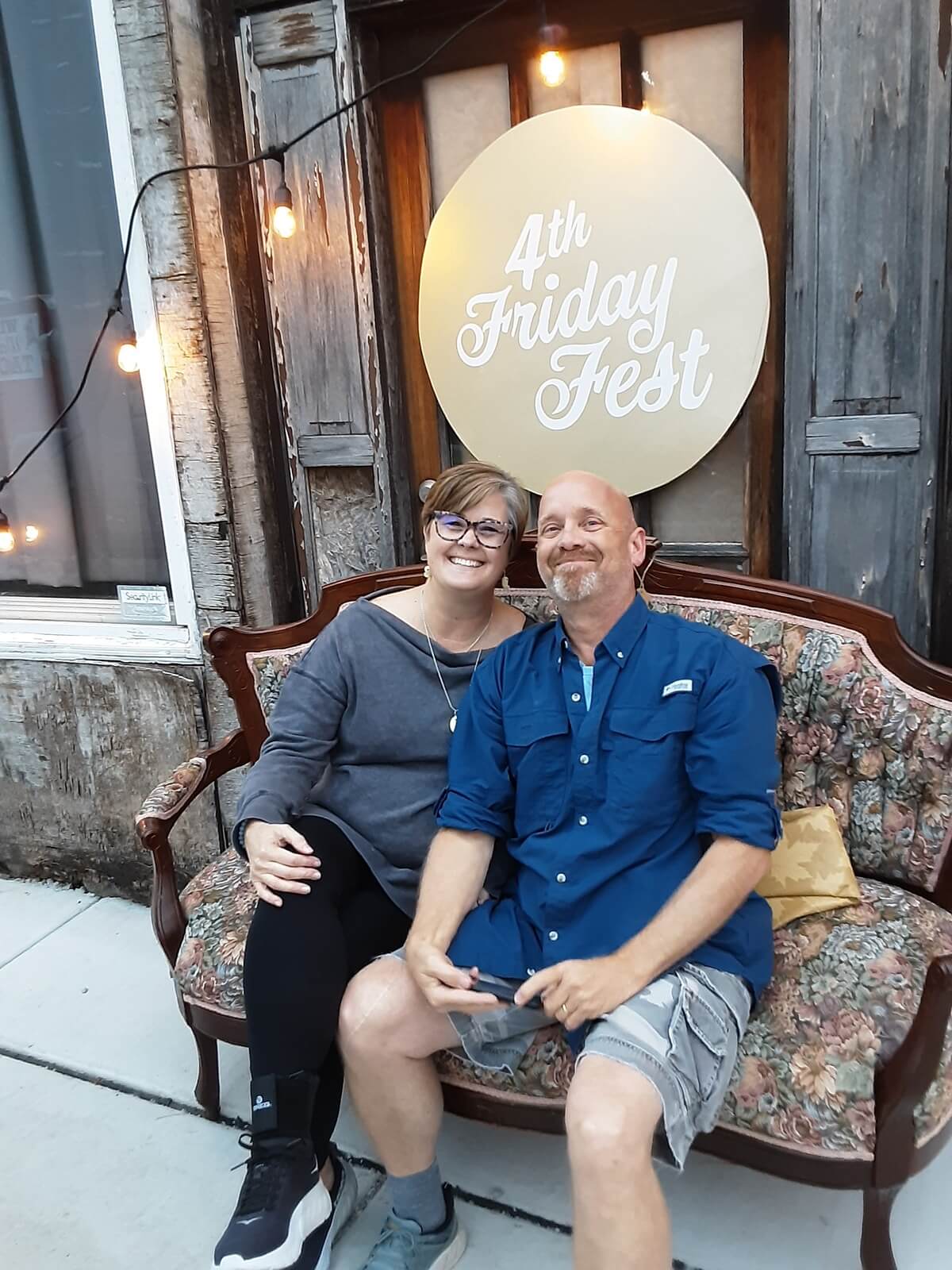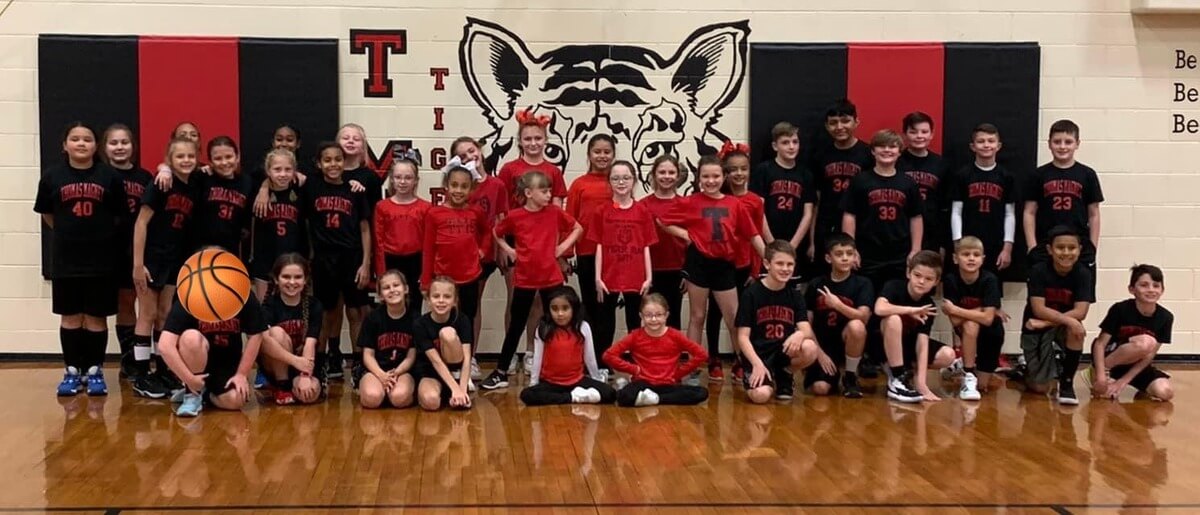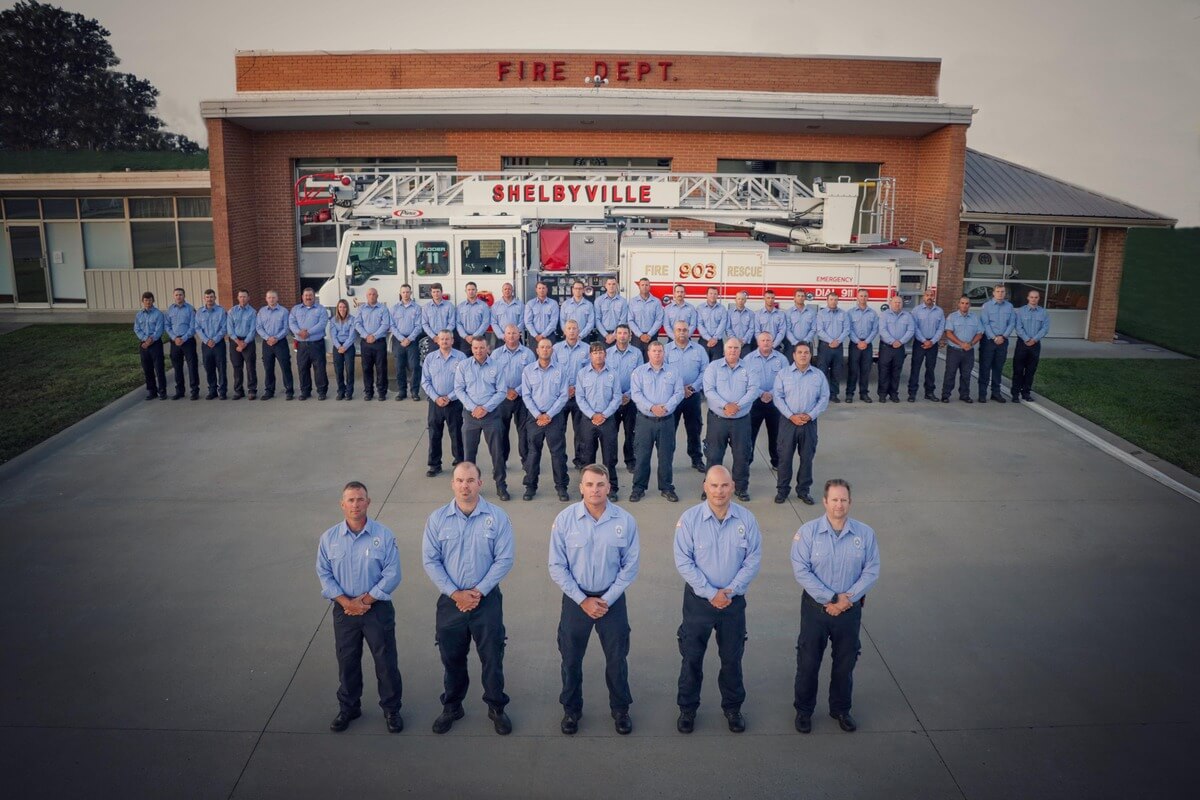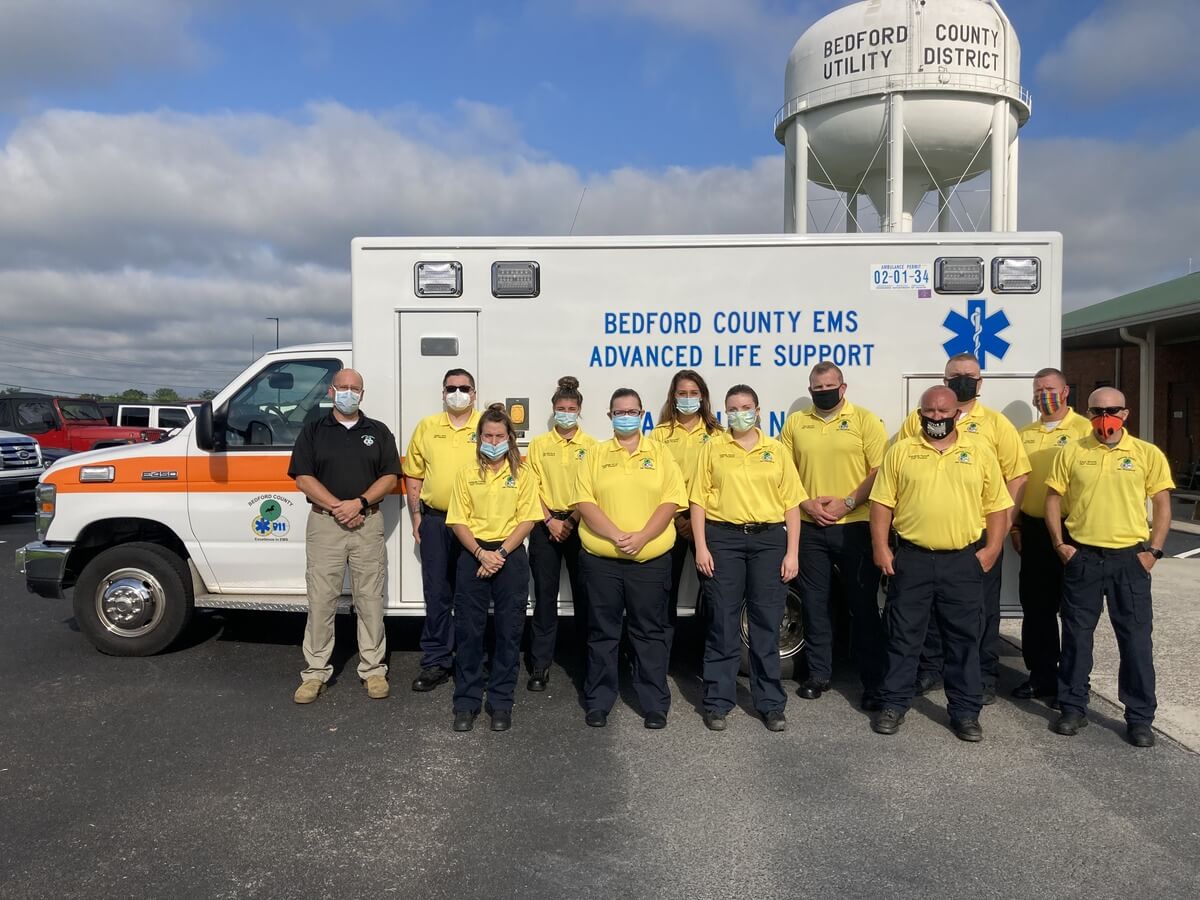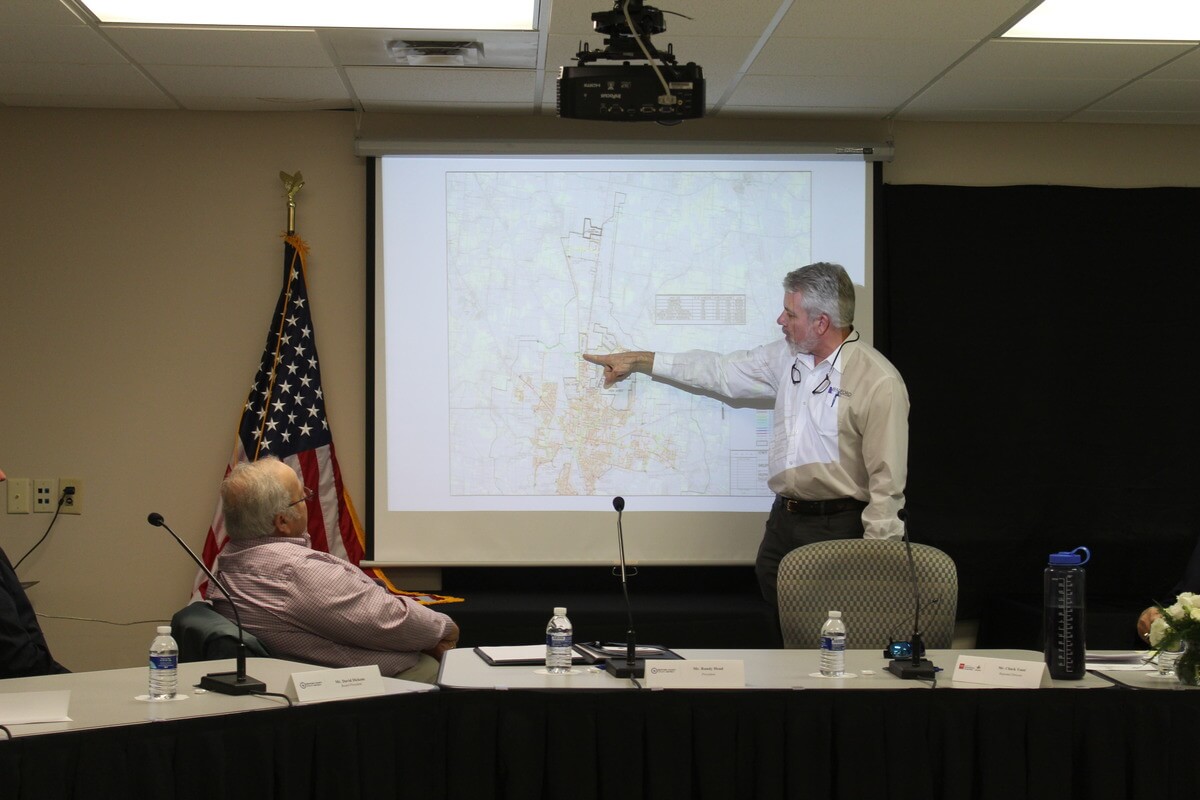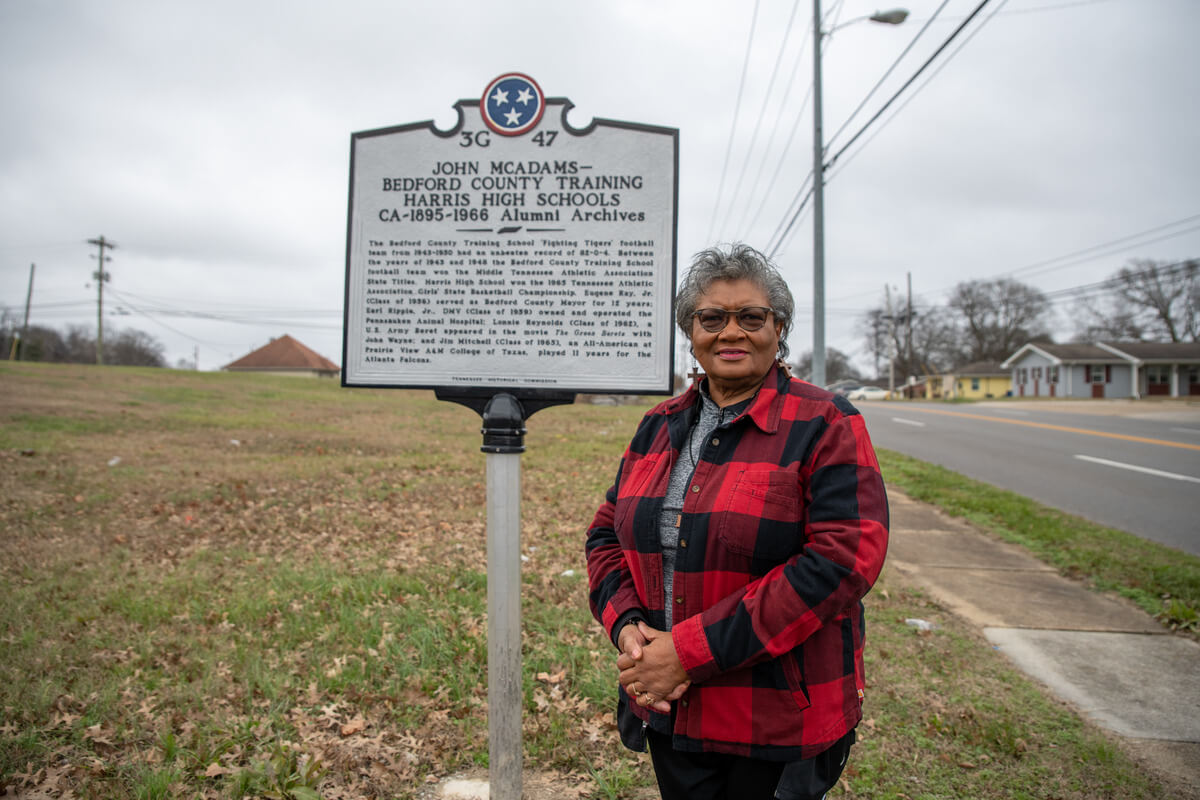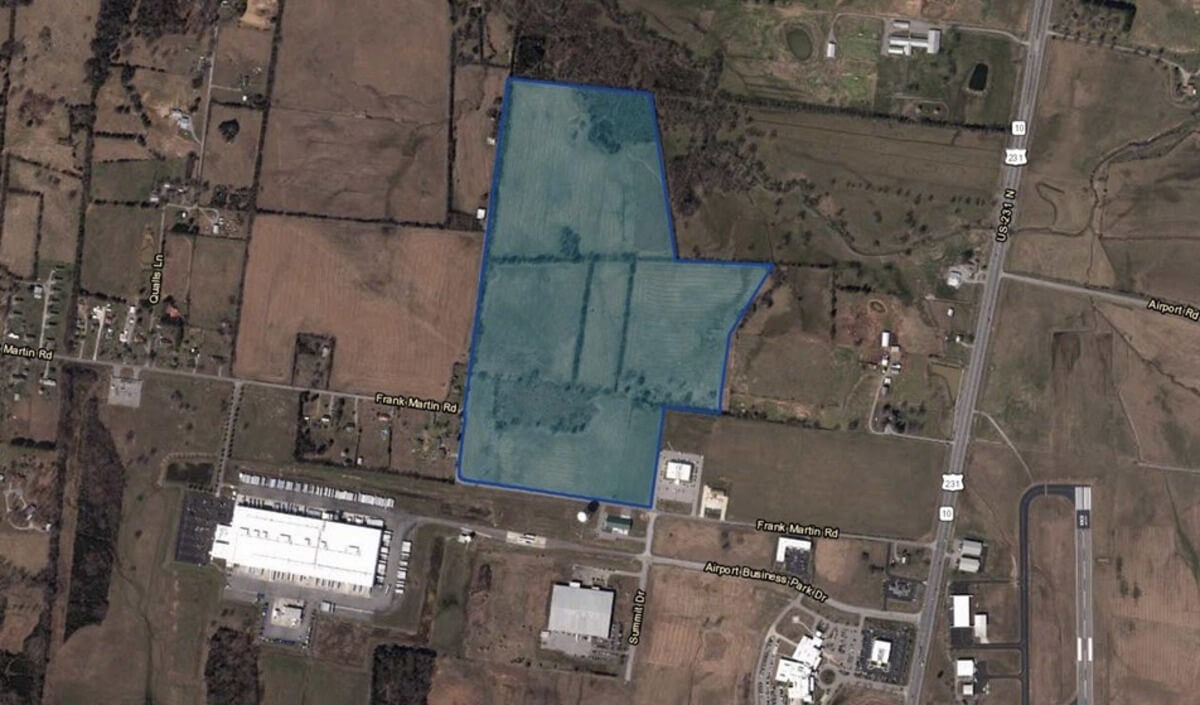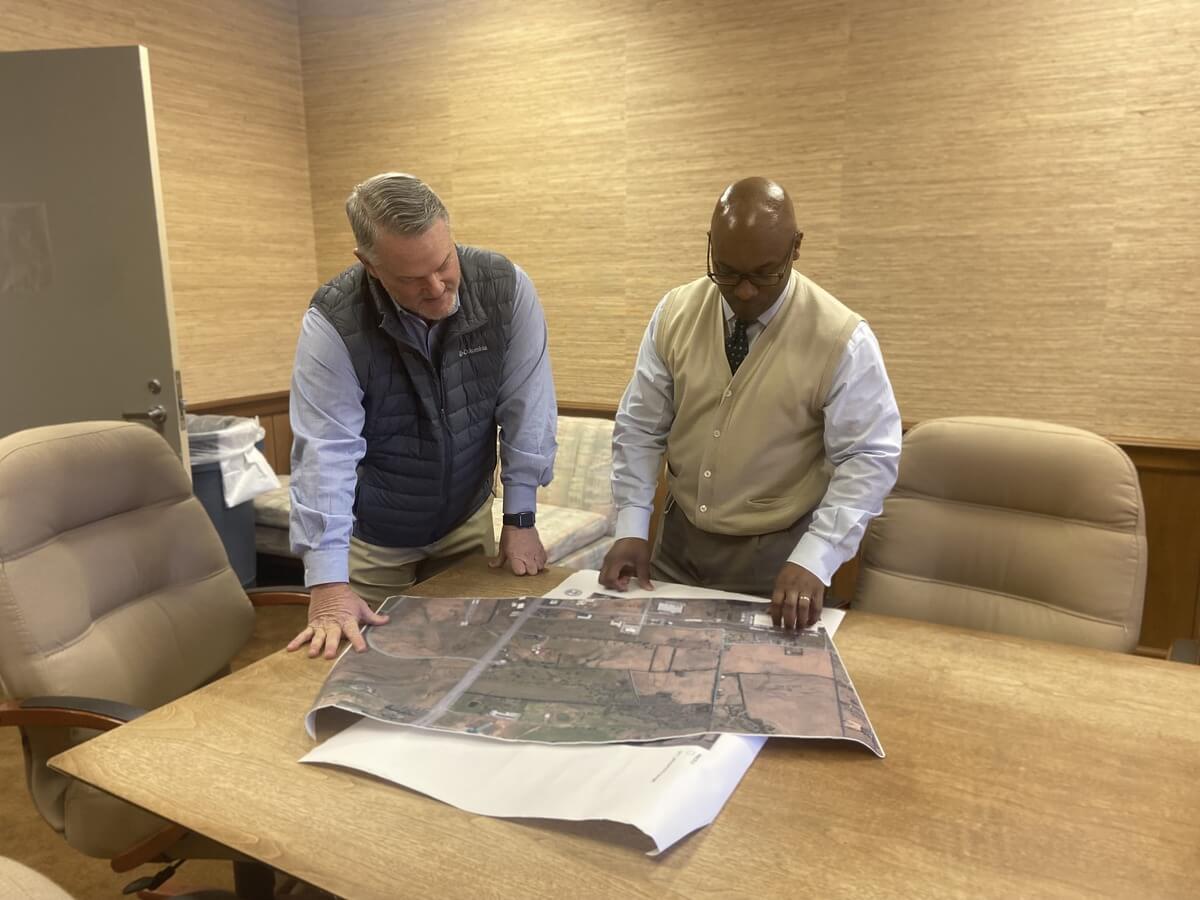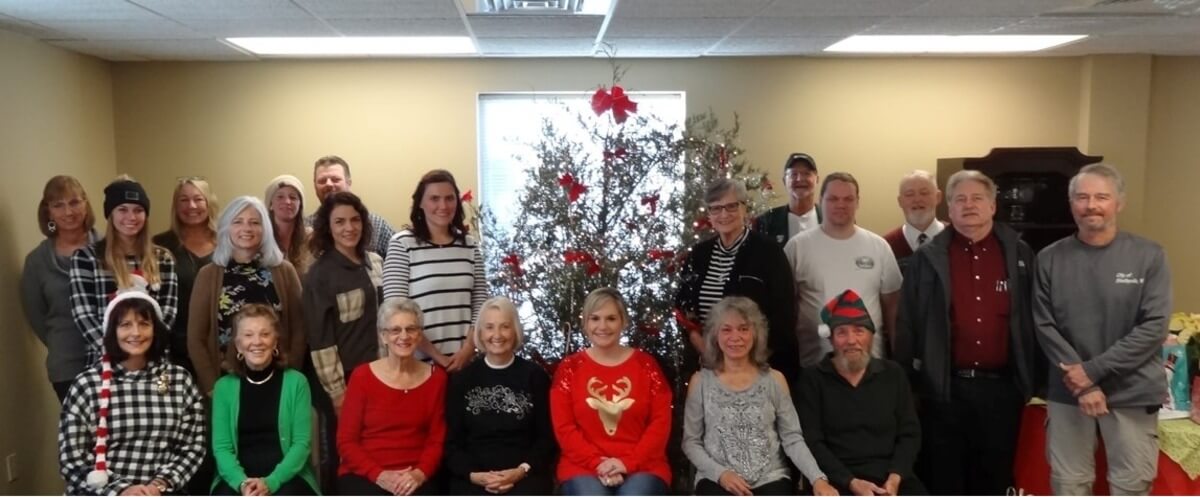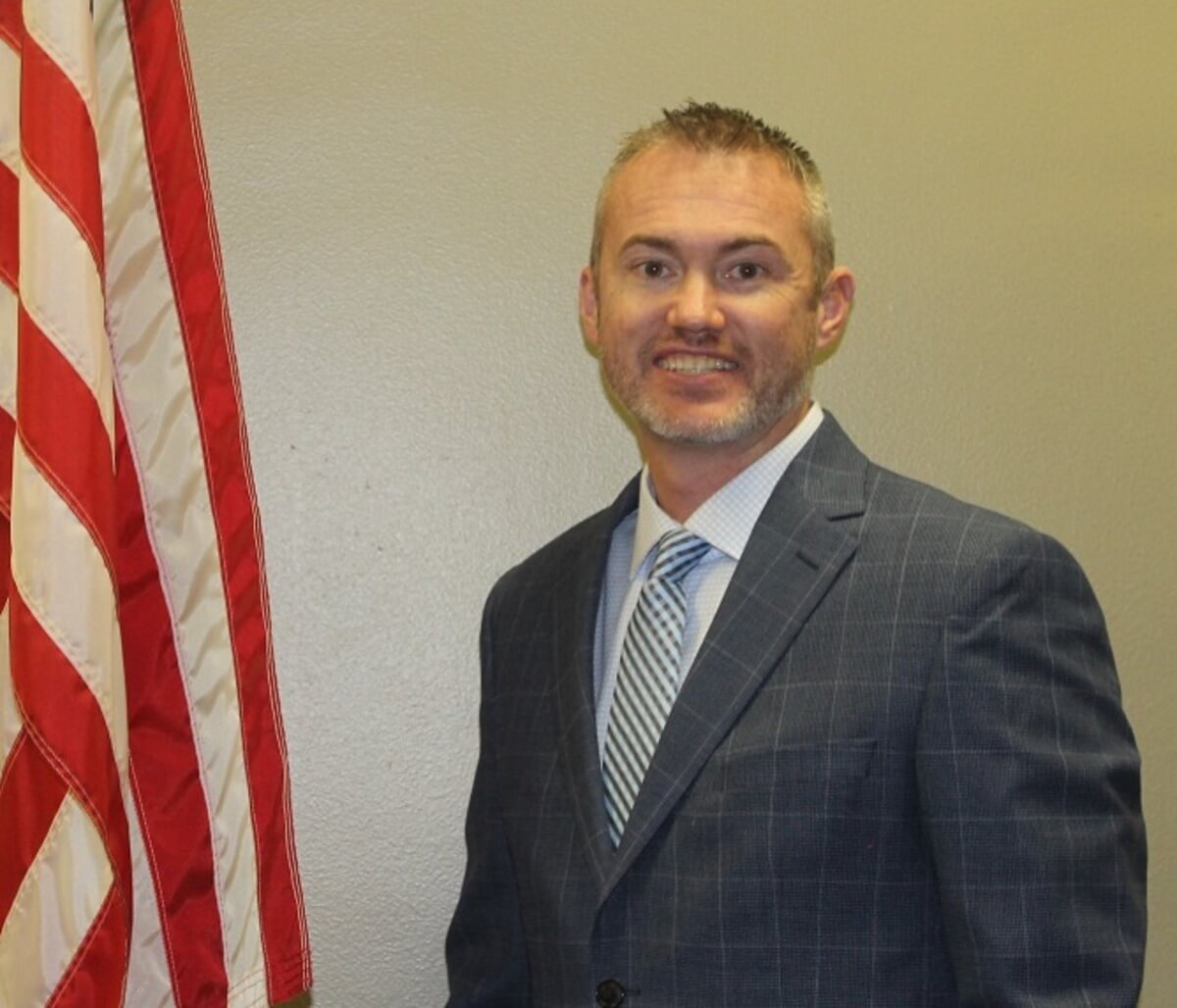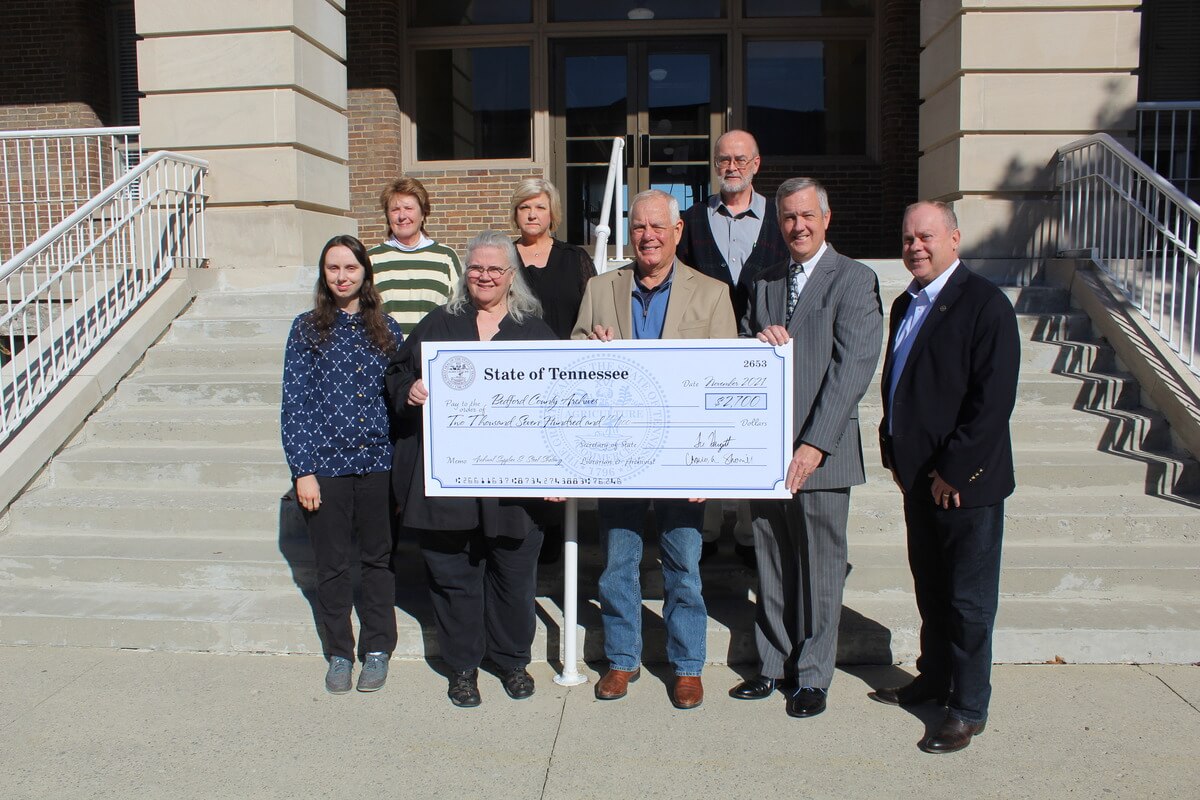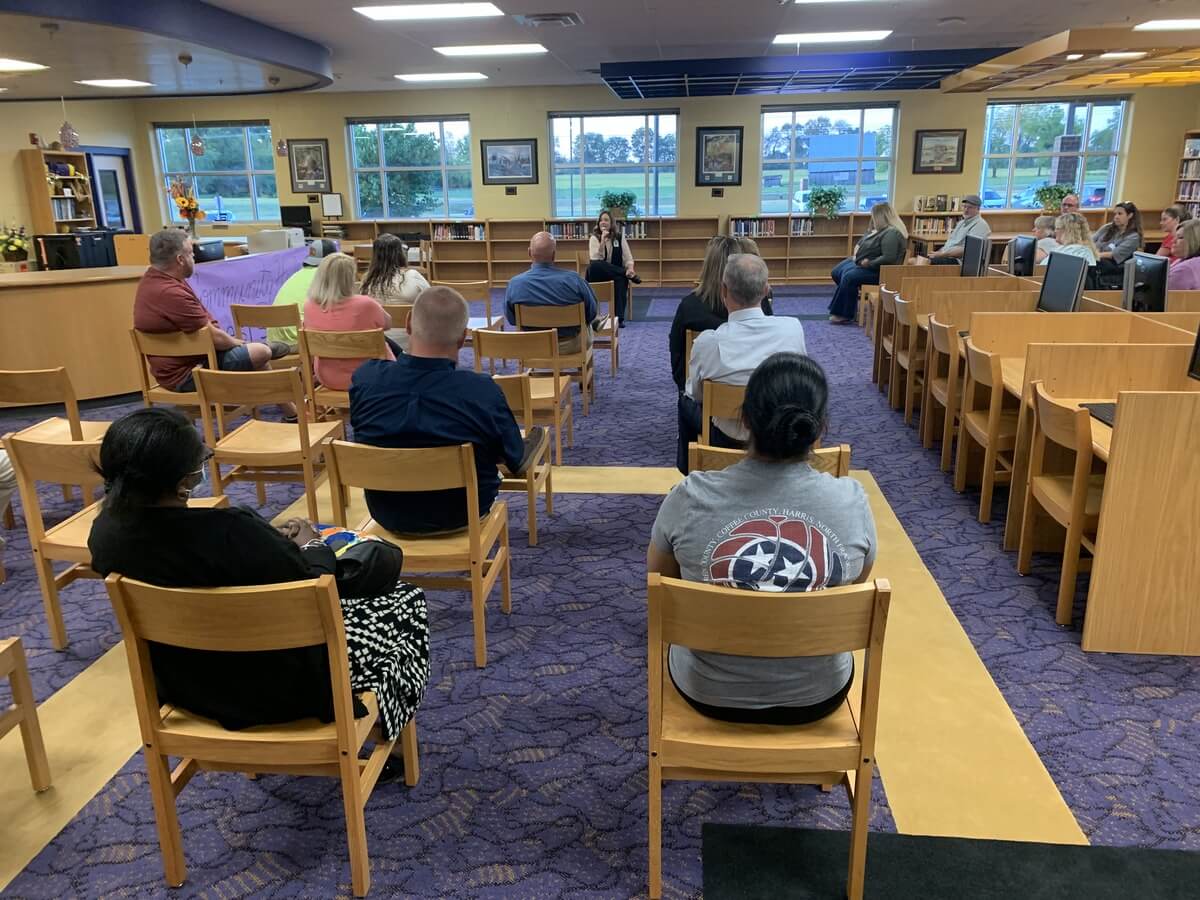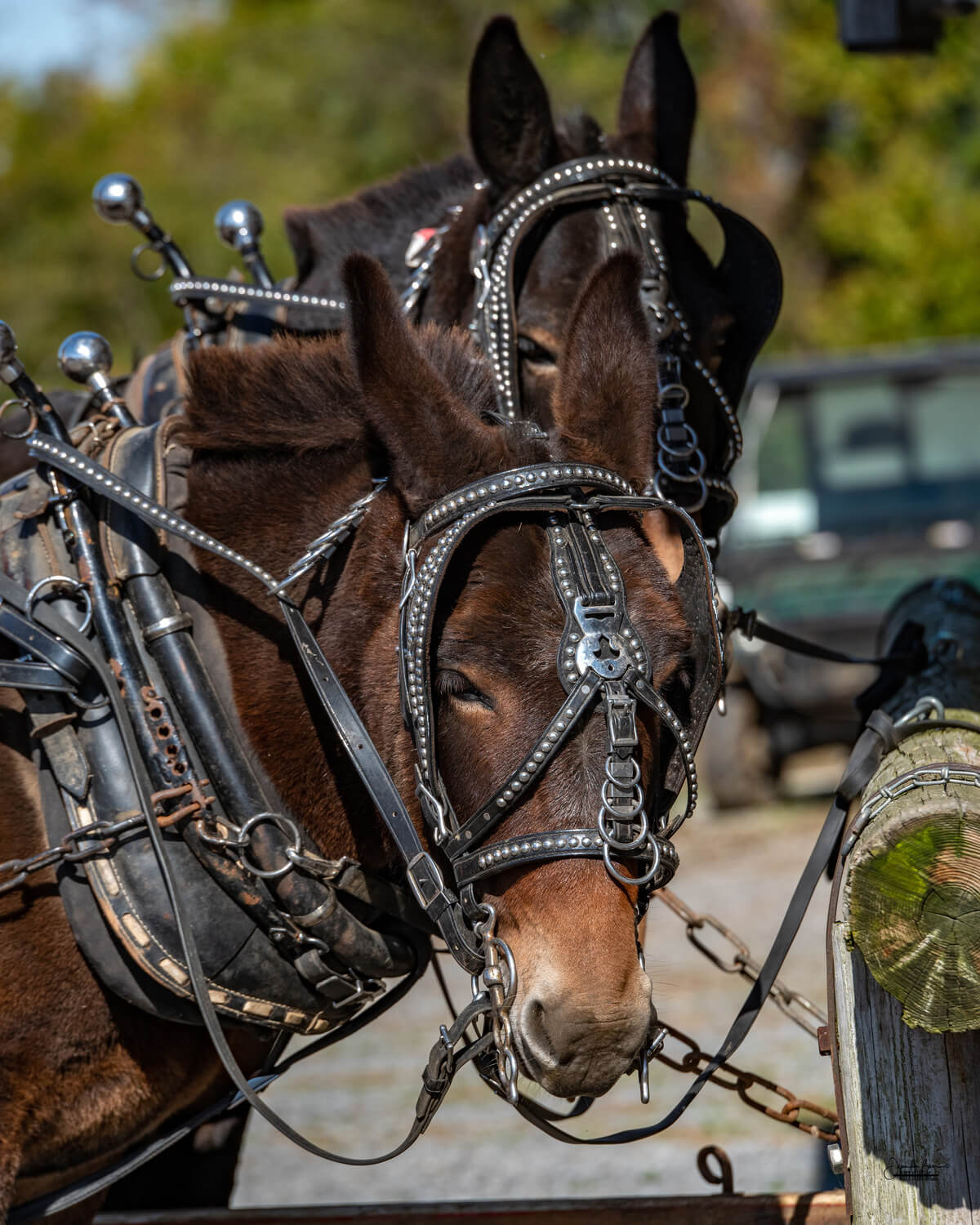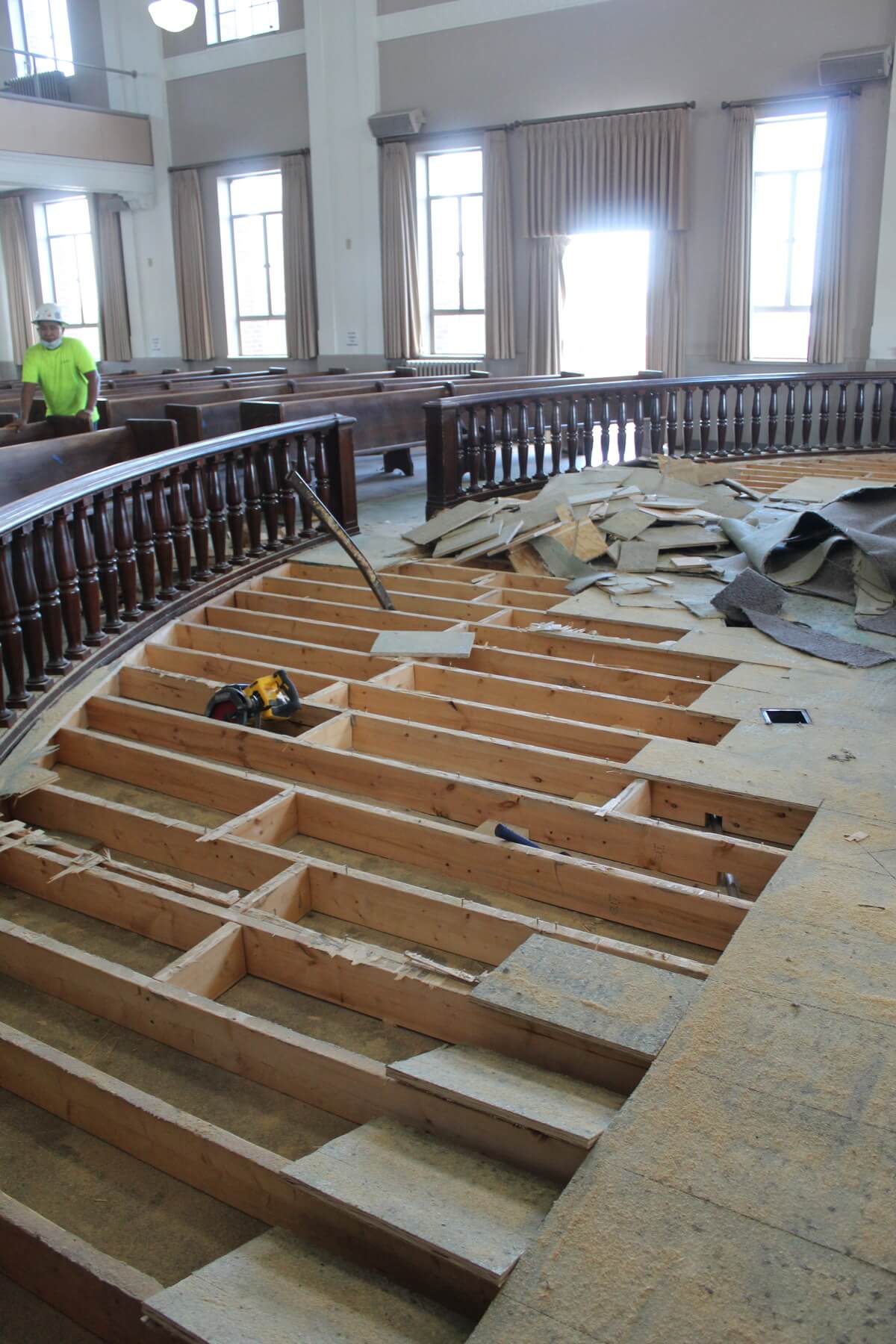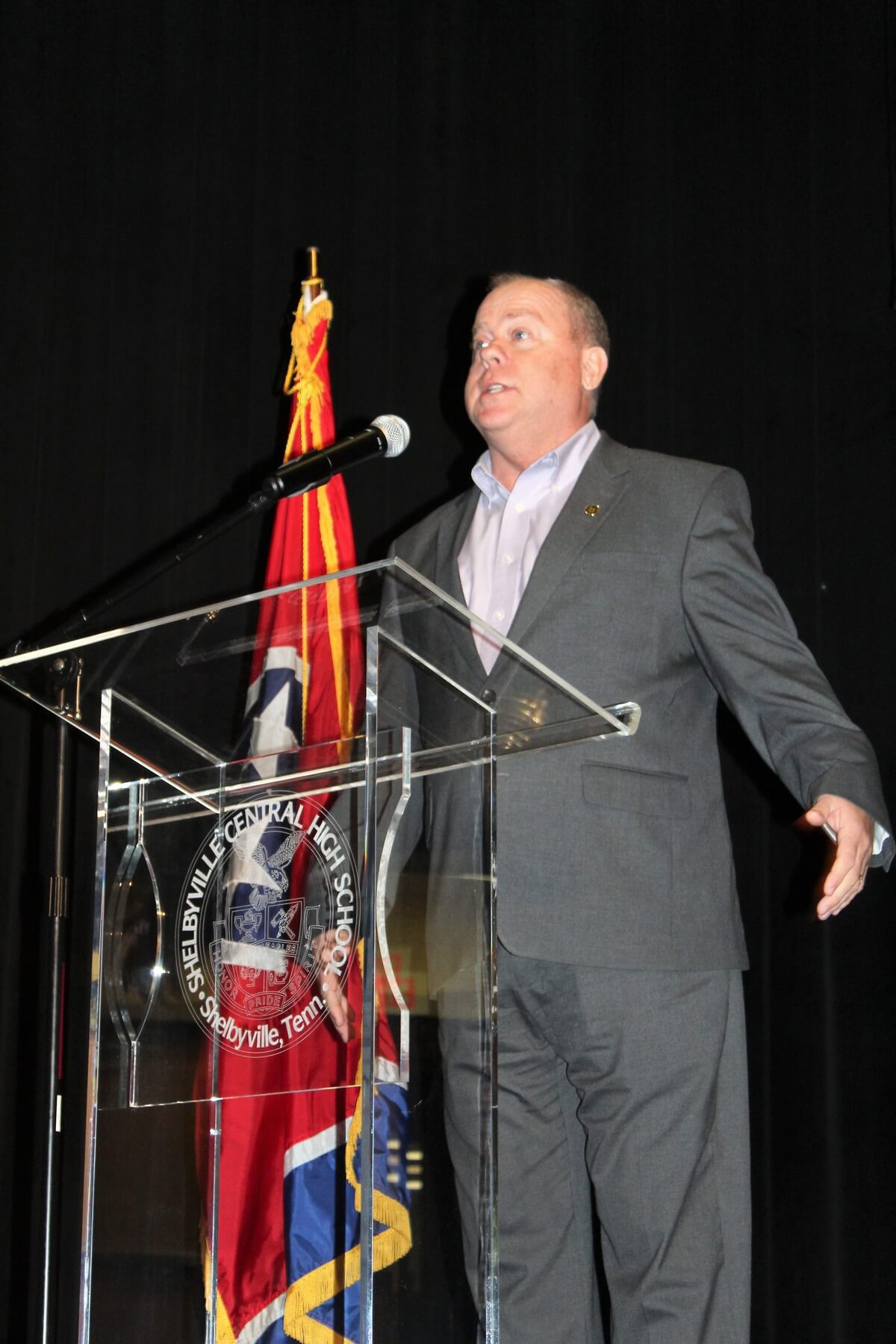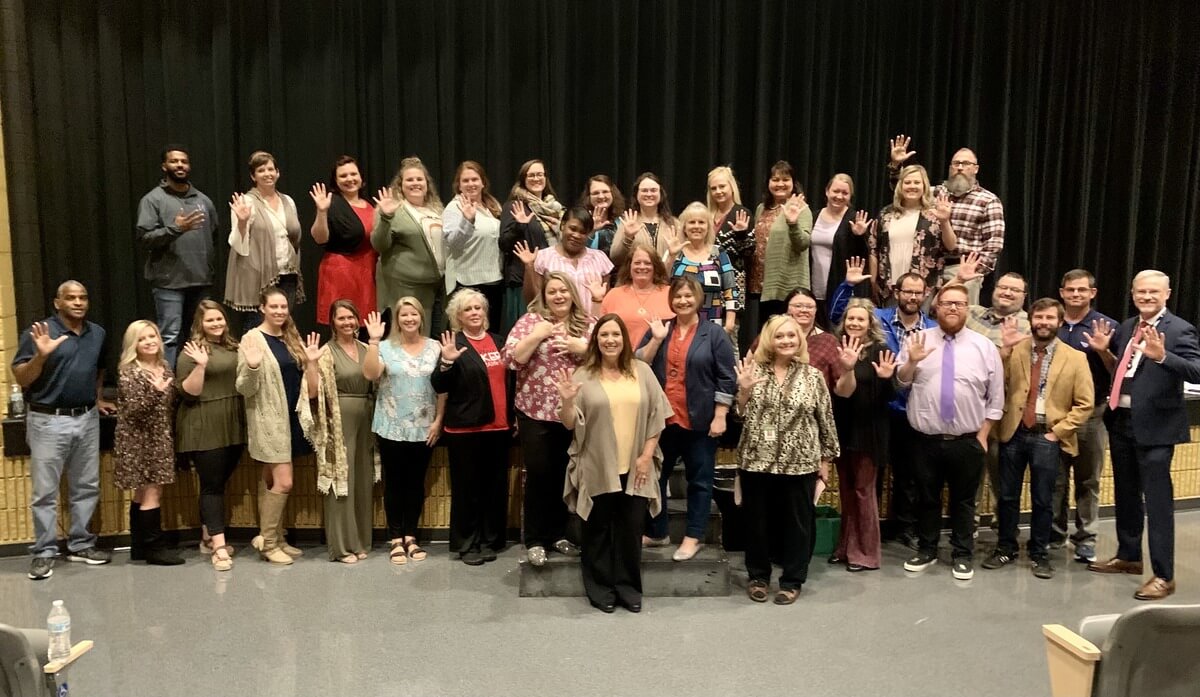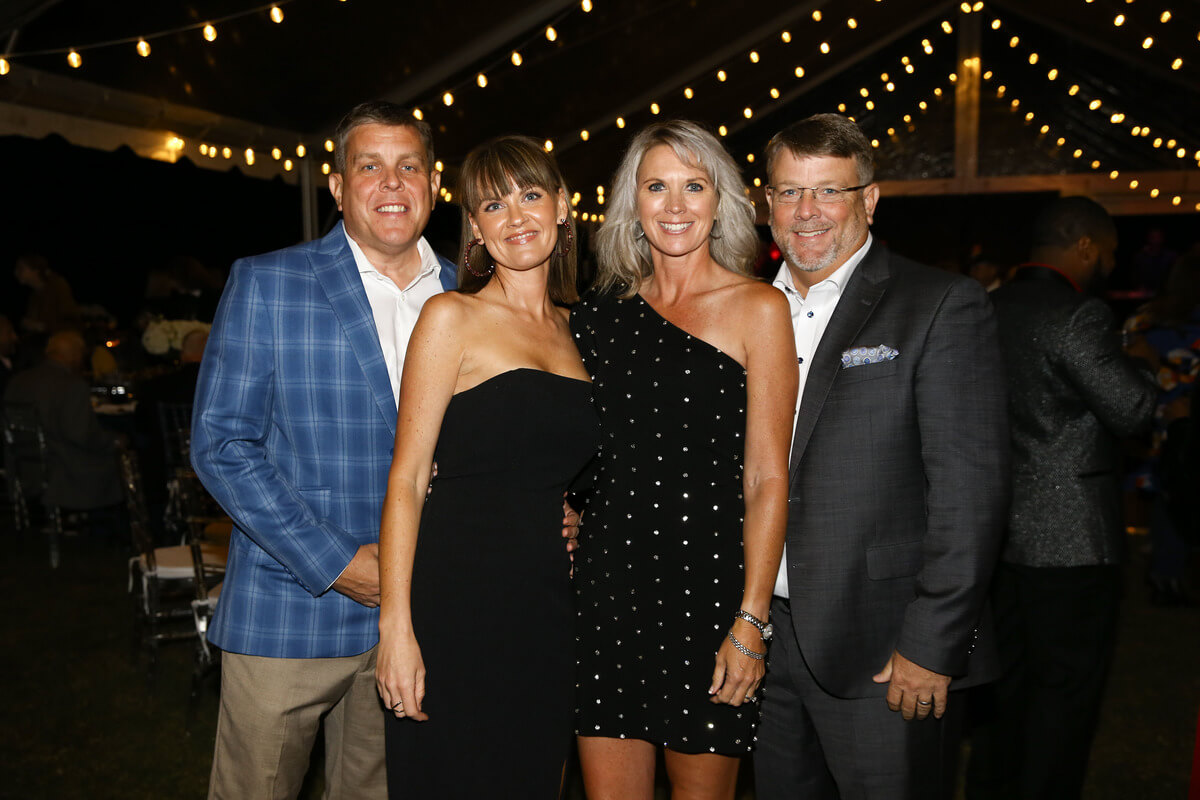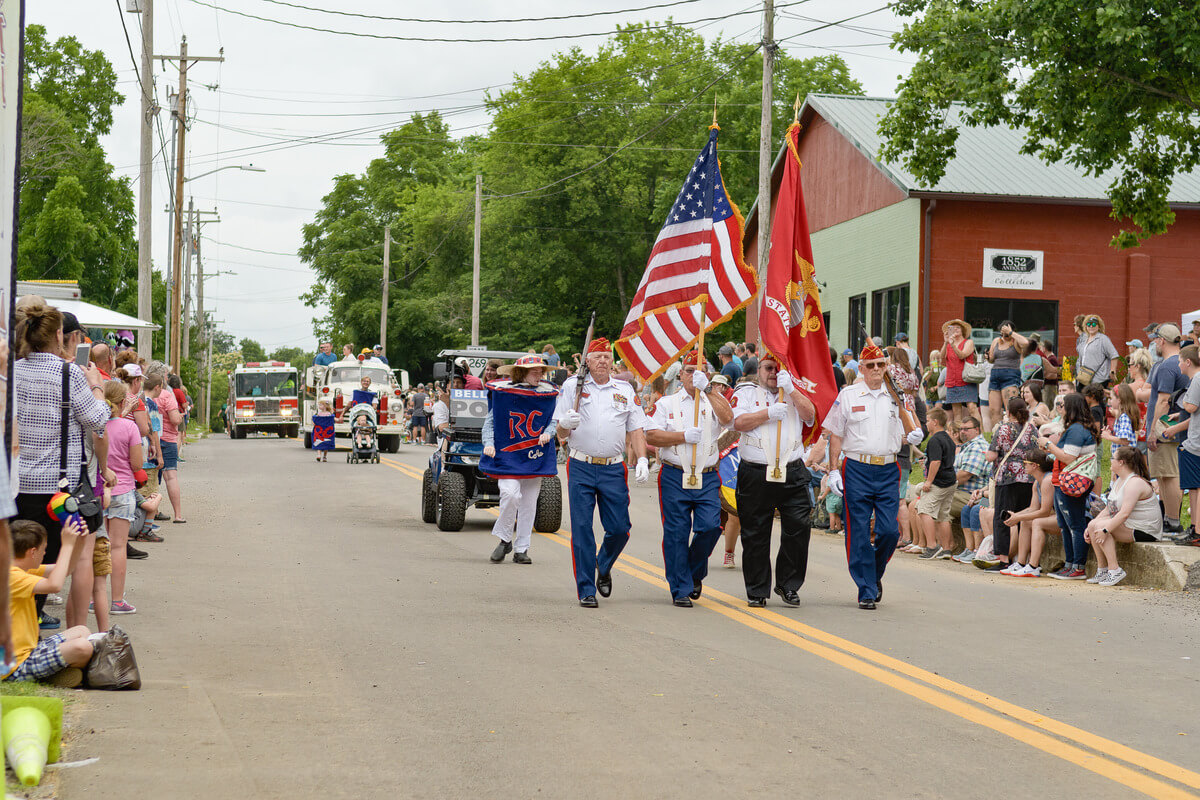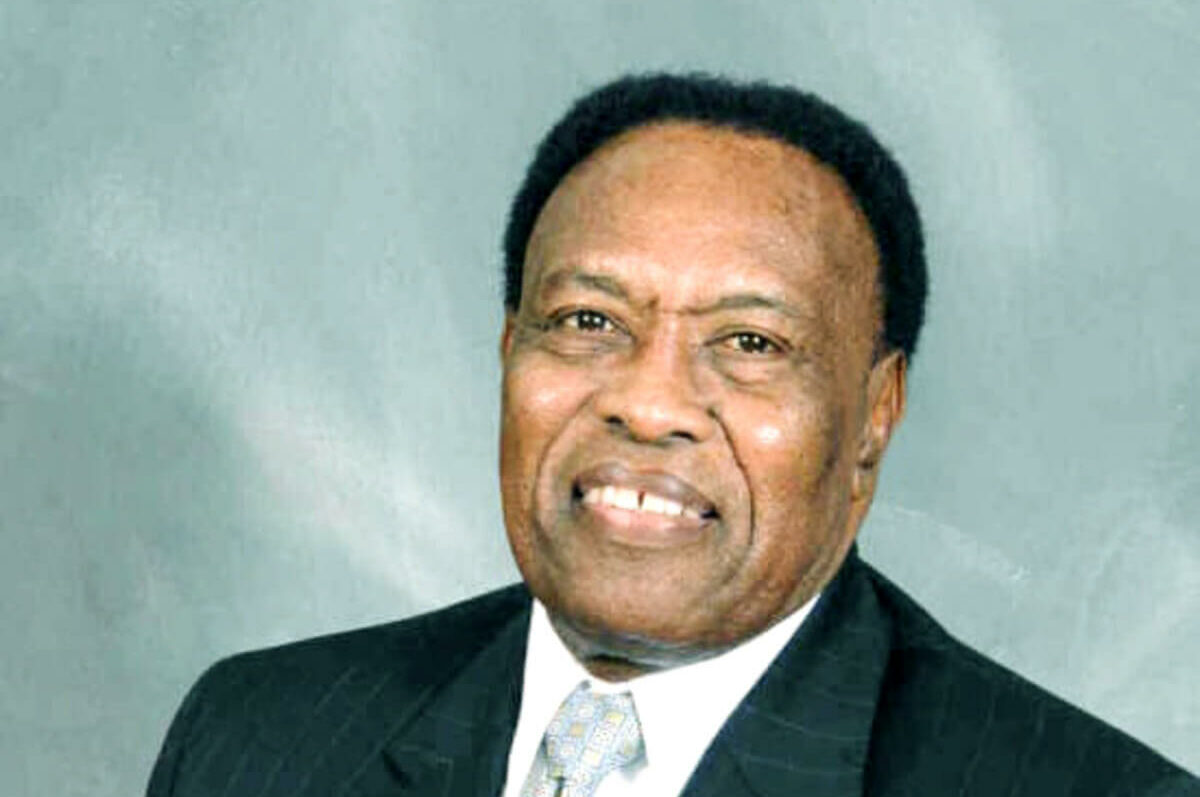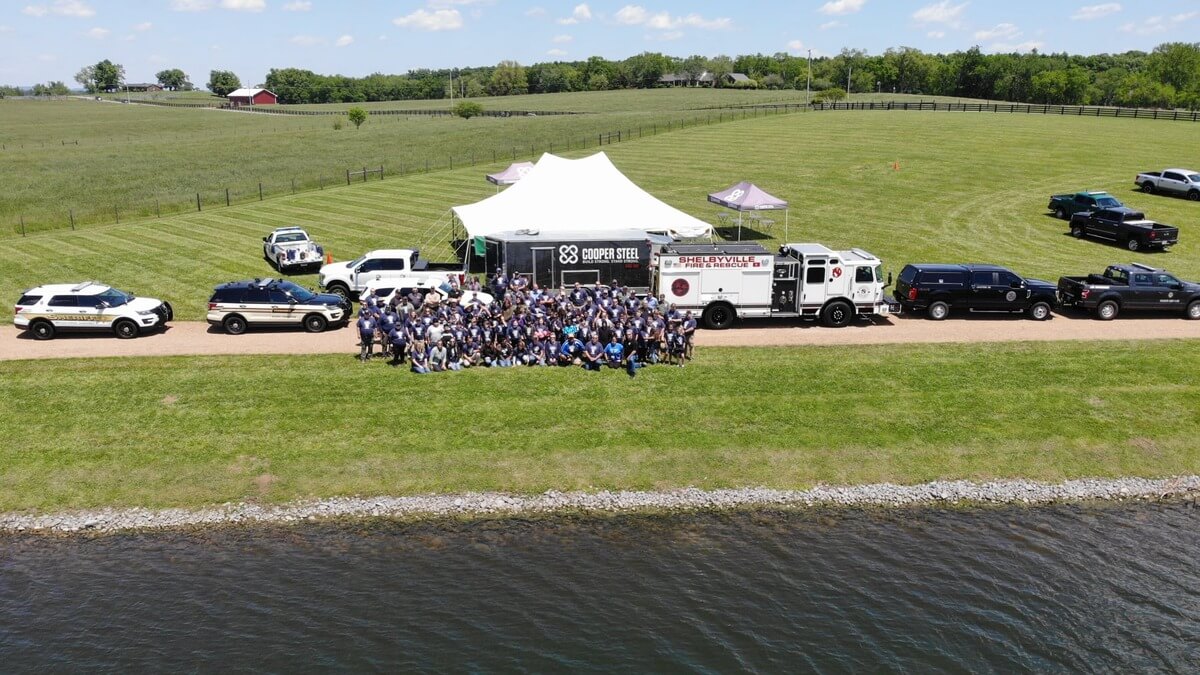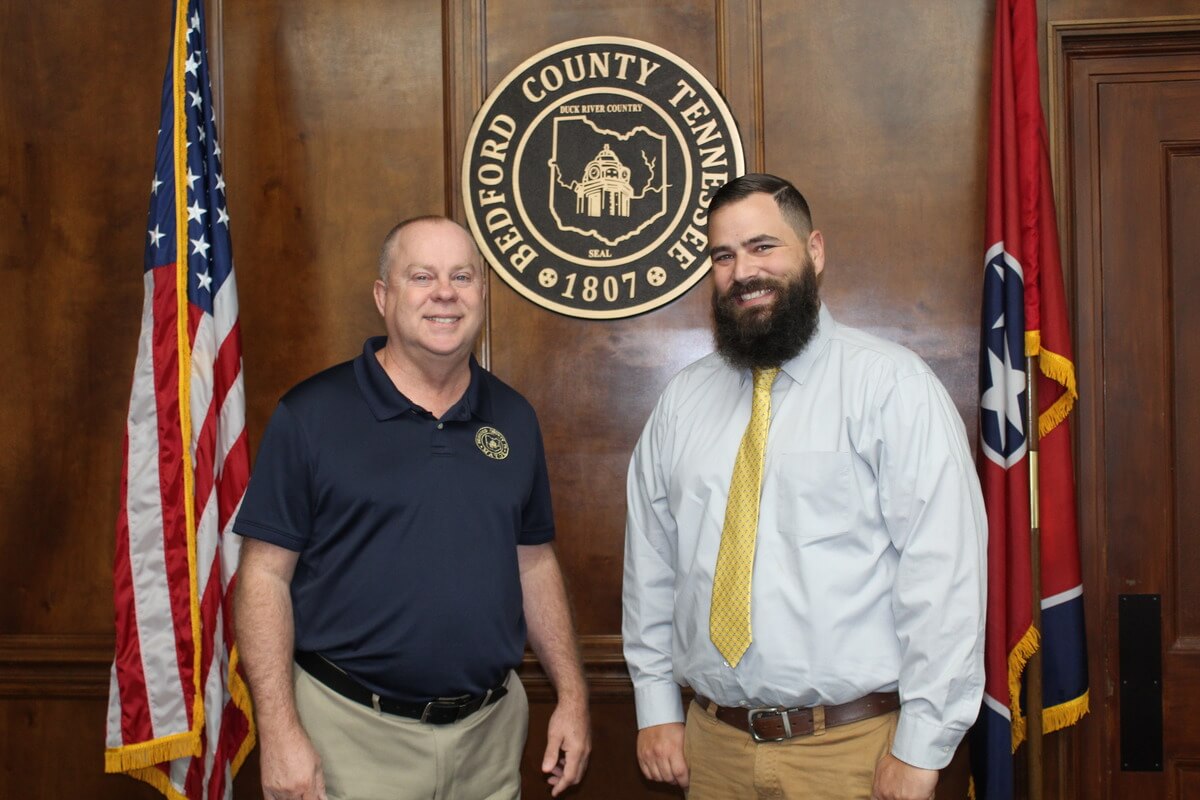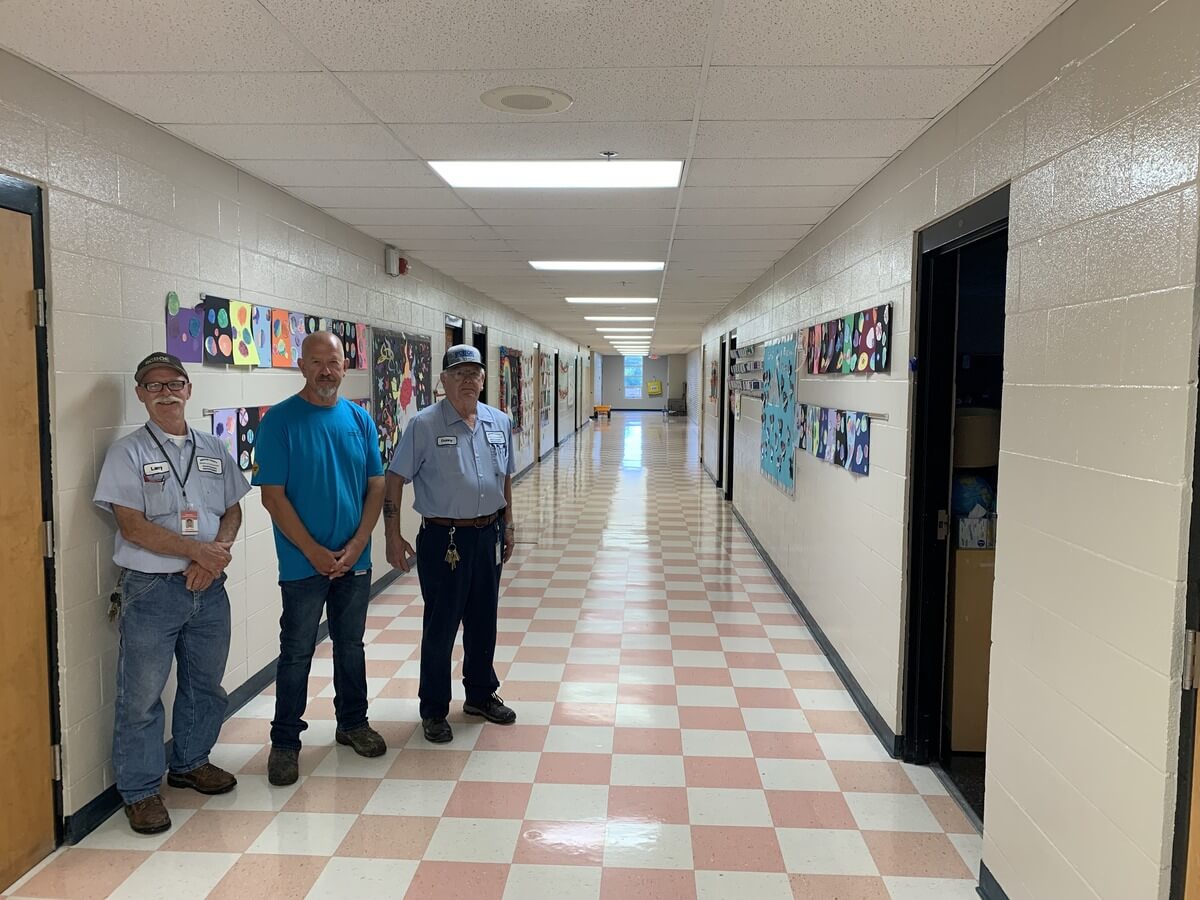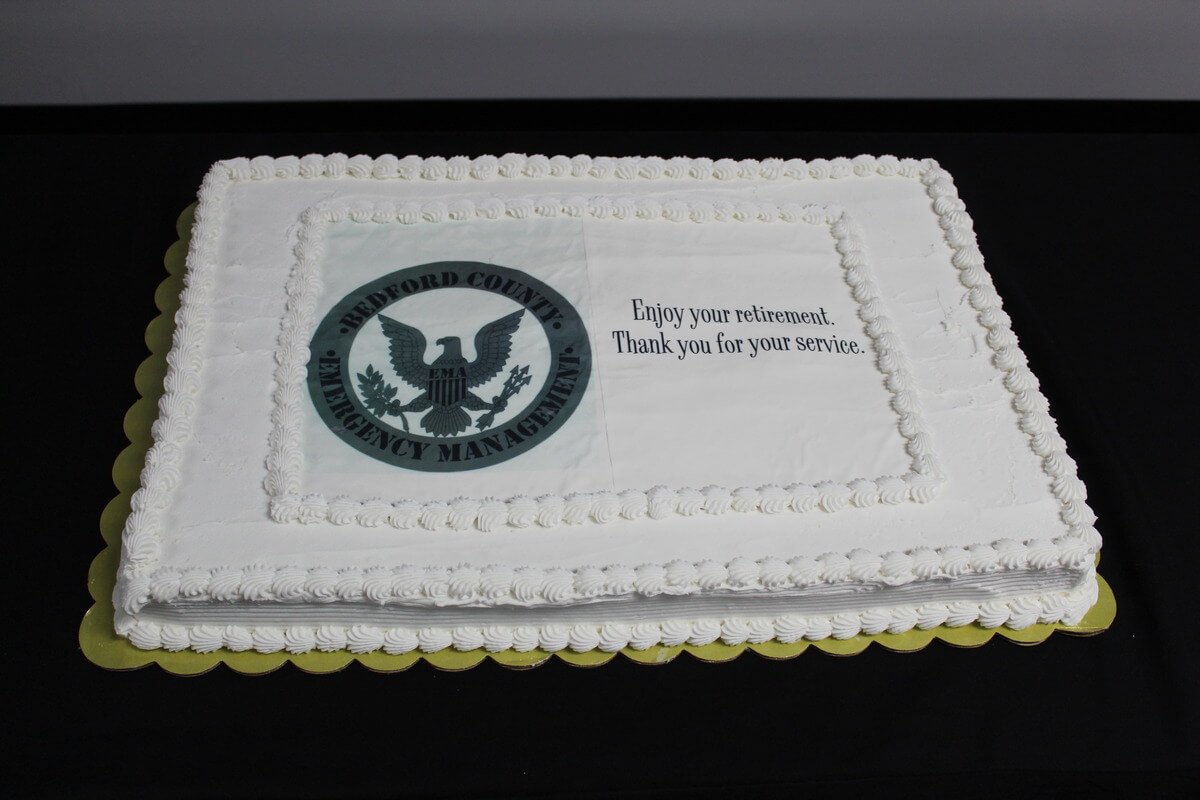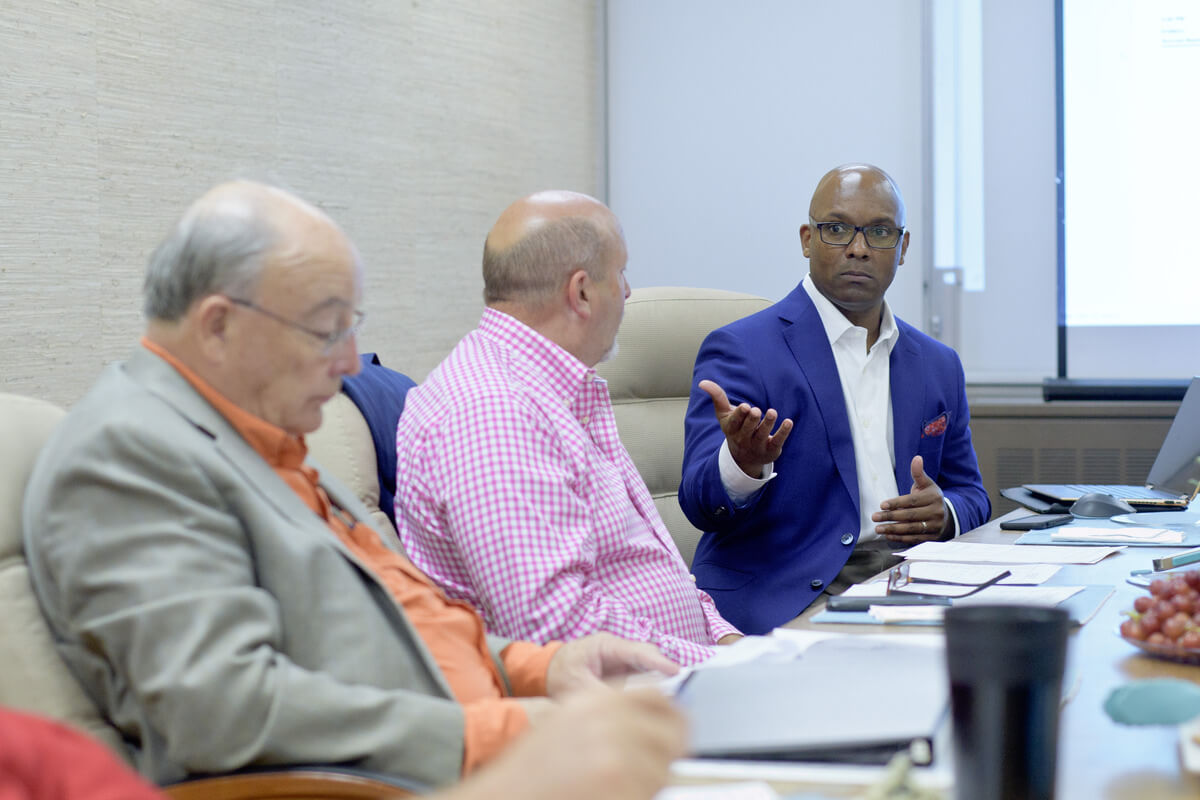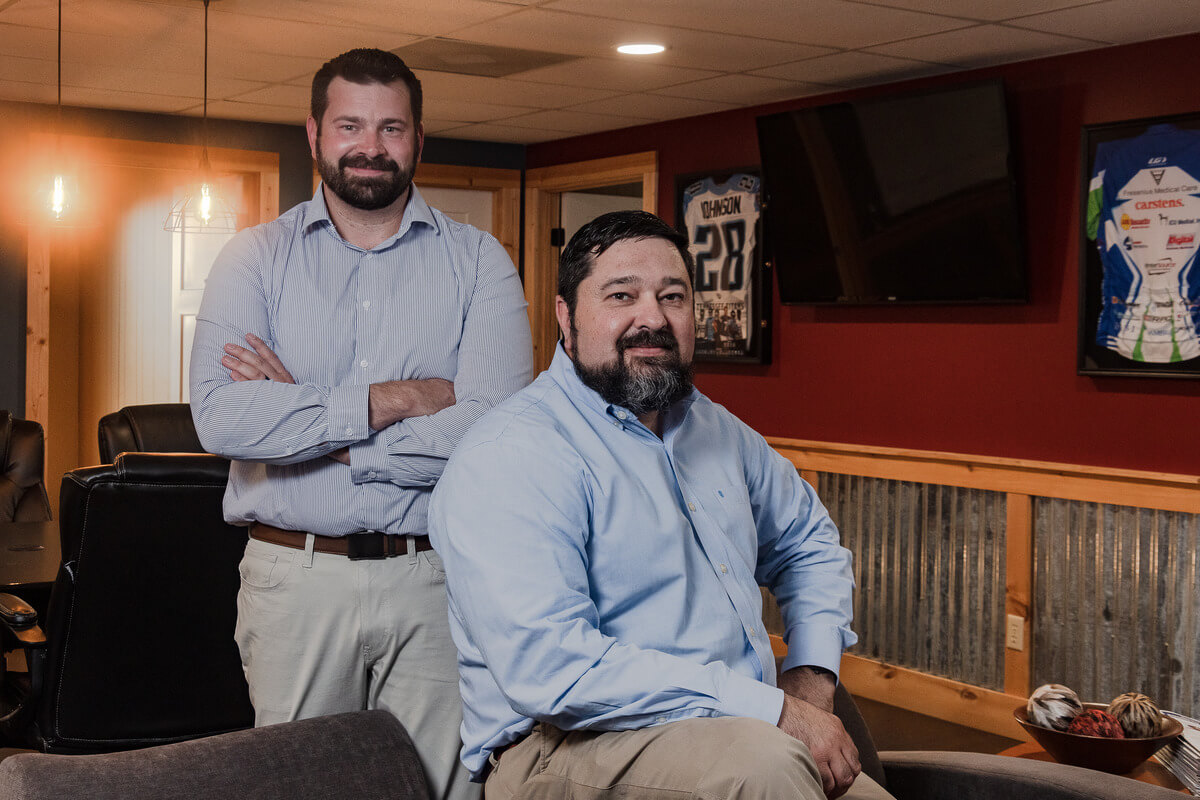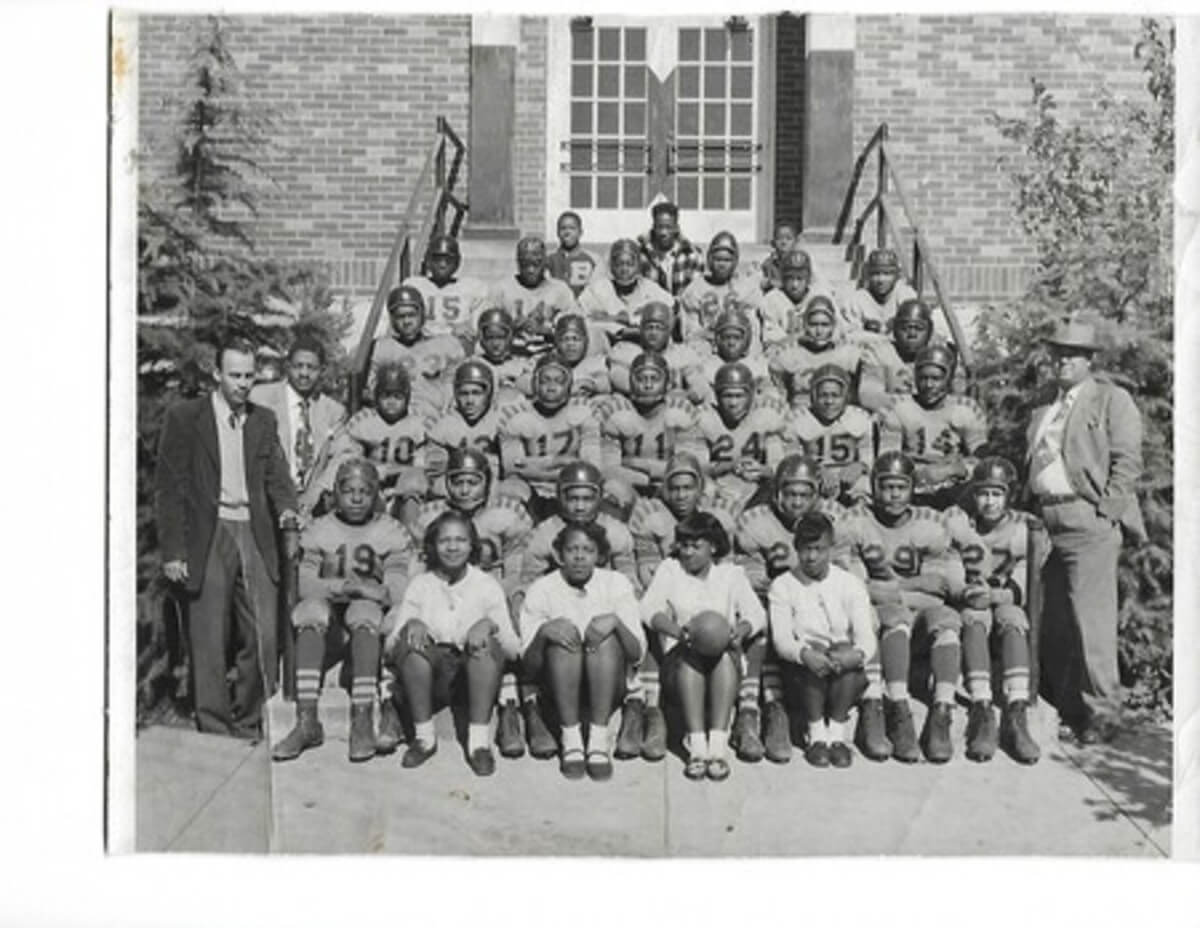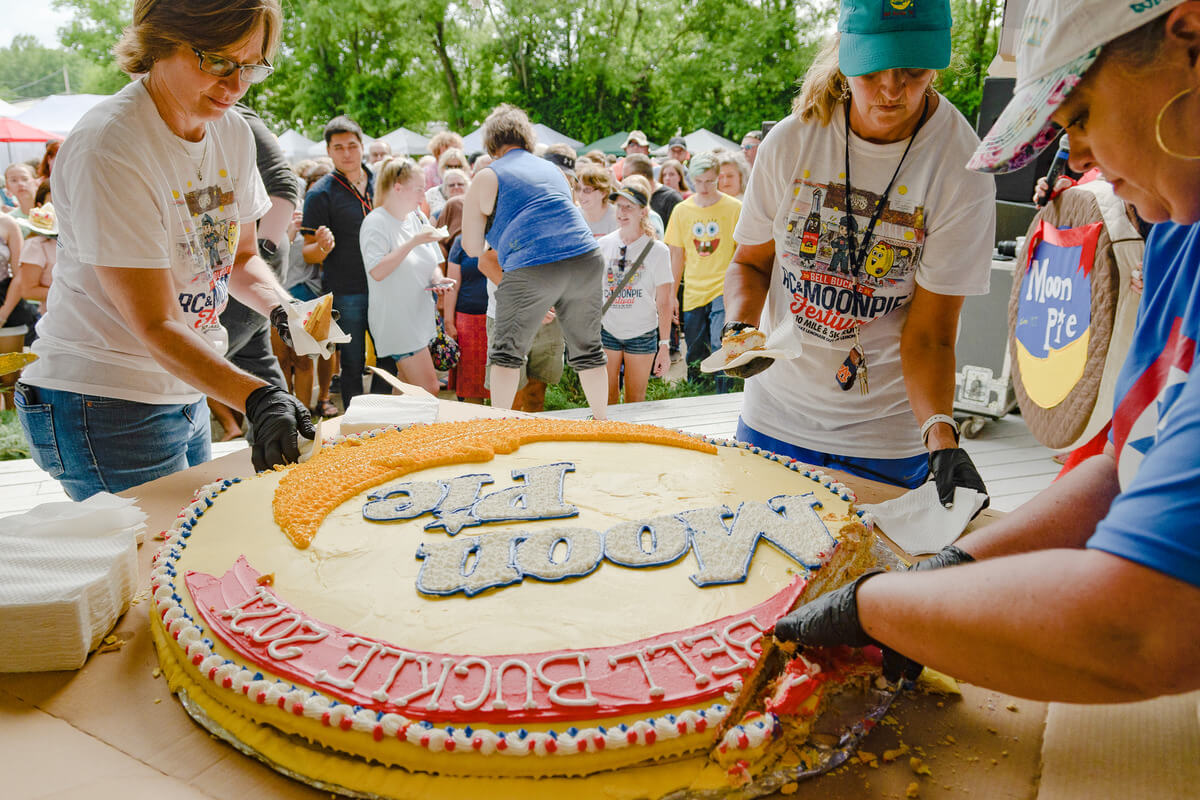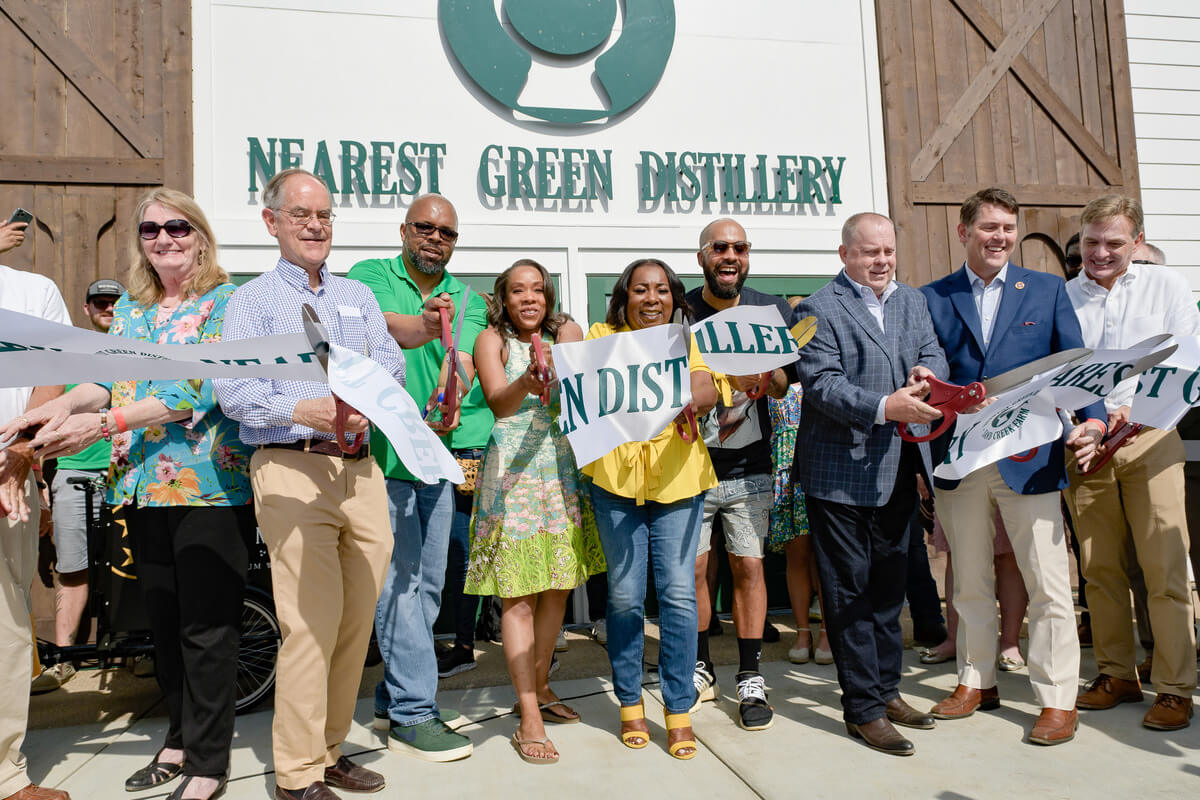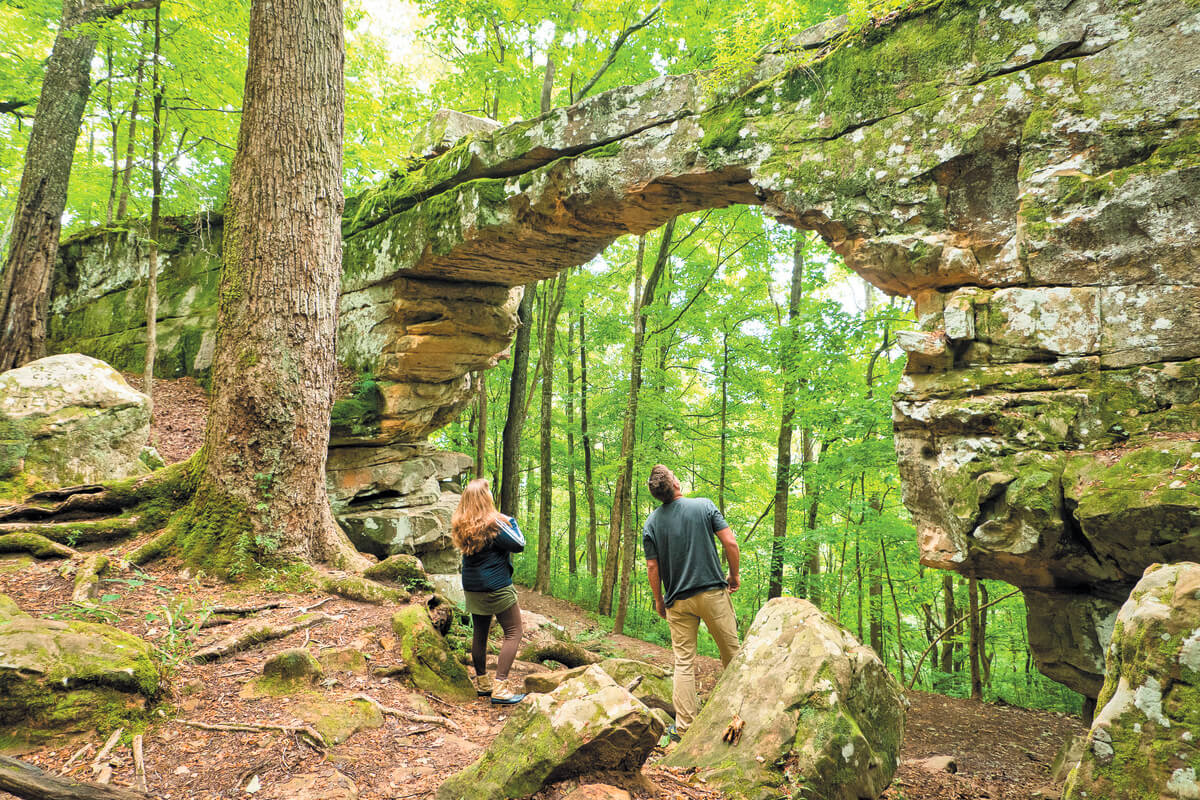AS DR. COLT Boyce walks the halls of Community Elementary School, the unmistakable sense of belonging he feels within the school’s walls doesn’t just come from doing the work he loves but from where he gets to do it. He’s traveled full circle, and all roads lead back to the elementary school of his childhood. Boyce is home, rooted in the everyday rhythm of Community Elementary School and the lingering influence of his former teachers and administrators.
His grandmother, Doris Beech, his mom, Dawn Beech Boyce, and his aunt, Kim Beech Hillard, provided a firm foundation for his love for education and children in Boyce’s preschool days in their daycare. Later, as a Community High School senior and college student working in Bedford County’s School Age Care Program, he recognized that a pharmacy or pharmaceutical sales career wasn’t for him. After two semesters, he changed his major at Middle Tennessee State University and followed his heart.
“I knew that this was God’s purpose for my life, and there was no doubt in my mind I was meant to teach,” said Boyce.
But where he would teach was yet to be seen. After completing his student teaching, he accepted a fourth-grade teaching job at Community Elementary School. Boyce was home again; the classroom would be his for five years.

Boyce’s time with students in the School Age Care Program affirmed his calling, but he didn’t imagine he’d go straight into teaching at Community Elementary School or that his move to an administrative role would come so soon. He became assistant principal two and half years ago and principal of Community Elementary School on Jan. 1, 2024.
Boyce holds a master’s in library science and a doctorate in educational leadership, but he brings more than that to his new position. He brings the leadership examples of the administrators from his own school career.
“When I was growing up here, Jeff Yoes and Linda Pinkston were principal and assistant principal, and they’re the best of the best,” he said. “I wanted to do something similar to what they’ve been able to do. They left an impact here at this building, and I thought, ‘If I can do that for somebody else, I want to be part of that.’”
Whether it’s finding ways to engage students amid today’s digitally-distracted world or supporting teachers and administrators, one core connection is at the heart of the impact he hopes to leave.
“Today’s educators have a bigger challenge ahead of them than [ever before]. It’s harder to engage kids, so getting creative is important. It all comes back to relationships,” said Boyce. “Each student needs different things, so you’ve got to make sure you’ve got a good foundation. Building relationships with kids is the best way to reach them. Even though I don’t have a classroom, my classroom is the 670-something kids in our building. So being present, knowledgeable, seen, and getting to know them and their families is something that, in my opinion, you’ve got to do to be successful in administration or leading the school.”
His roots are the building blocks of relationship building.

Boyce said, “Relationships are continuous. You still have to build relationships and work on those; that’s an ongoing thing. But I have initial relationships with people out here. I know the people, so I know where we need to go, and I don’t have to spend as much time figuring out everyone’s strengths and weaknesses.”
The heart of his leadership goals rests on relationships — caring about everyone around him and seeking to understand and improve their day-to-day circumstances. His goal is to see Community Elementary School faculty and staff feel supported daily. His passion is further fueled by sharing in the growth and well-being of those around him.
“My favorite thing about my job is having the opportunities to make a meaningful and positive impact on the lives of Community Elementary School students, faculty, and families. The essence of my job lies in helping individuals overcome challenges, whether academic, behavioral, or anything in between. There’s a profound sense of fulfillment that comes from guiding others to achieve things they never thought possible,” he said.
Recognizing that not everyone answers their calling to become educators, Boyce encourages future teachers to give teaching a chance despite an often negative narrative surrounding the career today.

Boyce said, “I never want to be the person that looks at somebody and tells him not to go into education. If your heart is in it, and you have a passion for kids and helping make the world a better place, this is exactly where we need people to be. We need people passionate about changing people’s lives and making a difference going into this field.”
And the measure of success will forever be connected to relationships.
“After my first full year, I hope I can look back and not just measure academics but measure impact. And we do that by looking at the whole child and the progress we’re making in all areas, not just academics. Yes, that’s important. But also, are we growing as a community and as a school?” he said. “I want this school to be a place where teachers and faculty want to work and students want to learn, so if we can say that, I think we’ve succeeded.”
Success sounds a lot like home. Now that’s full circle. GN





